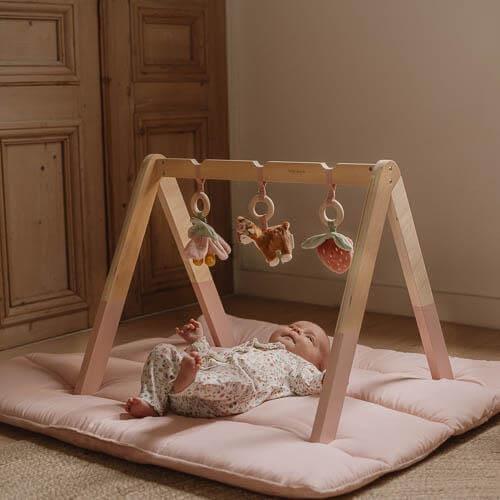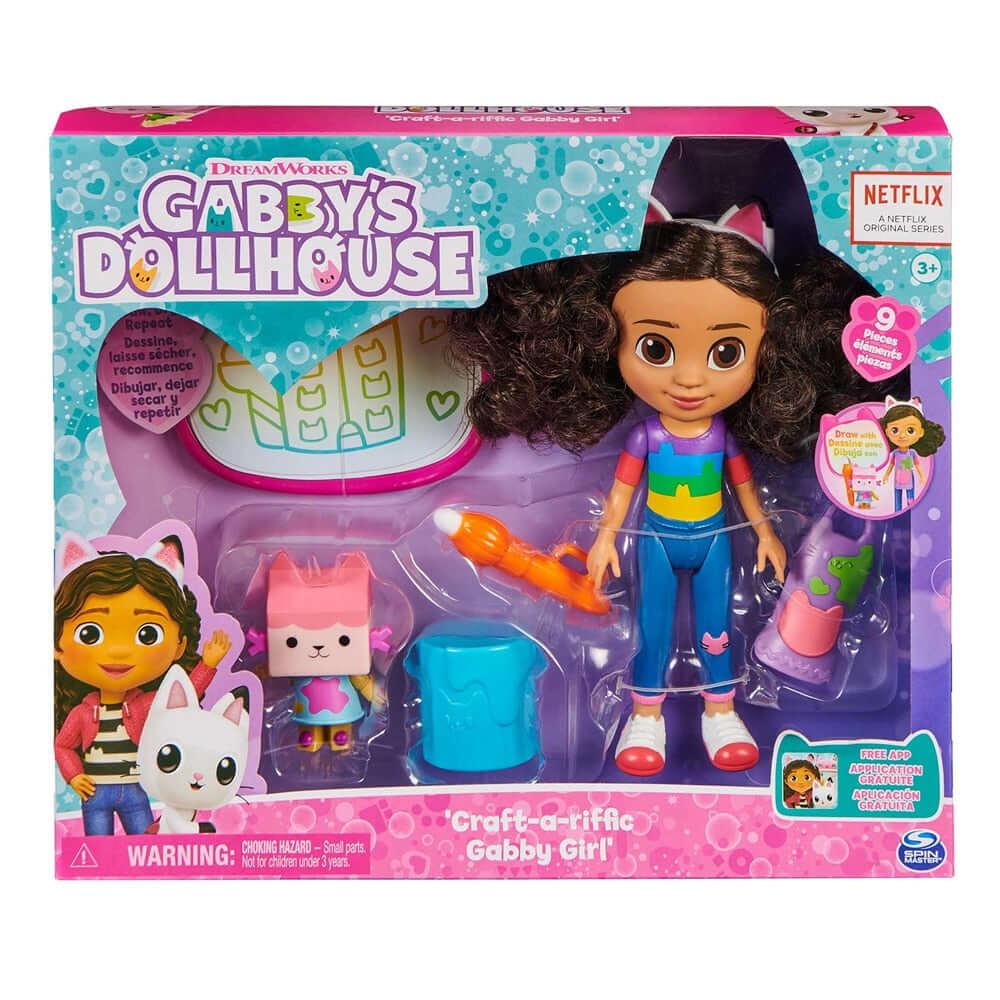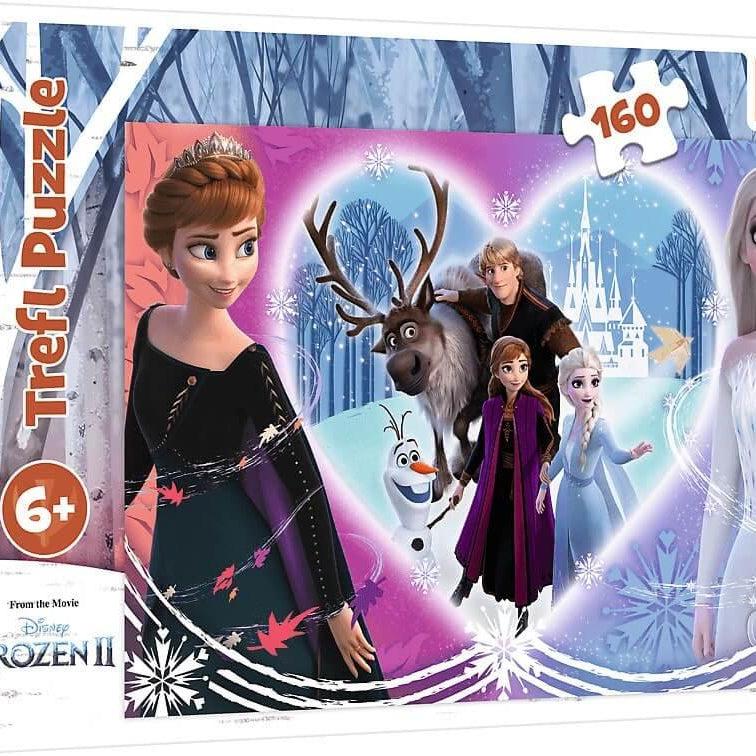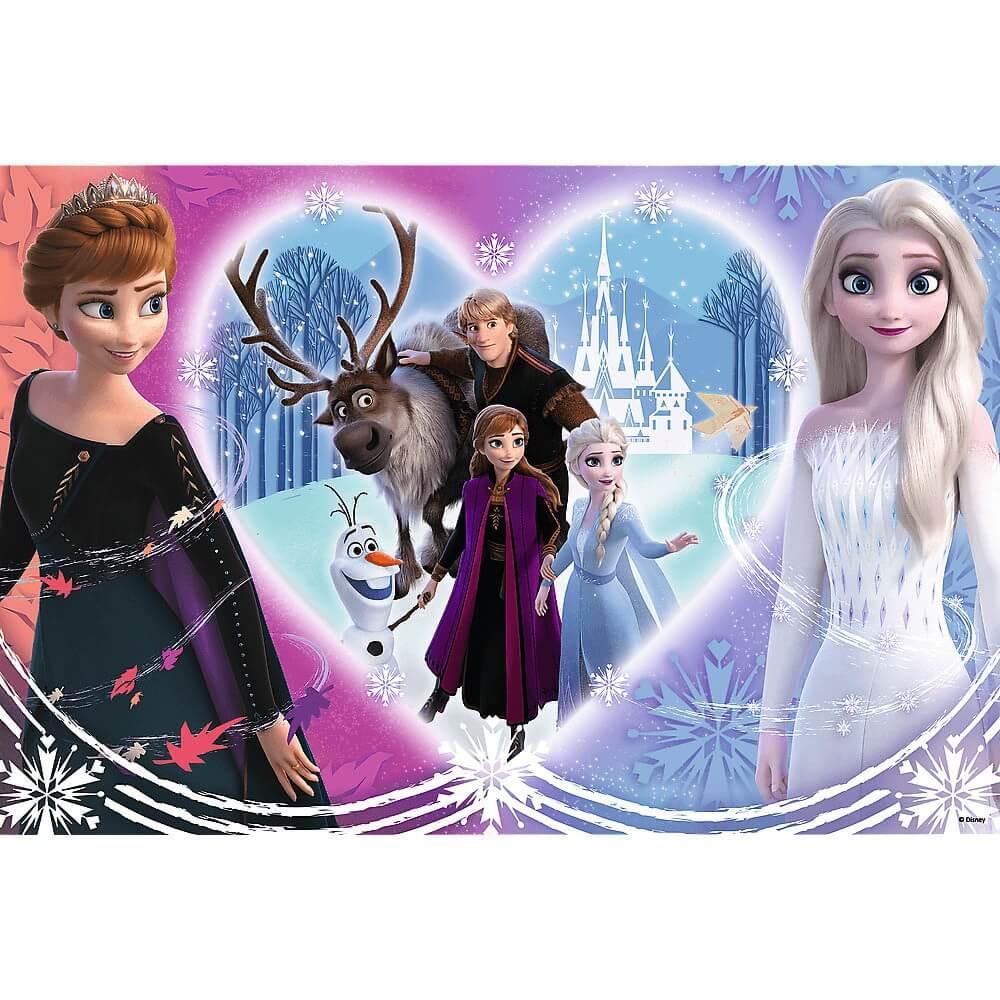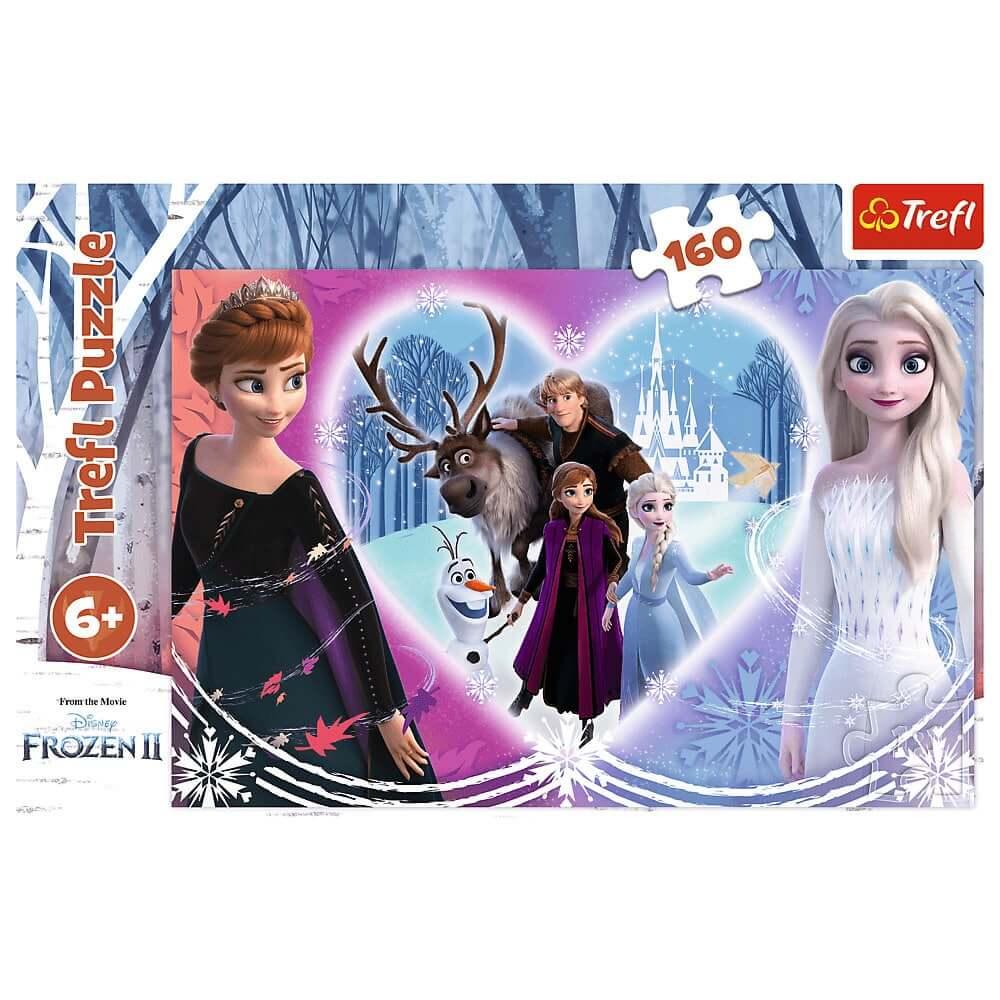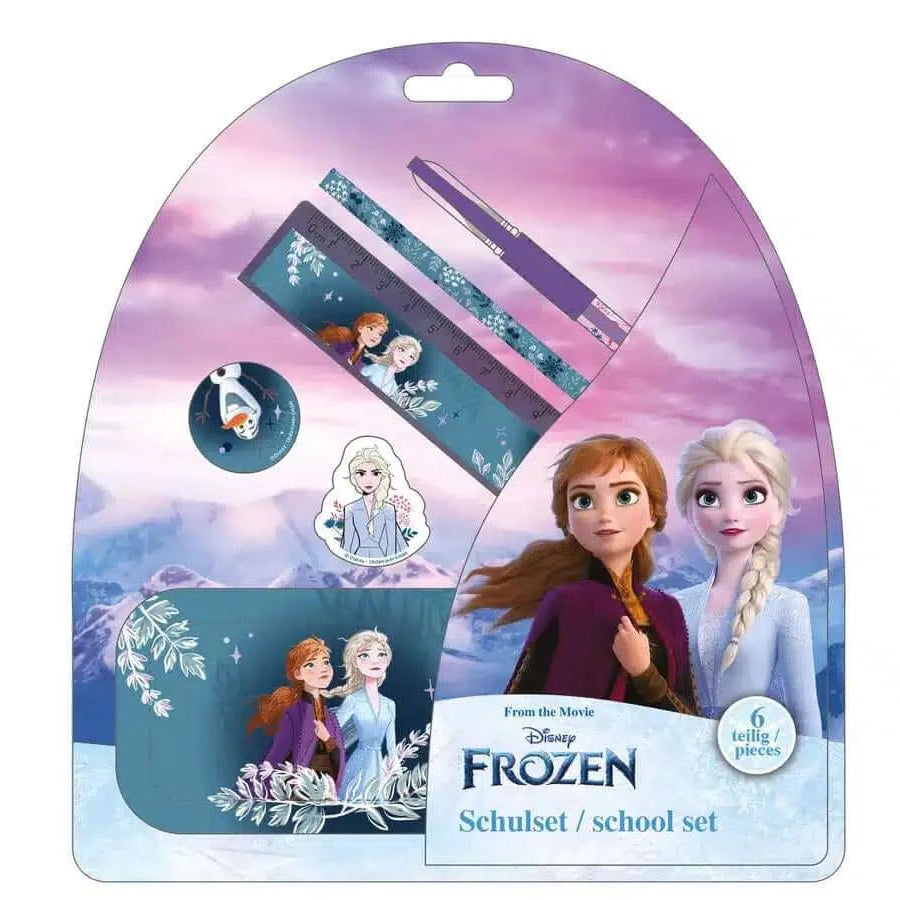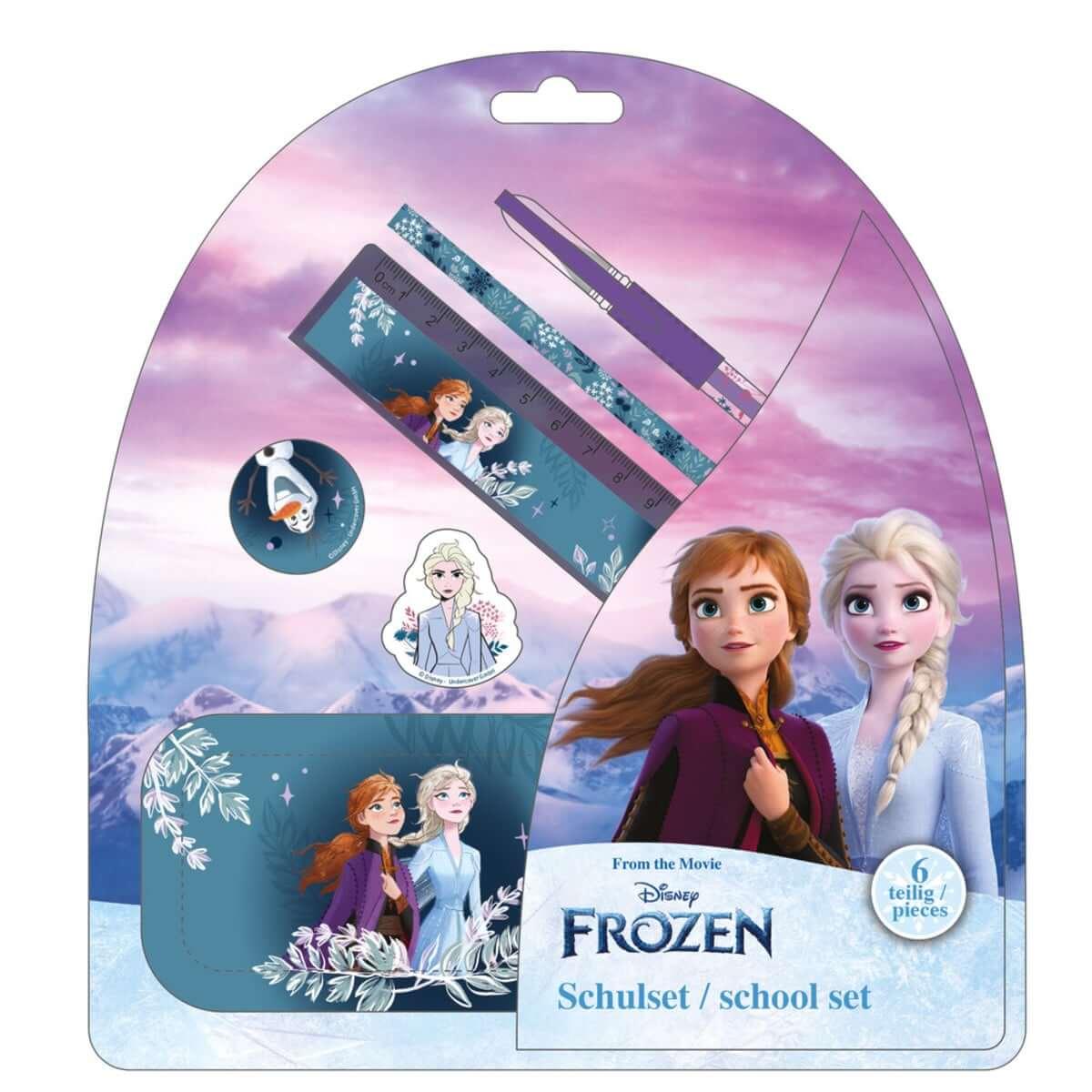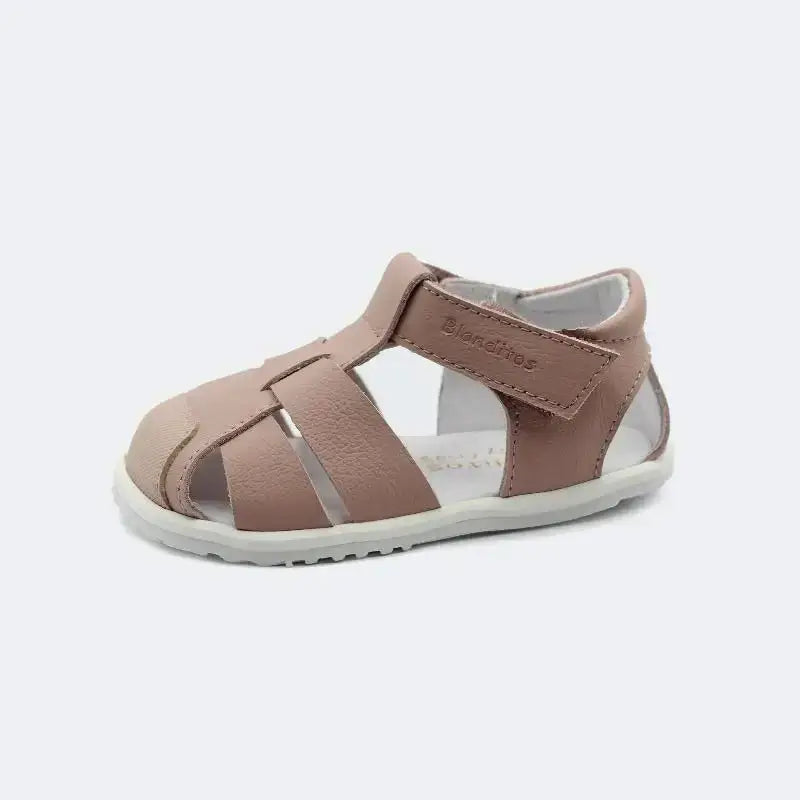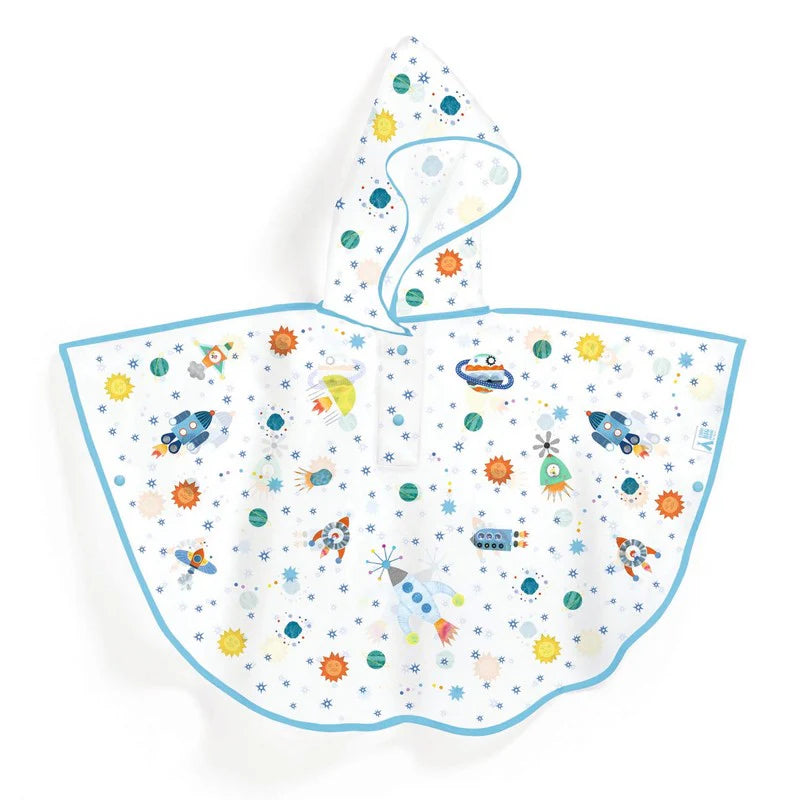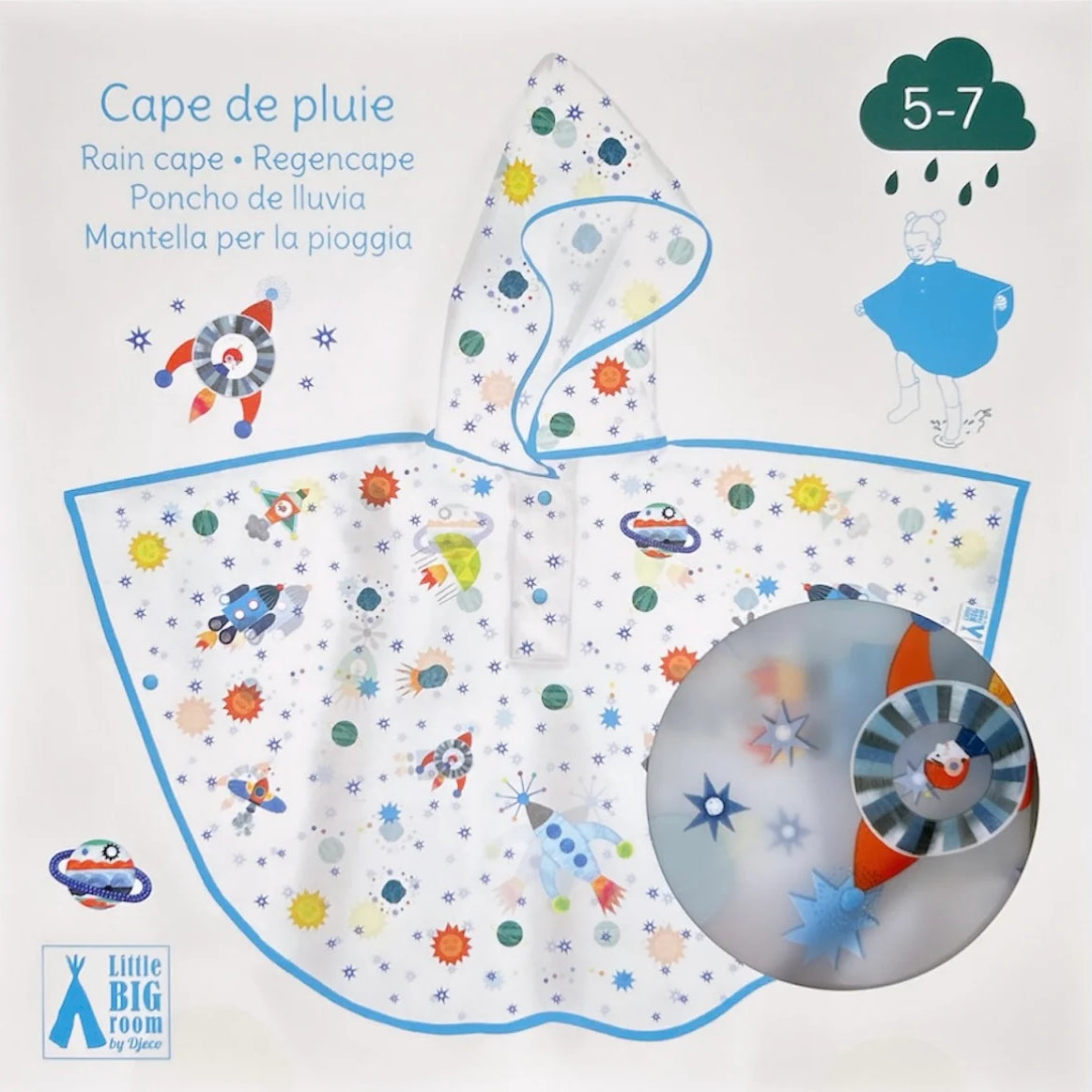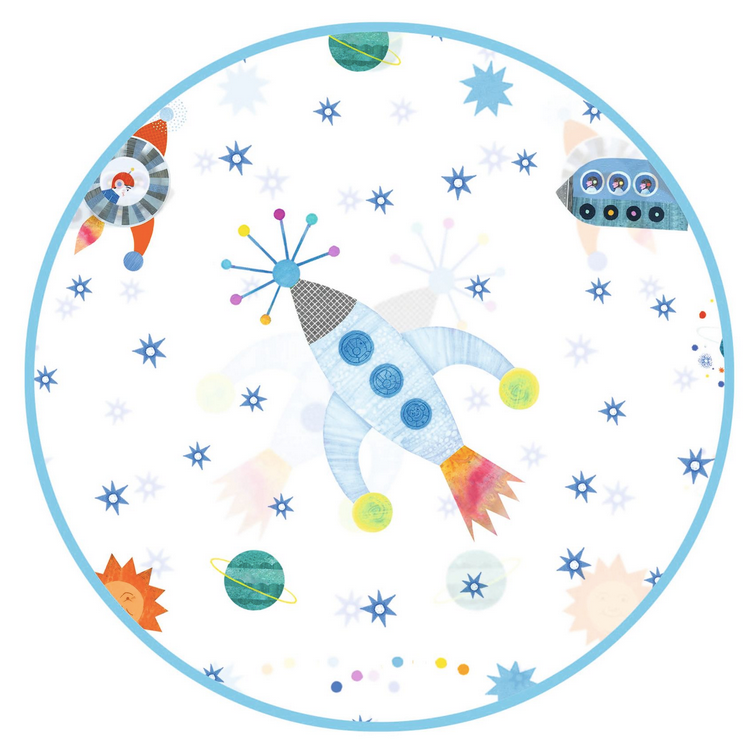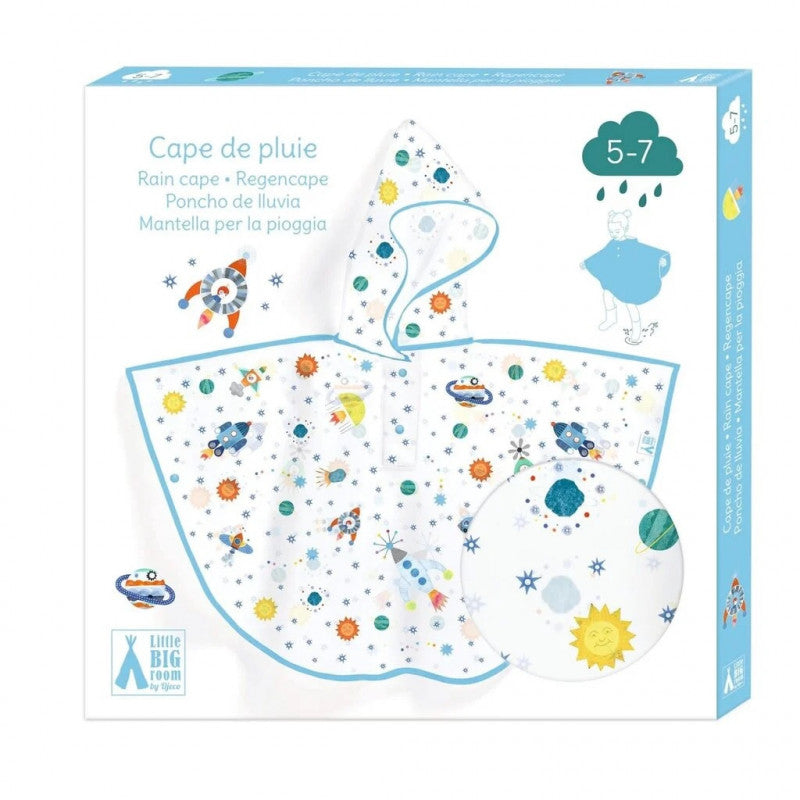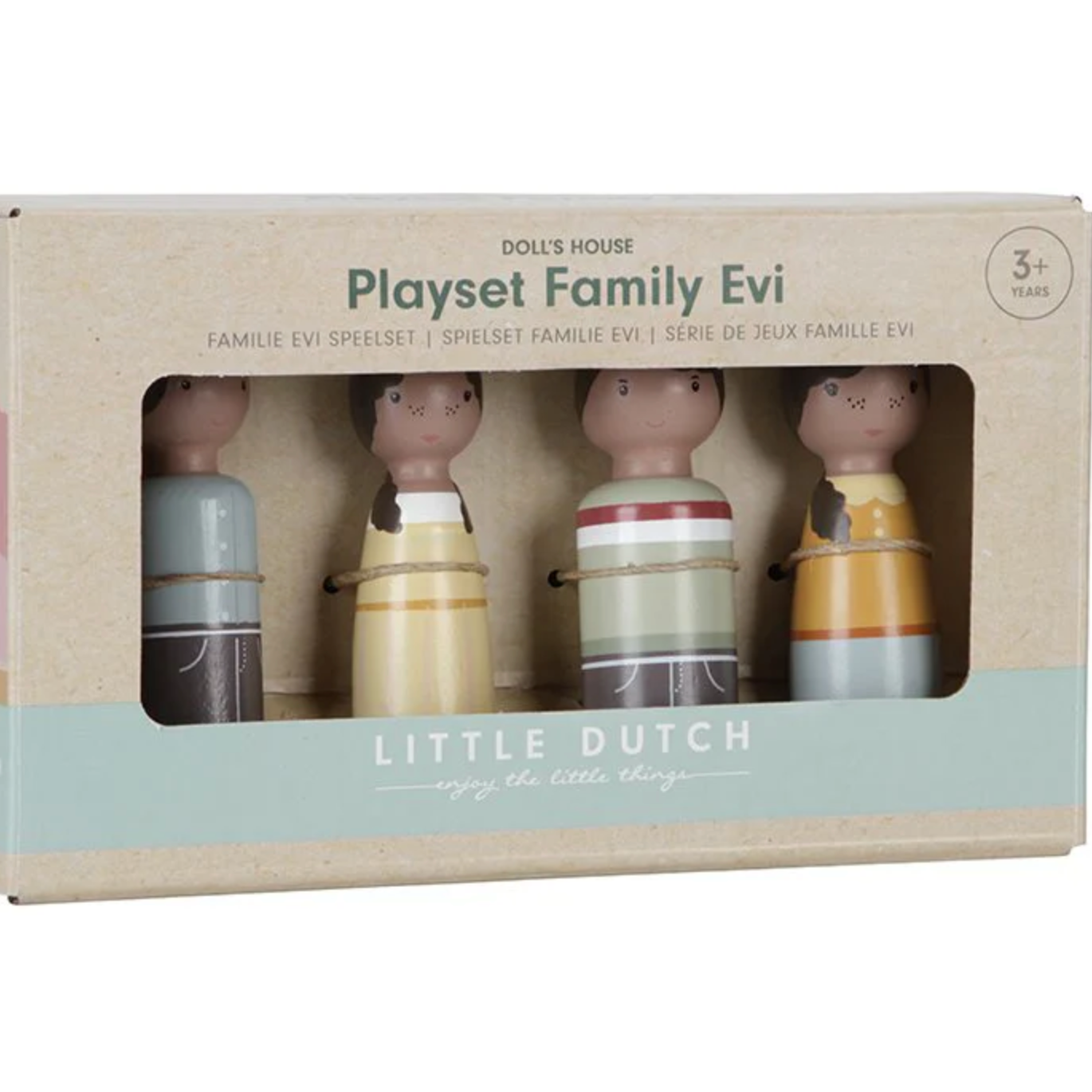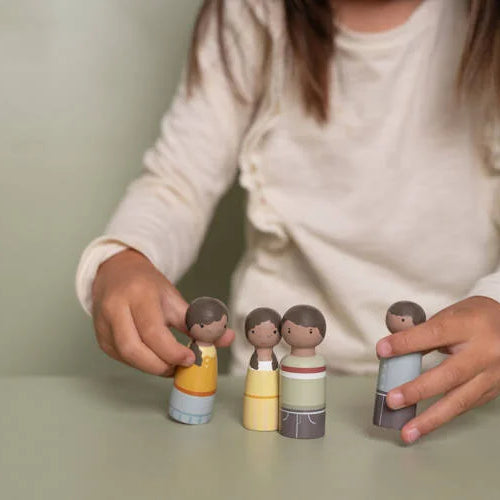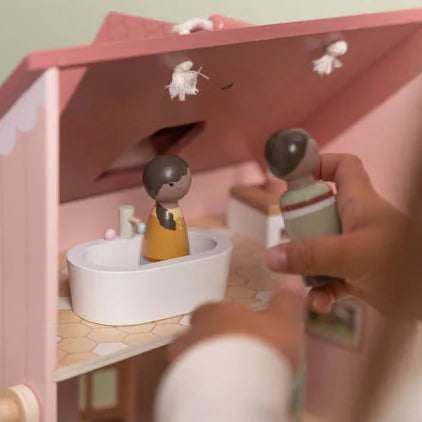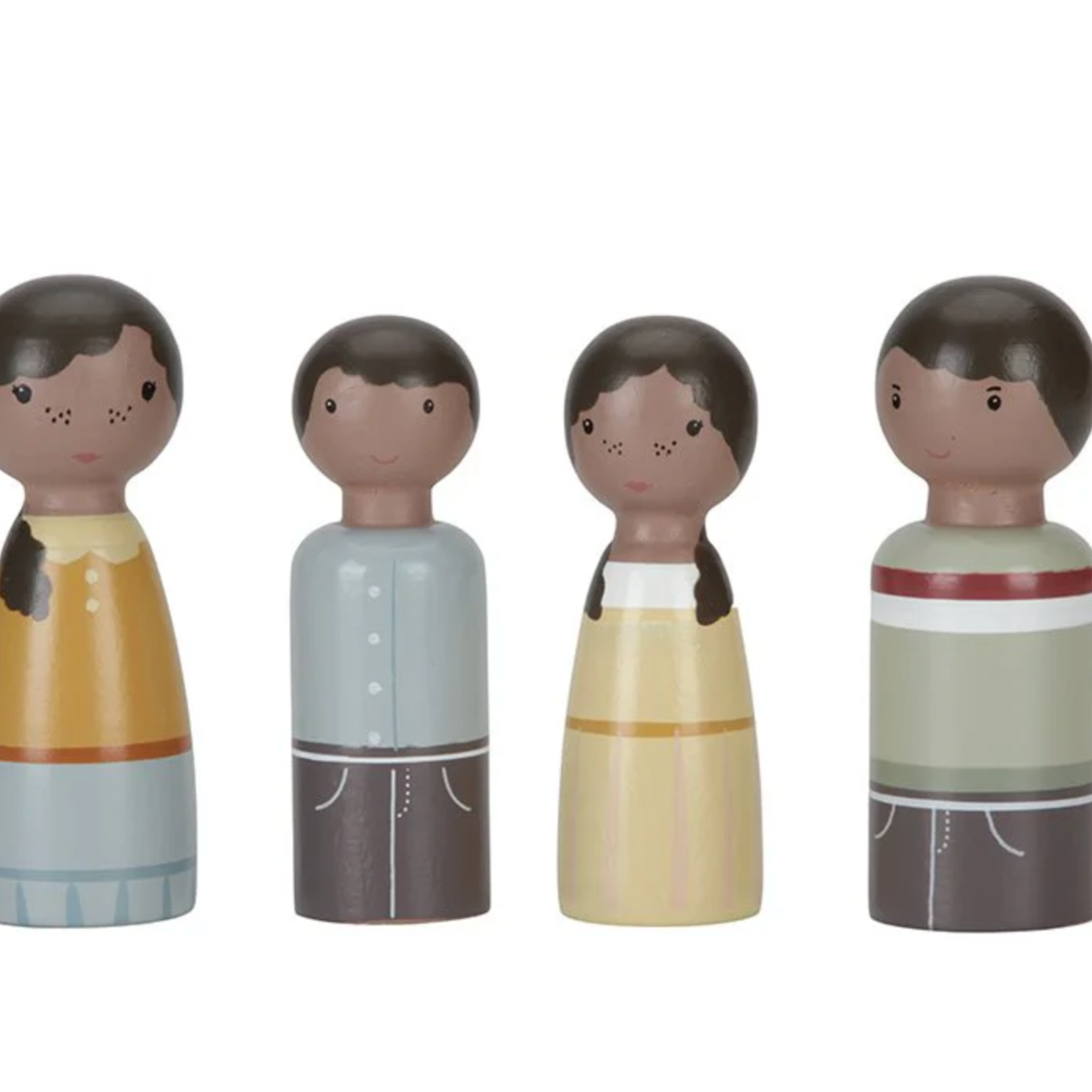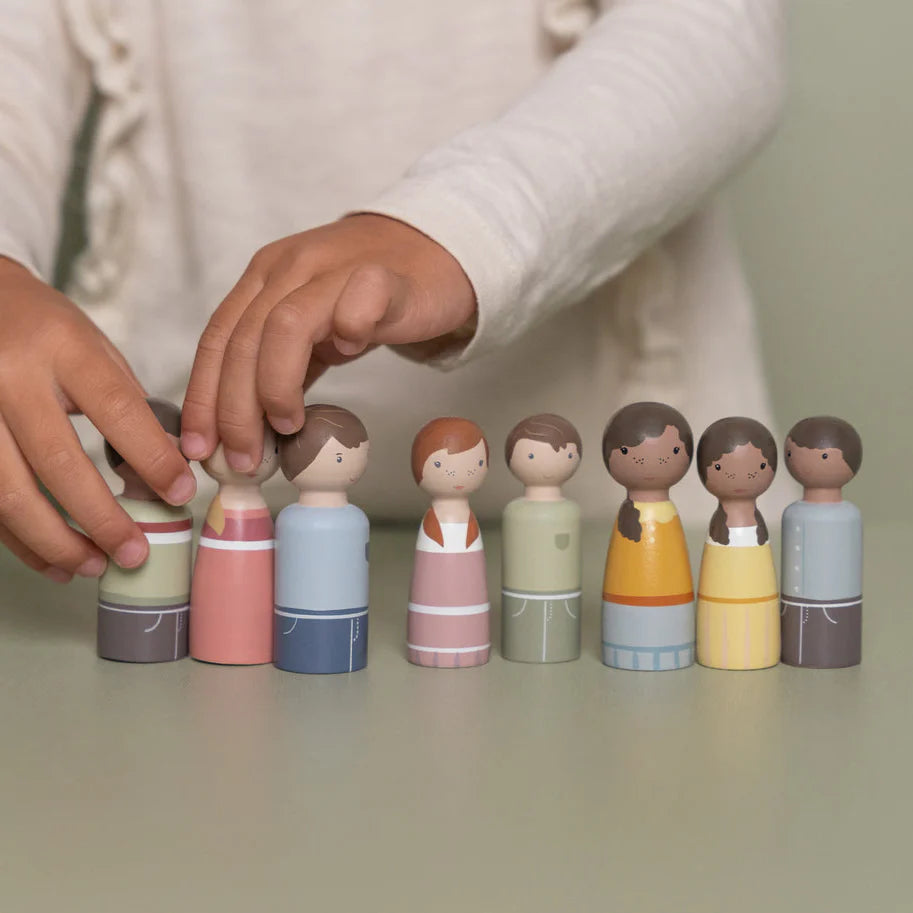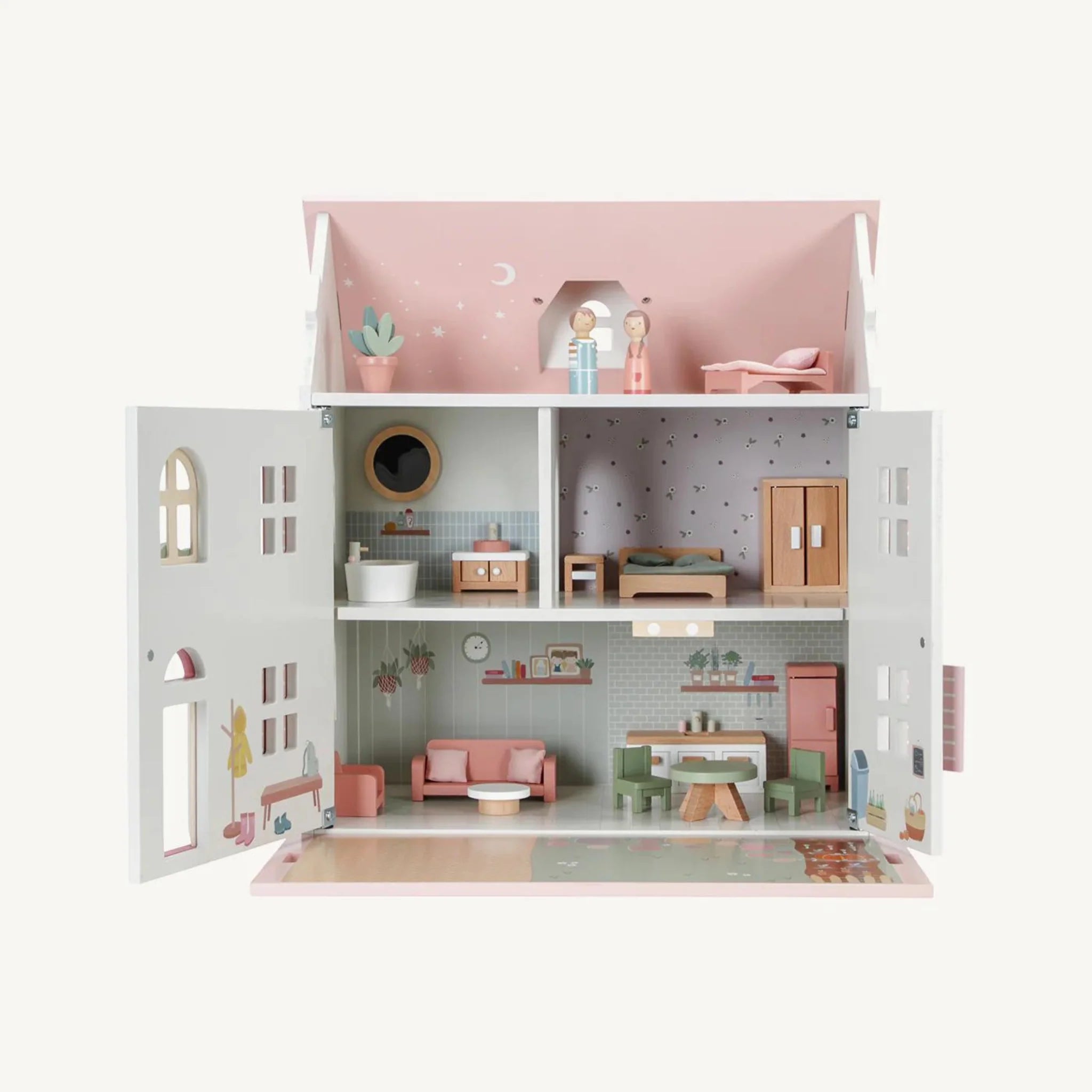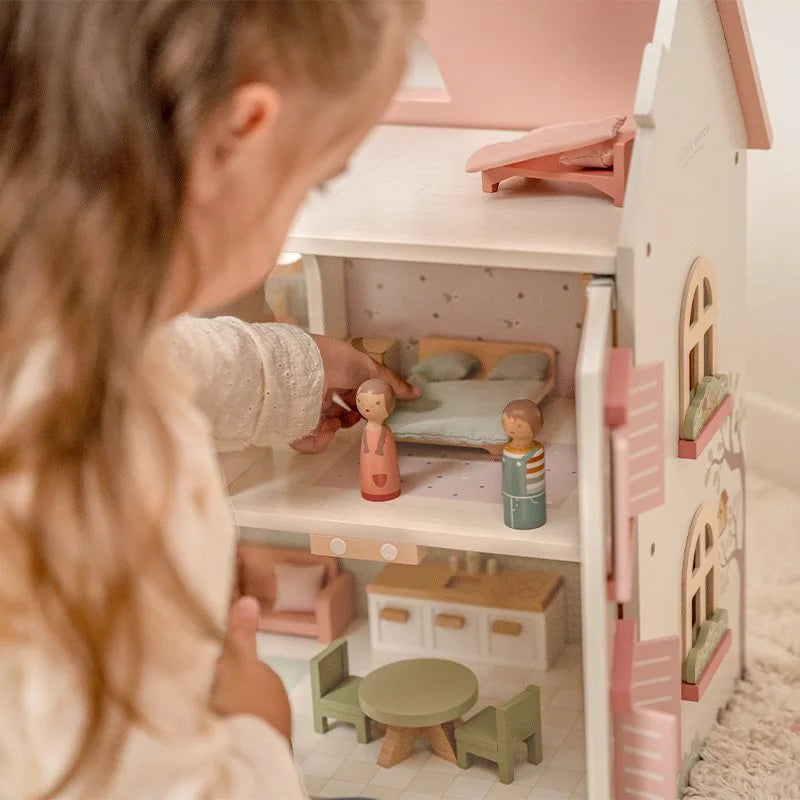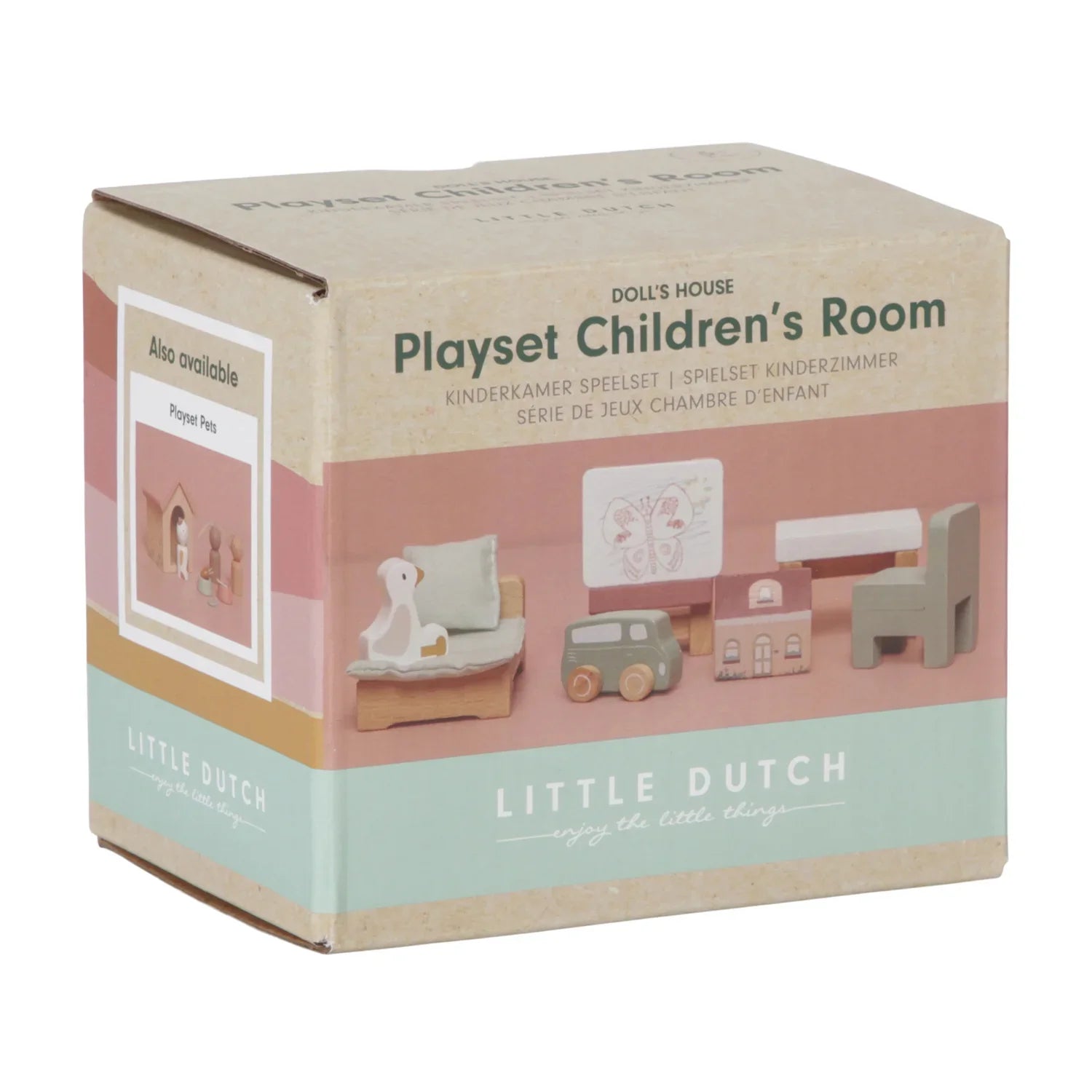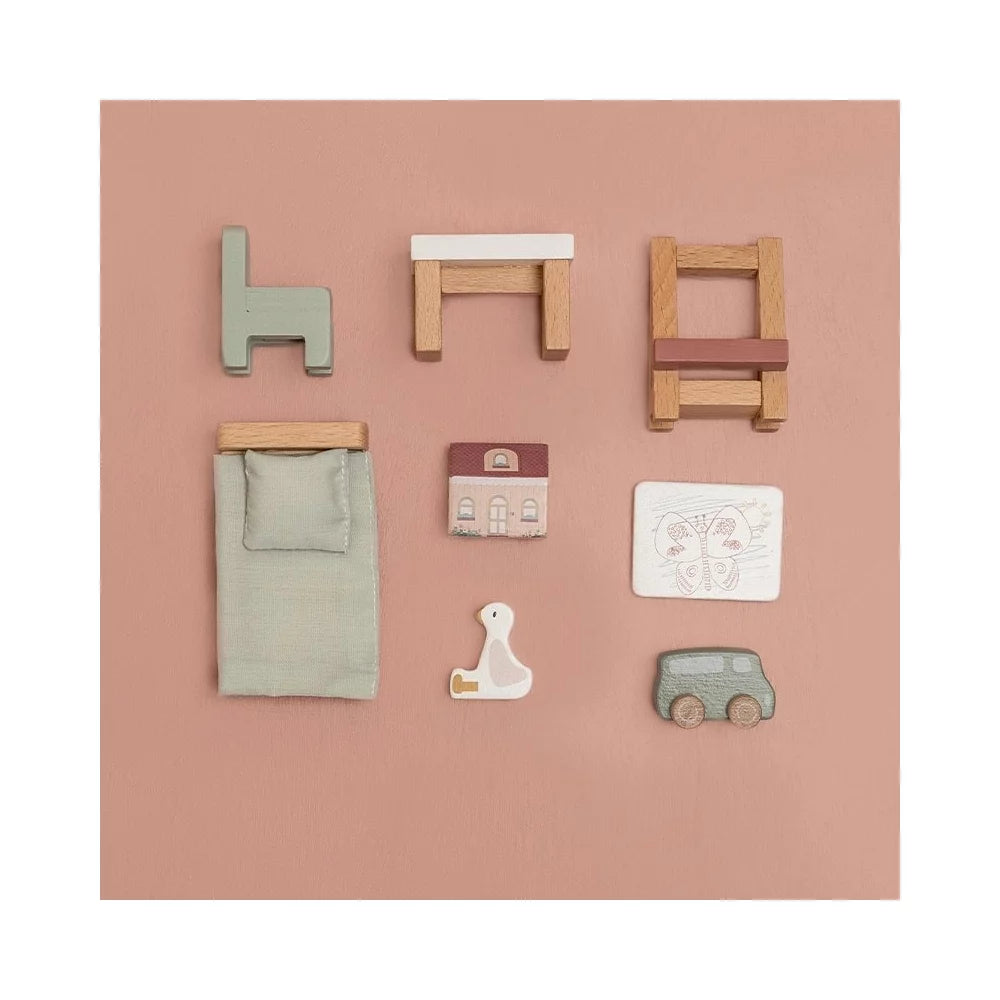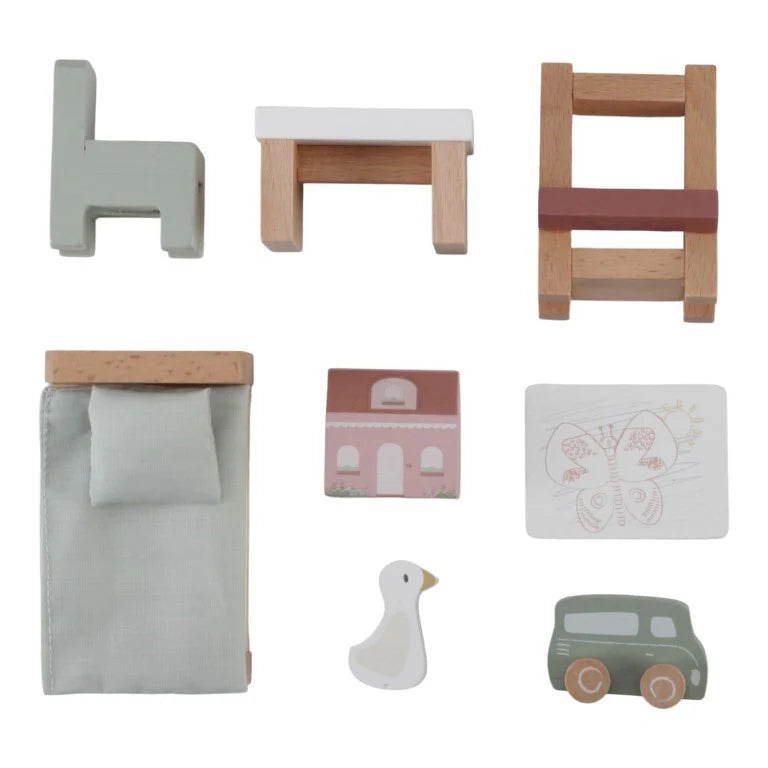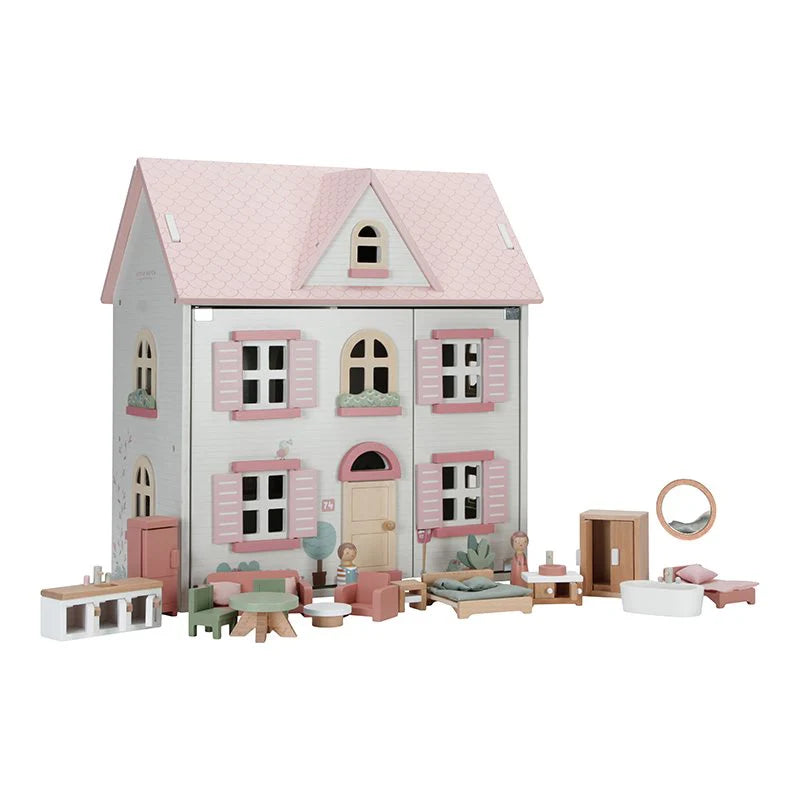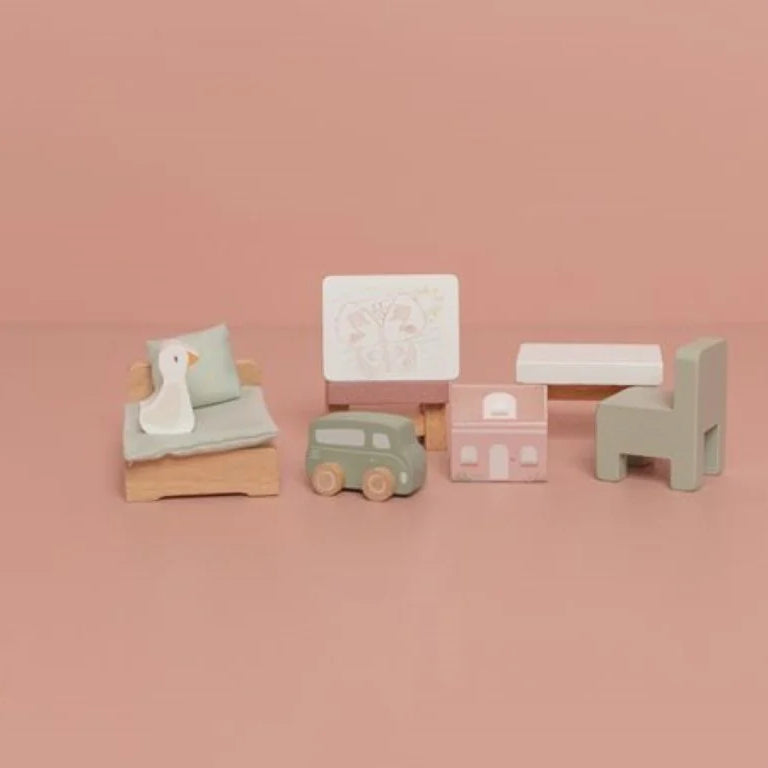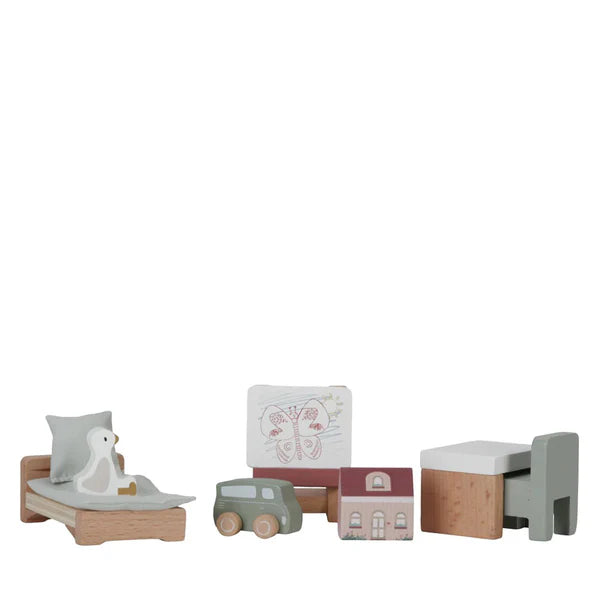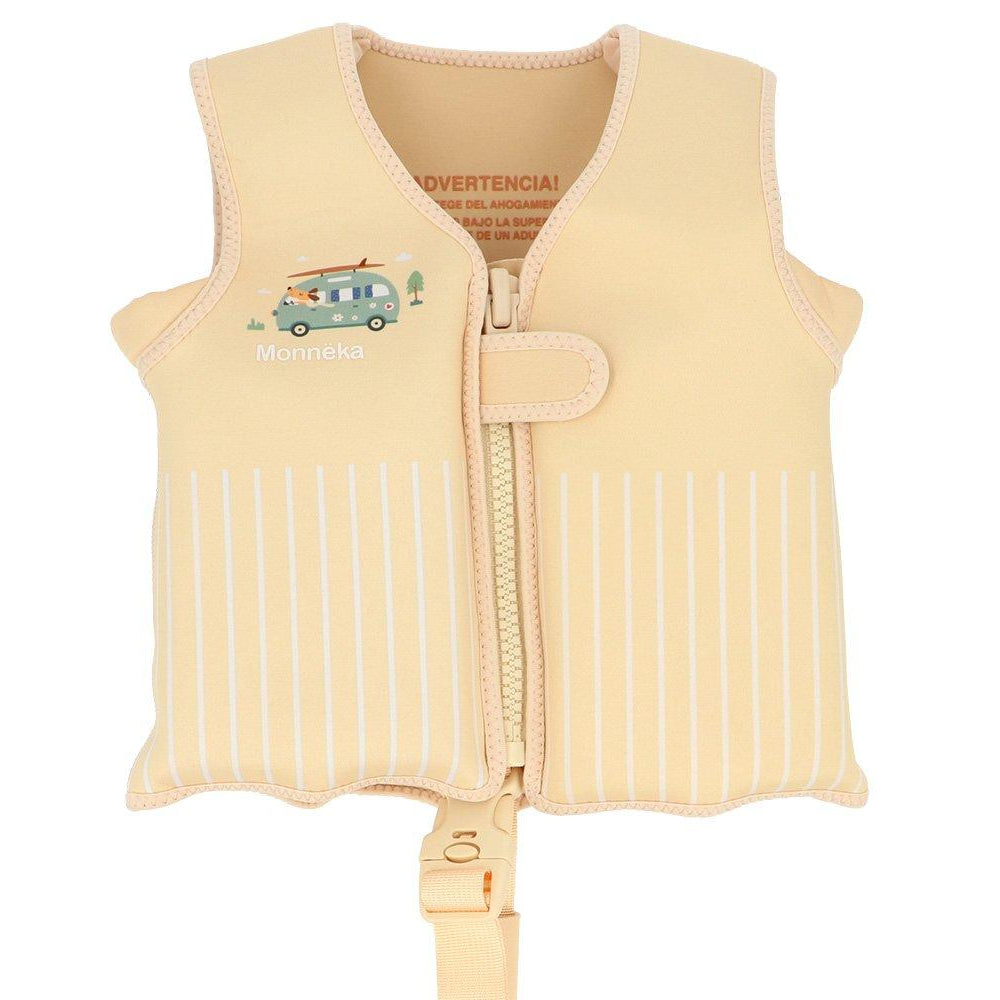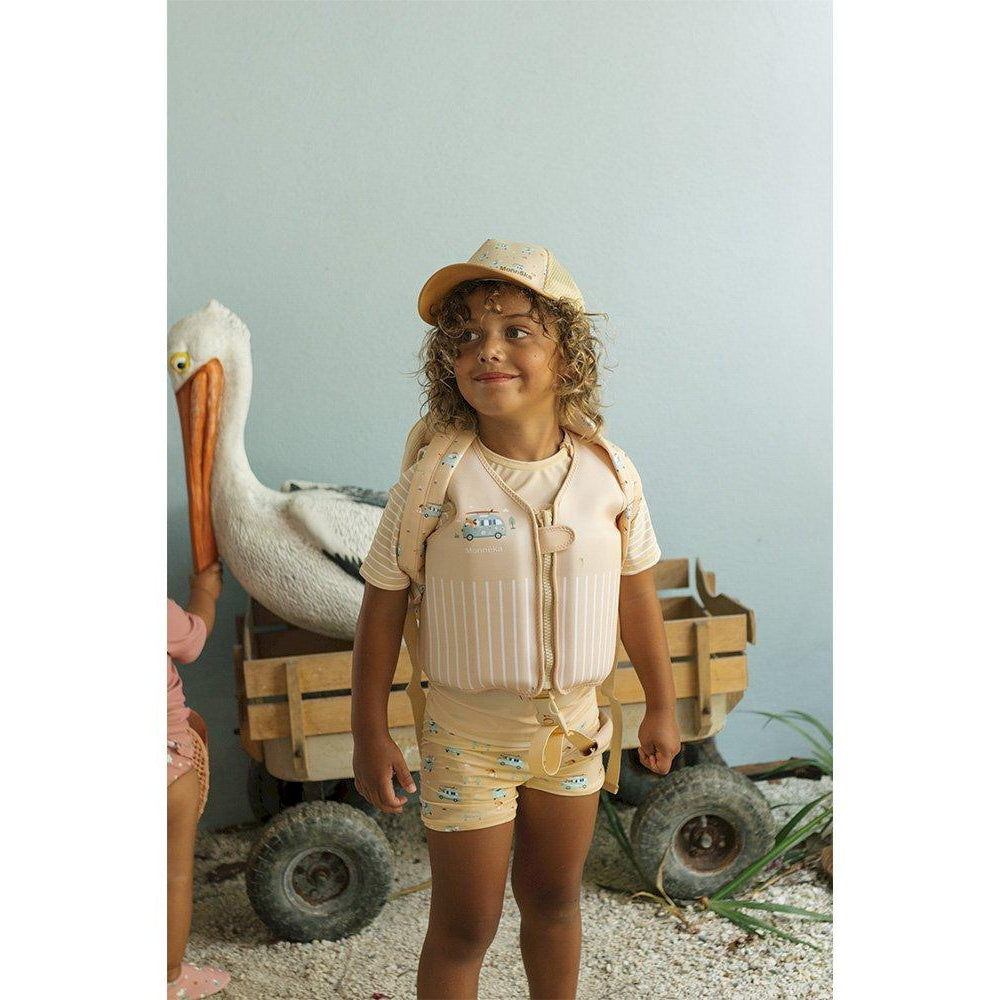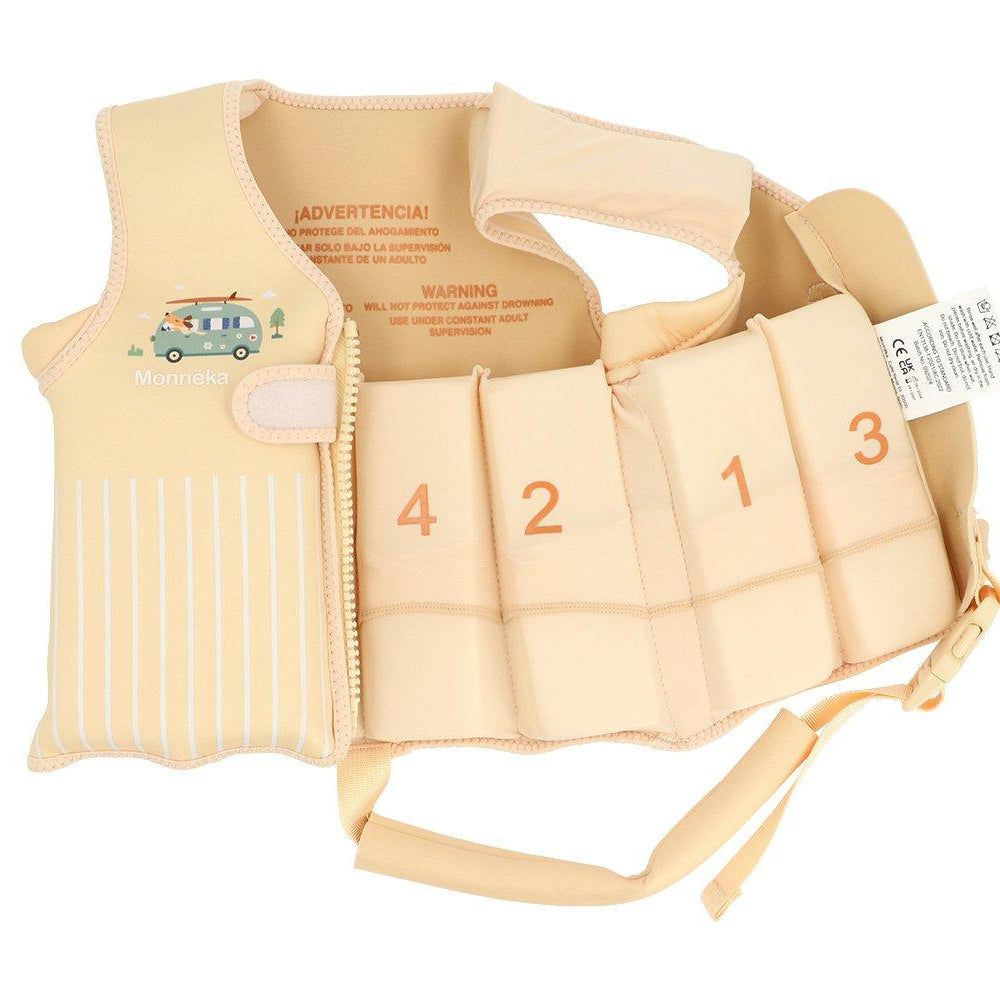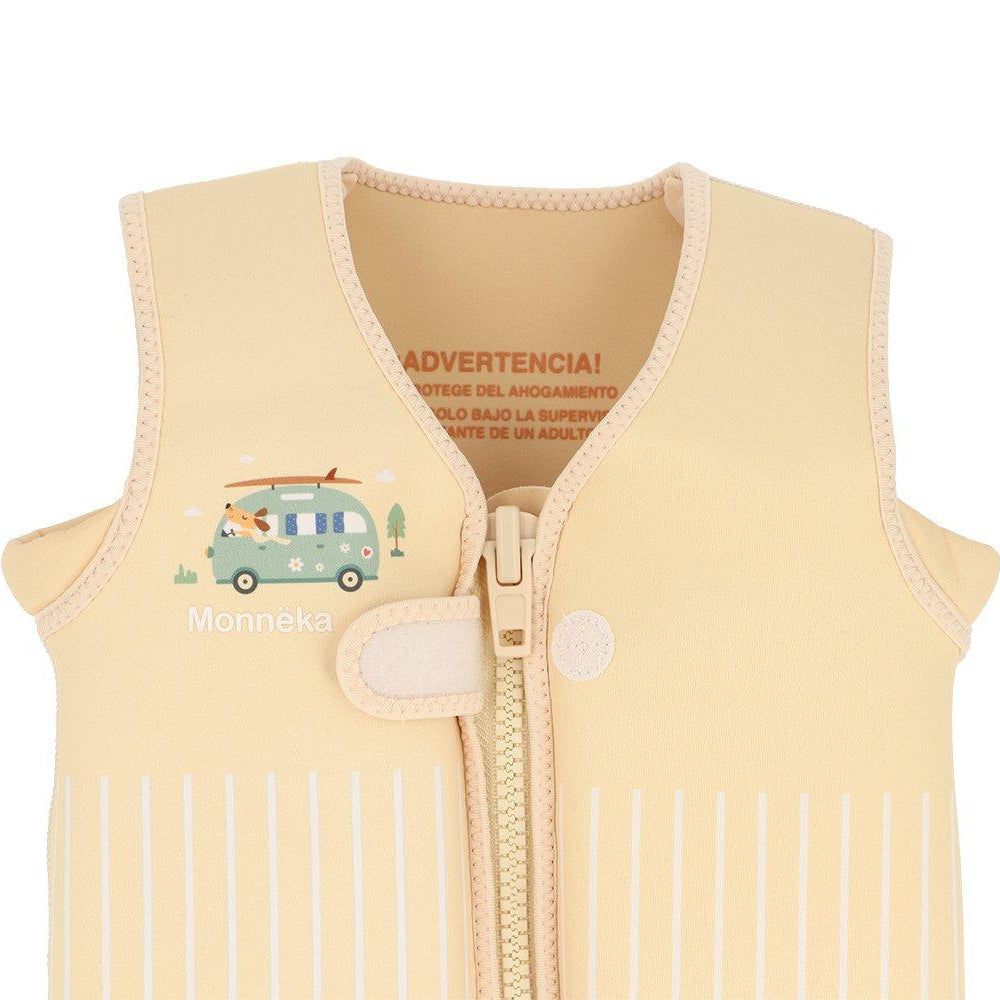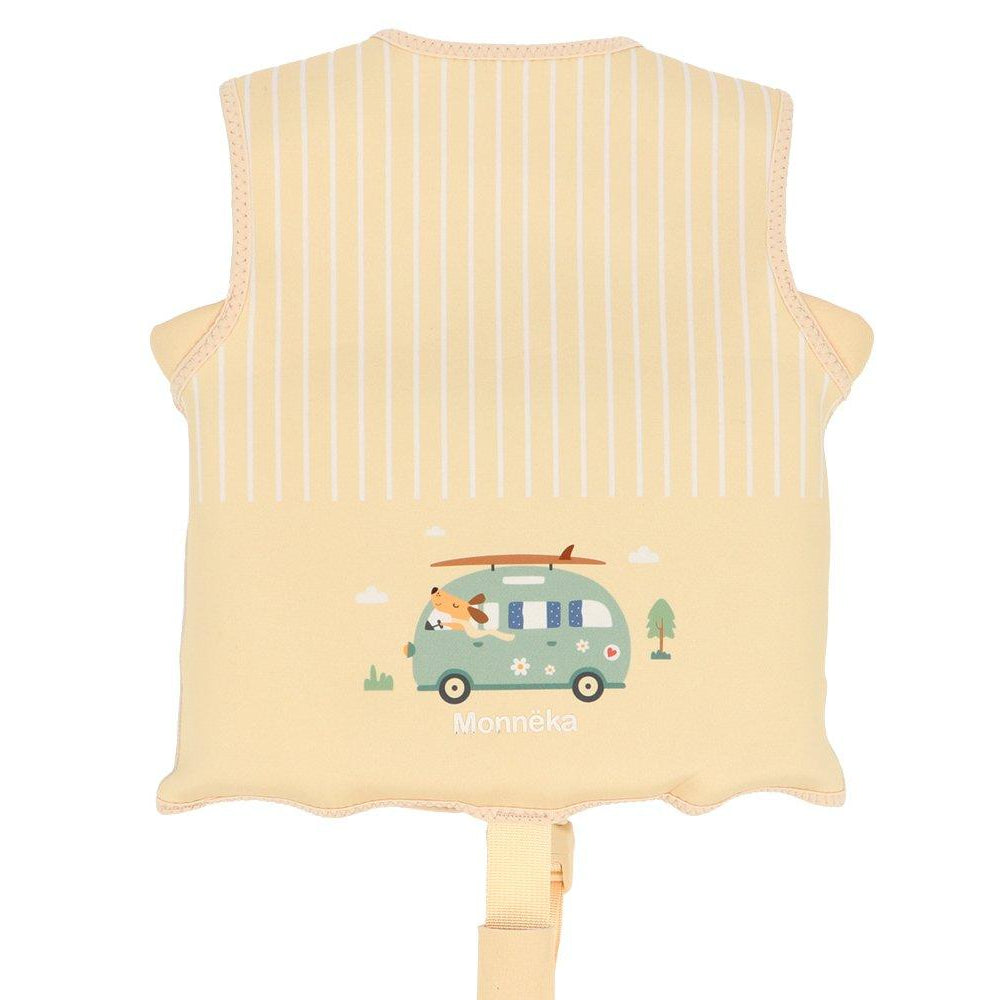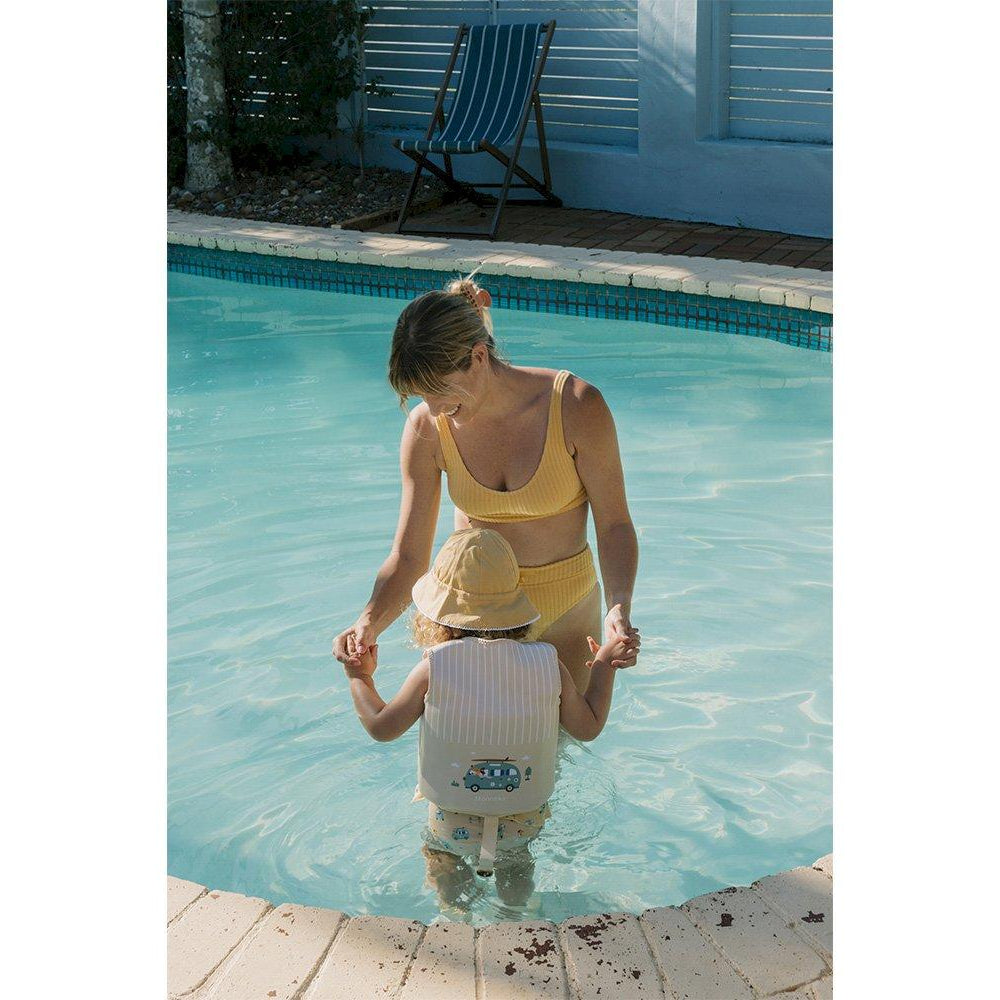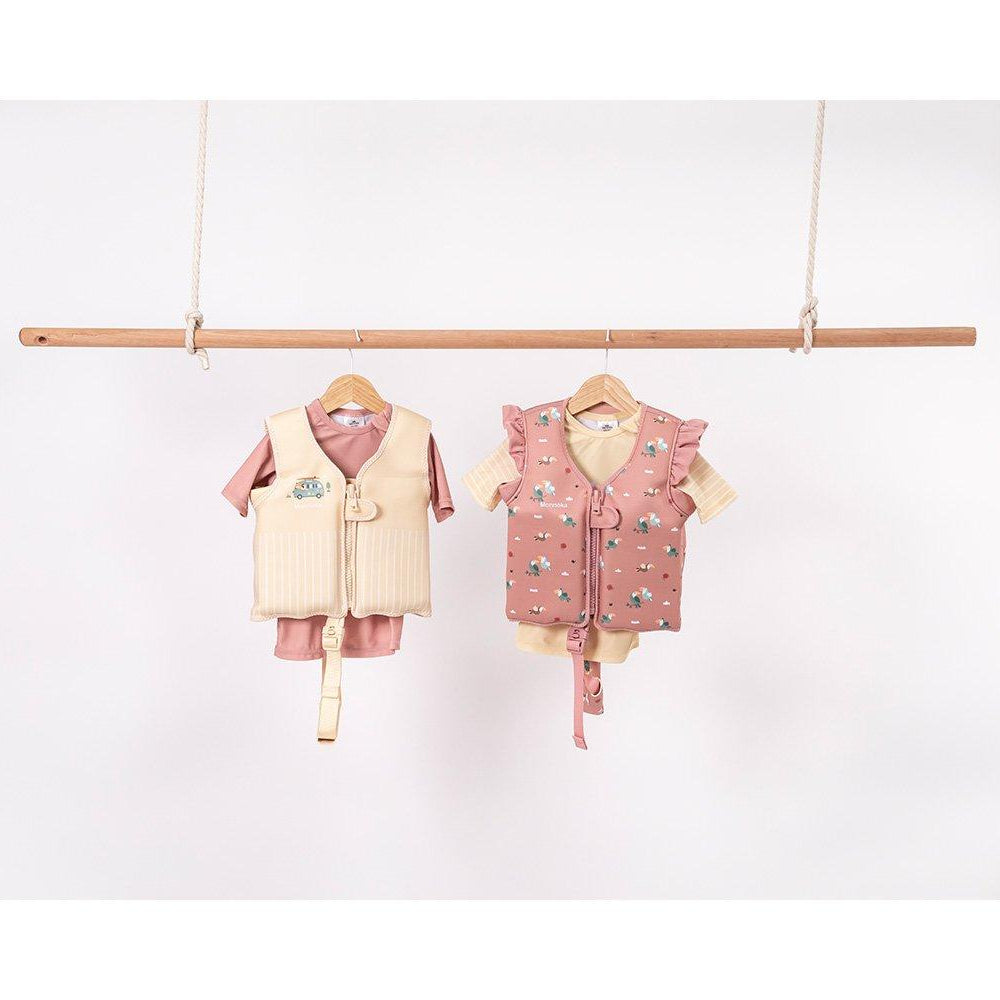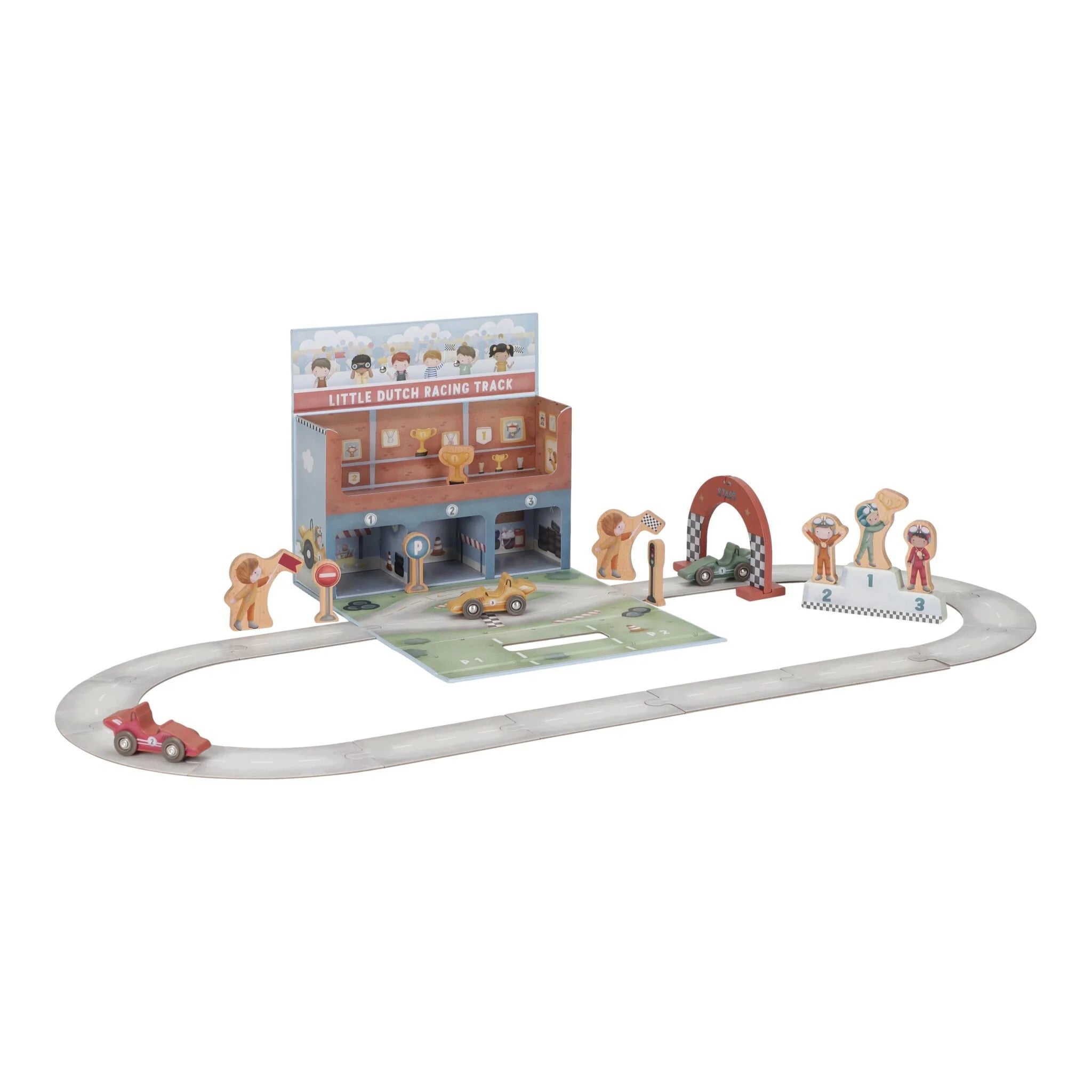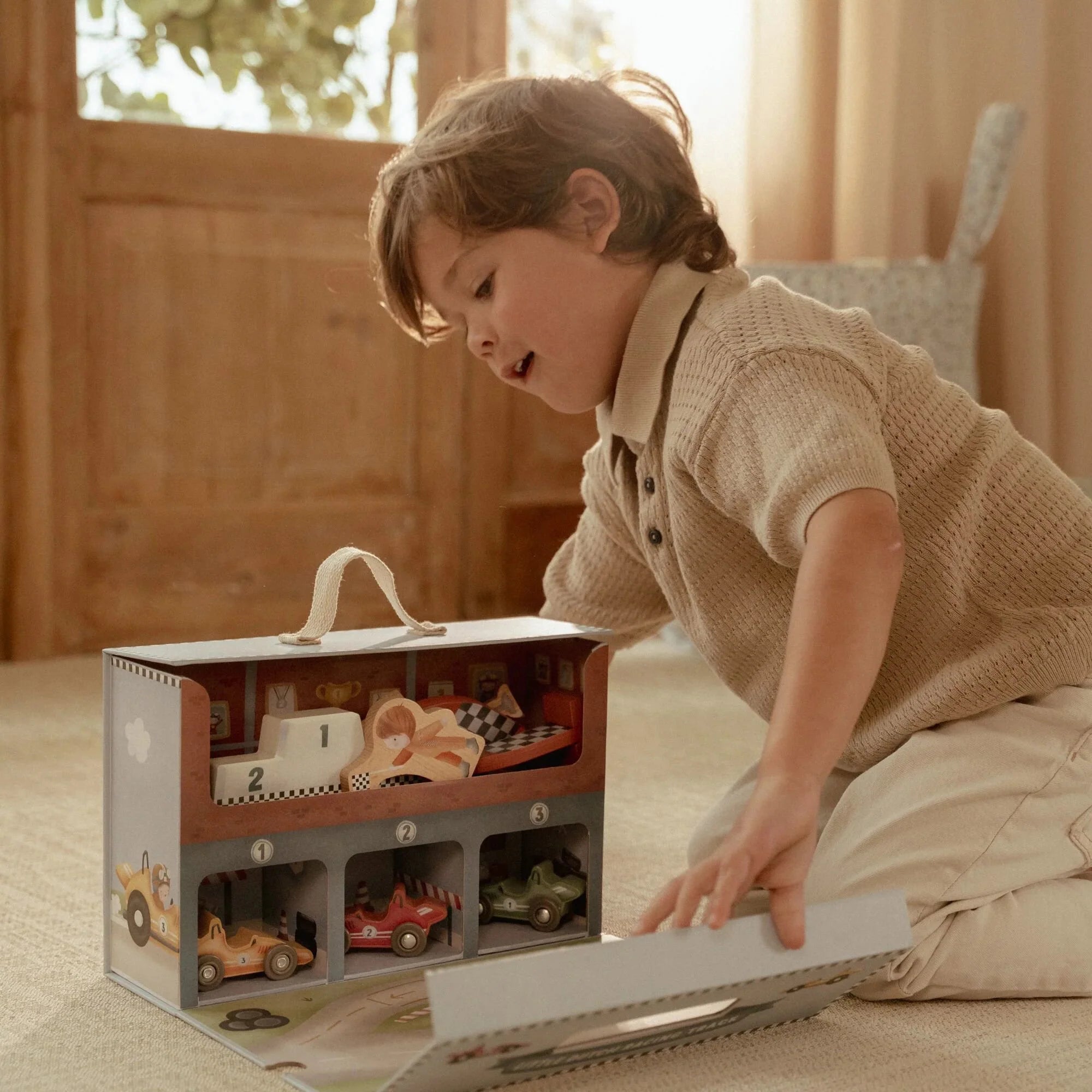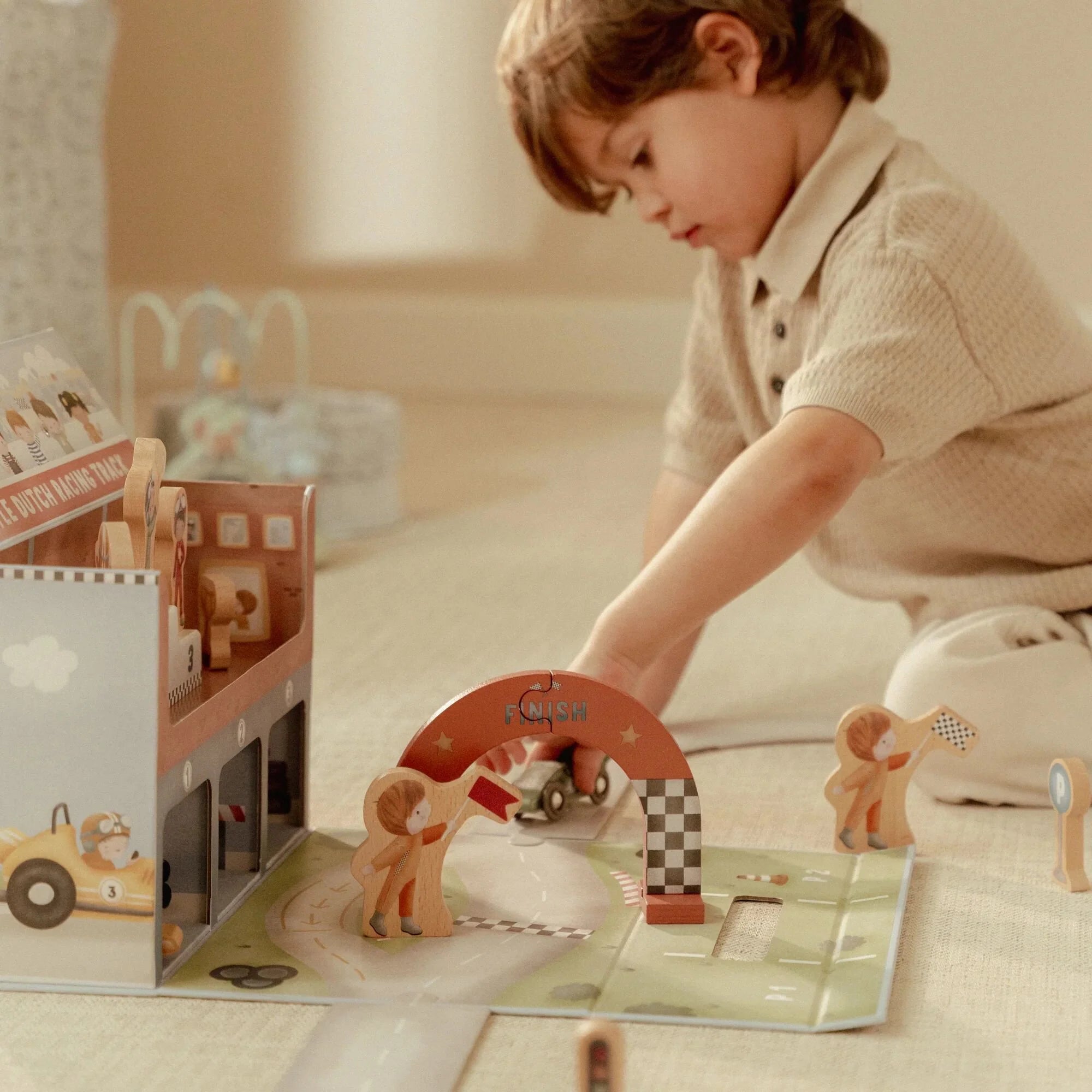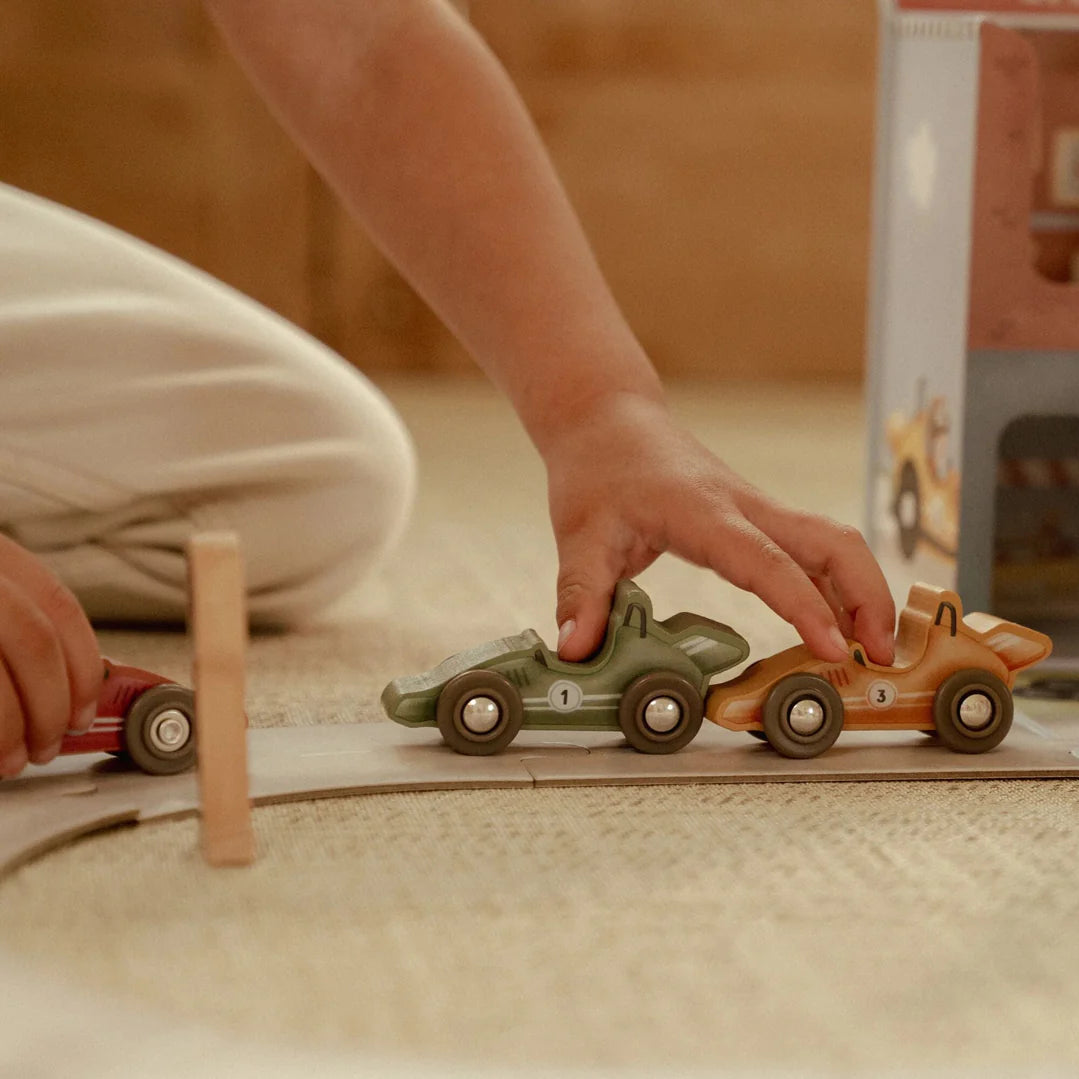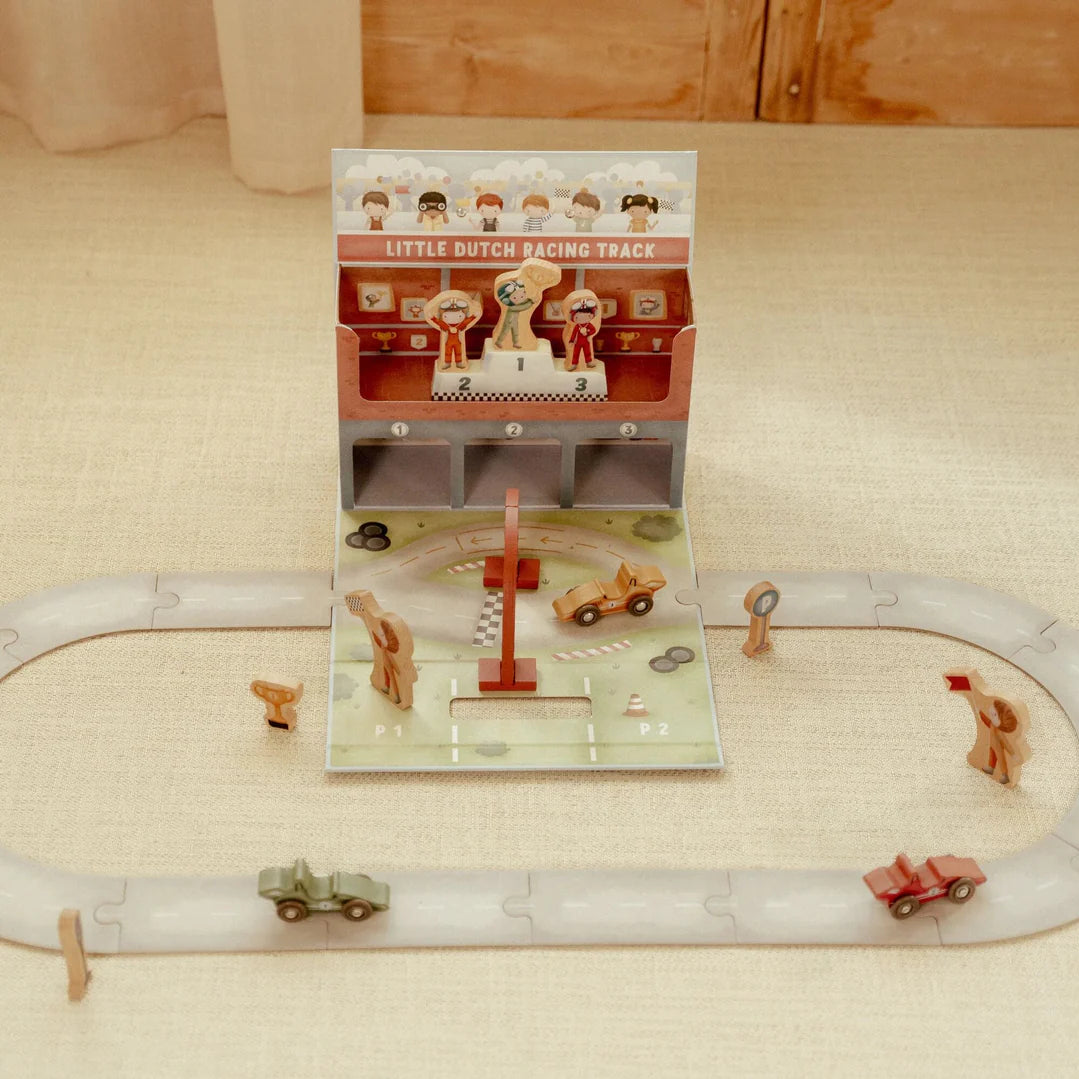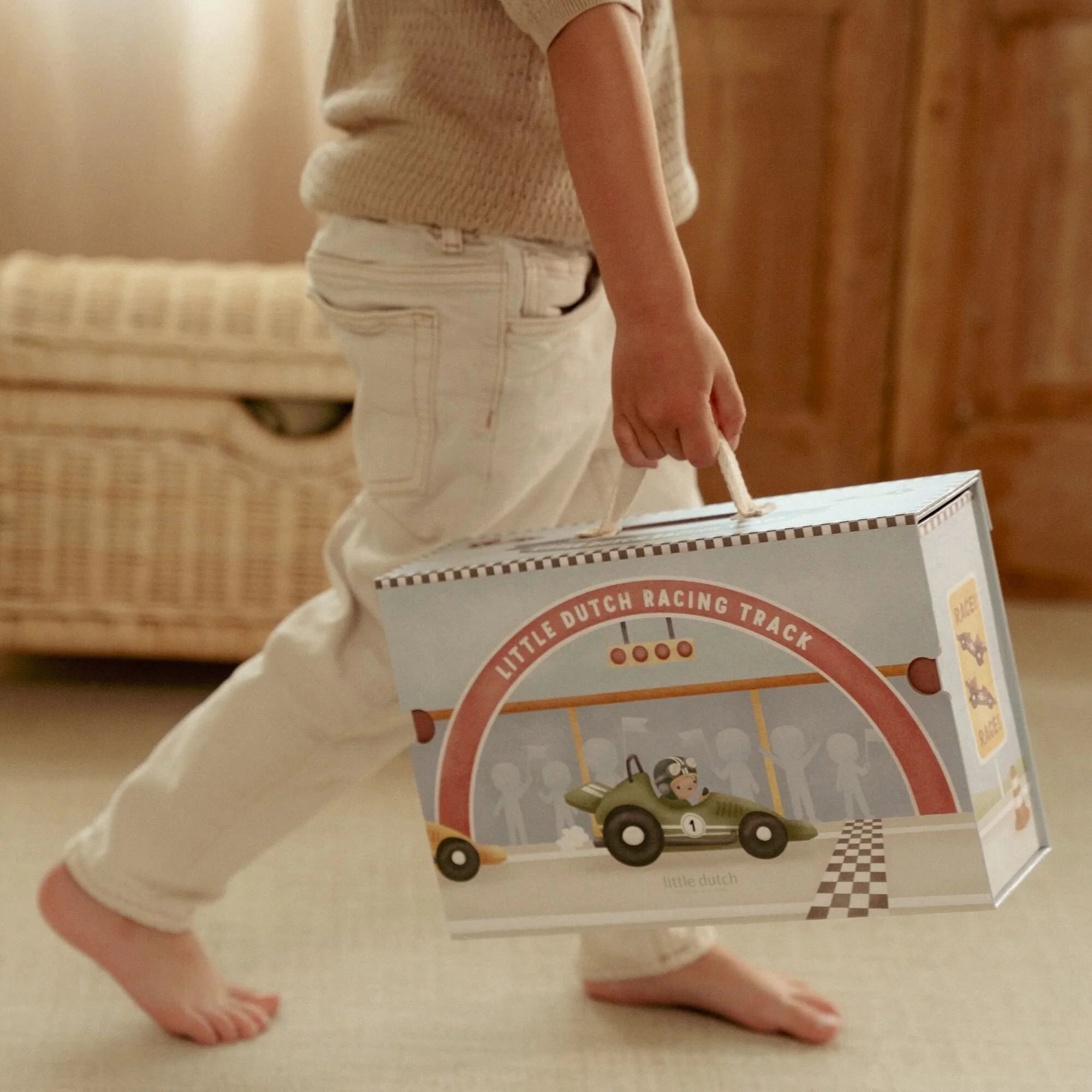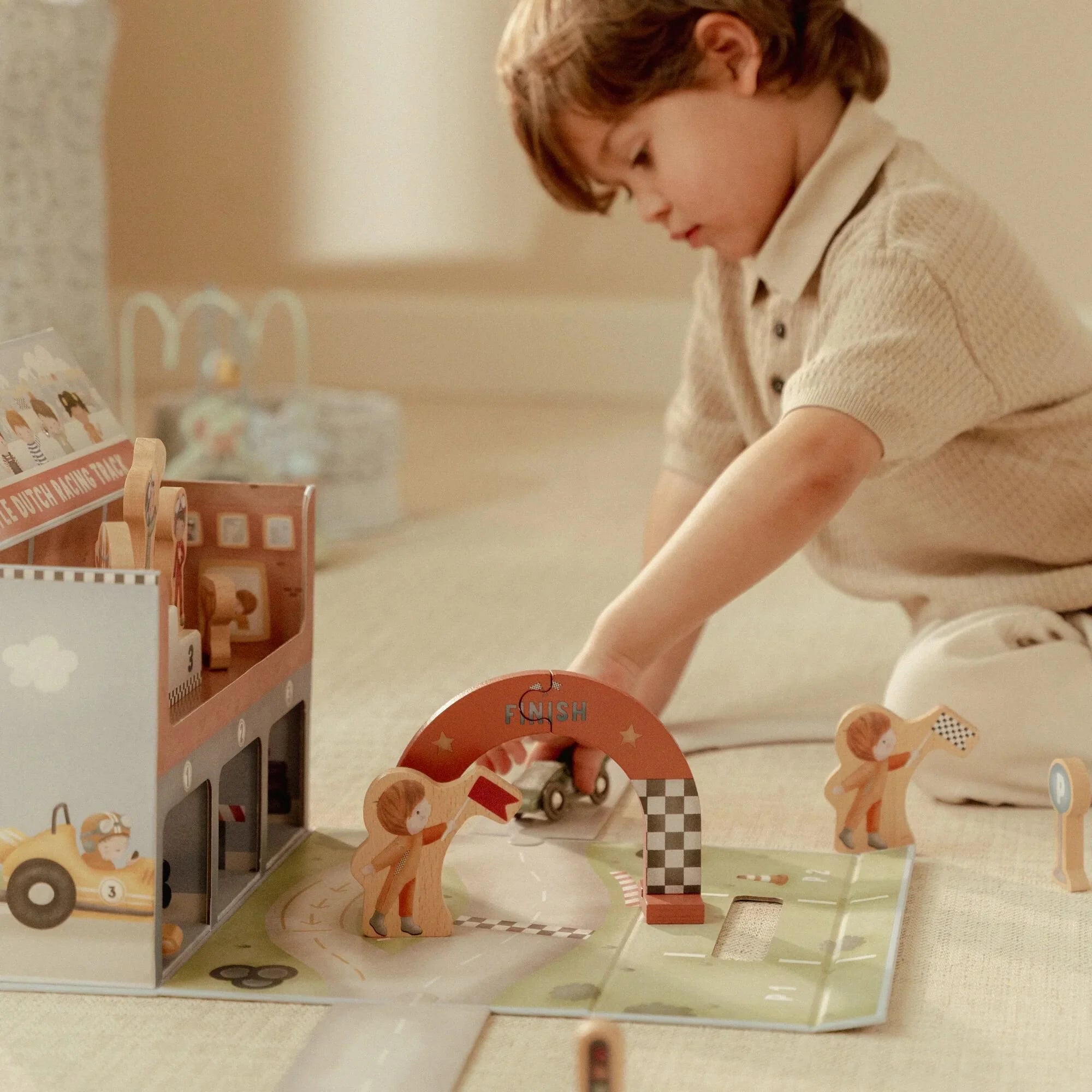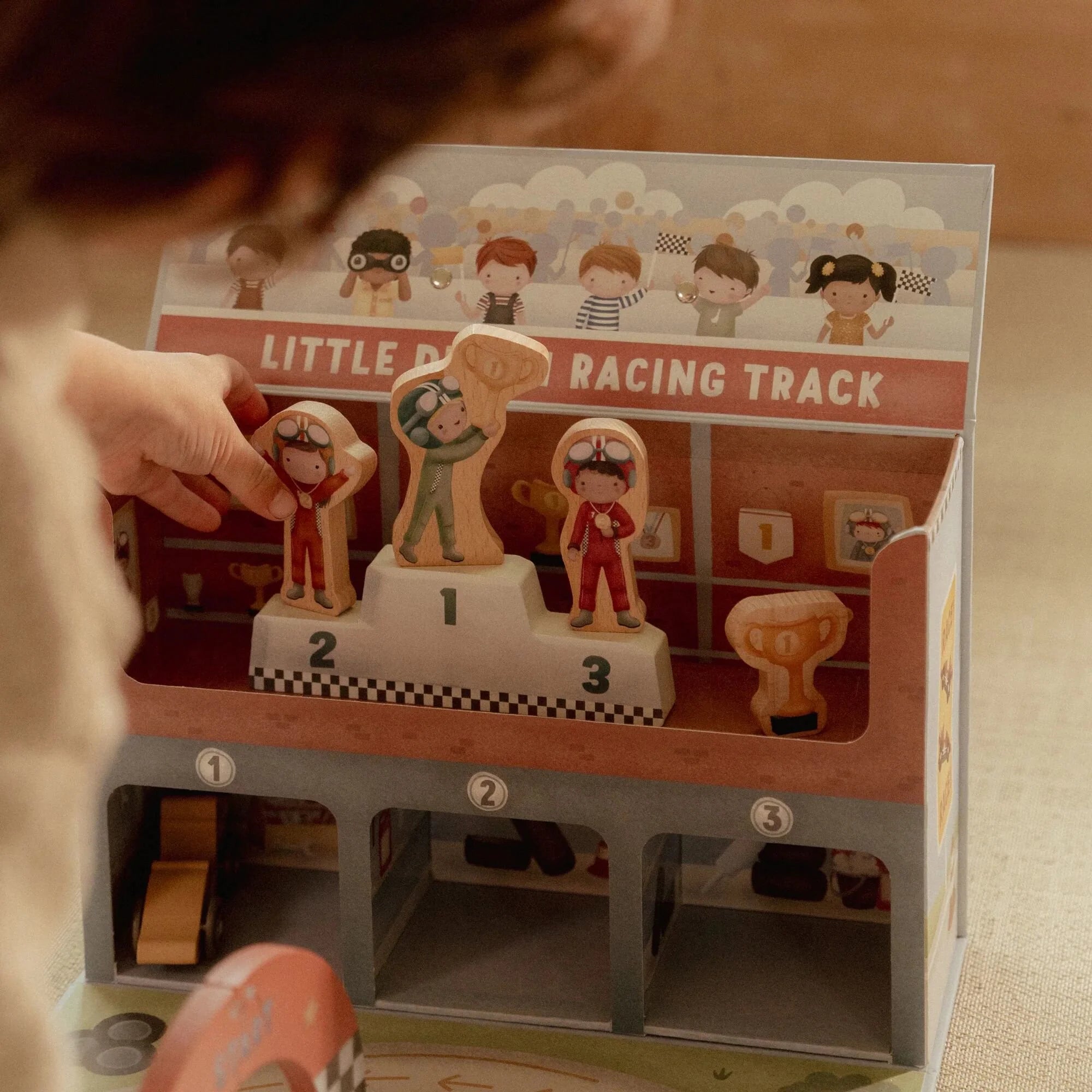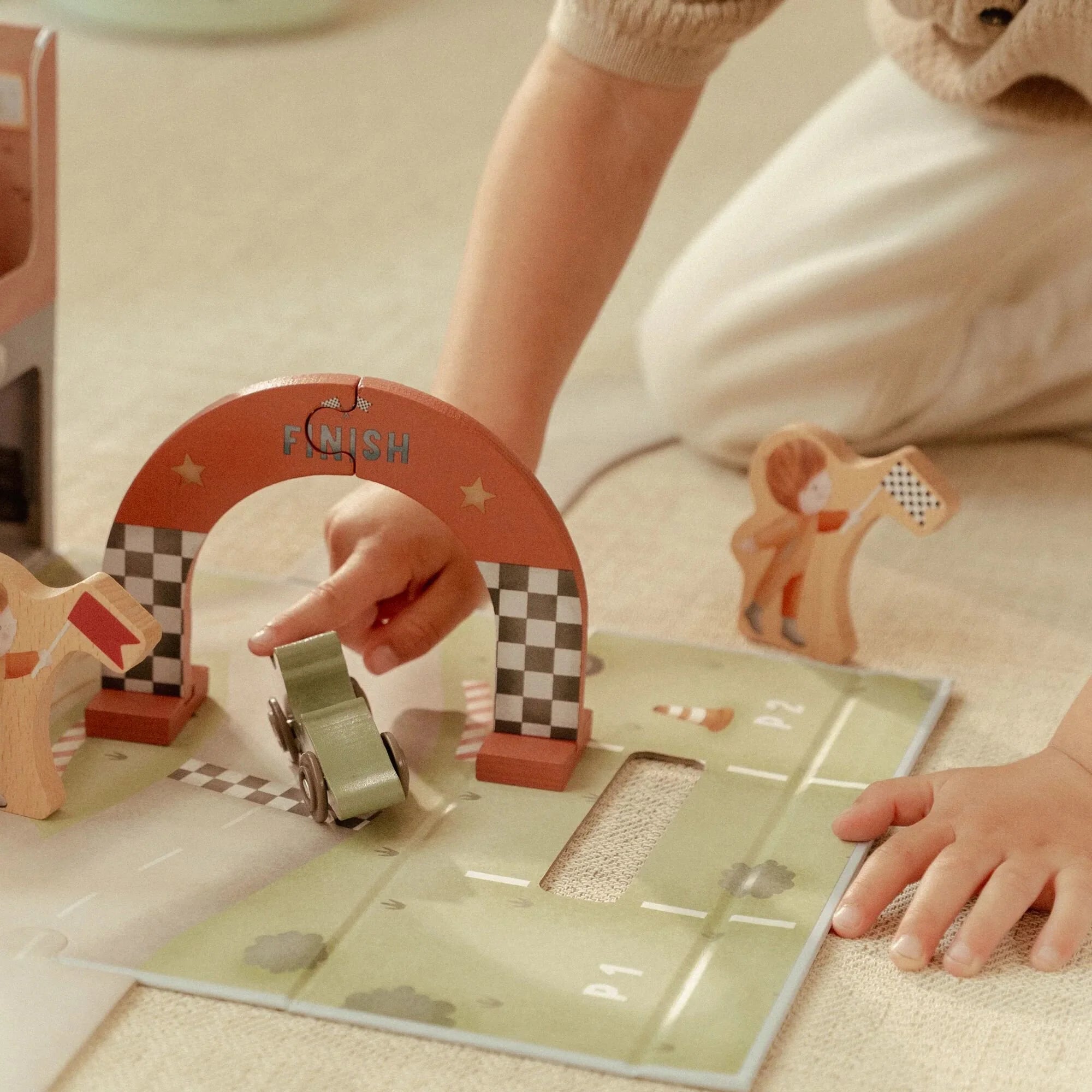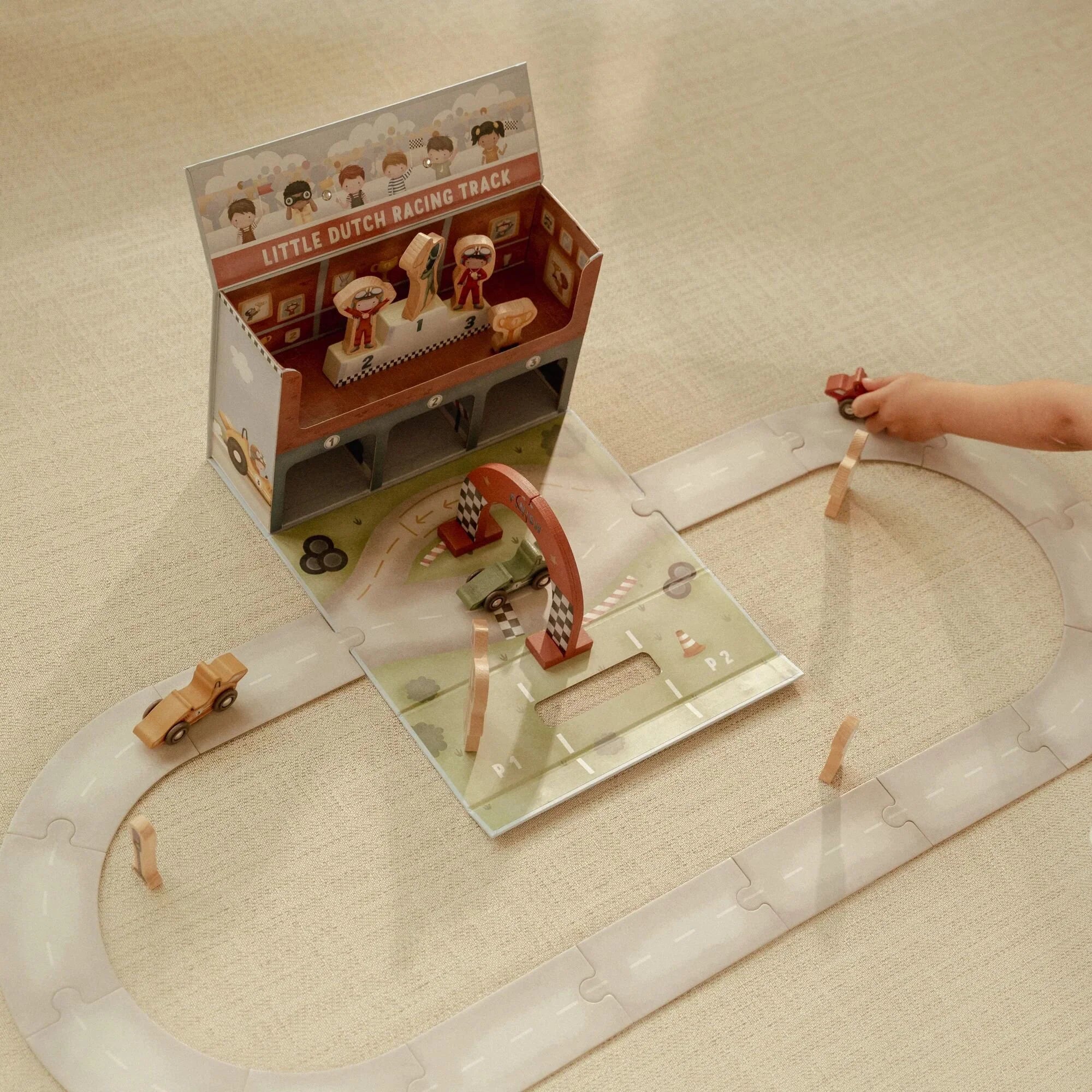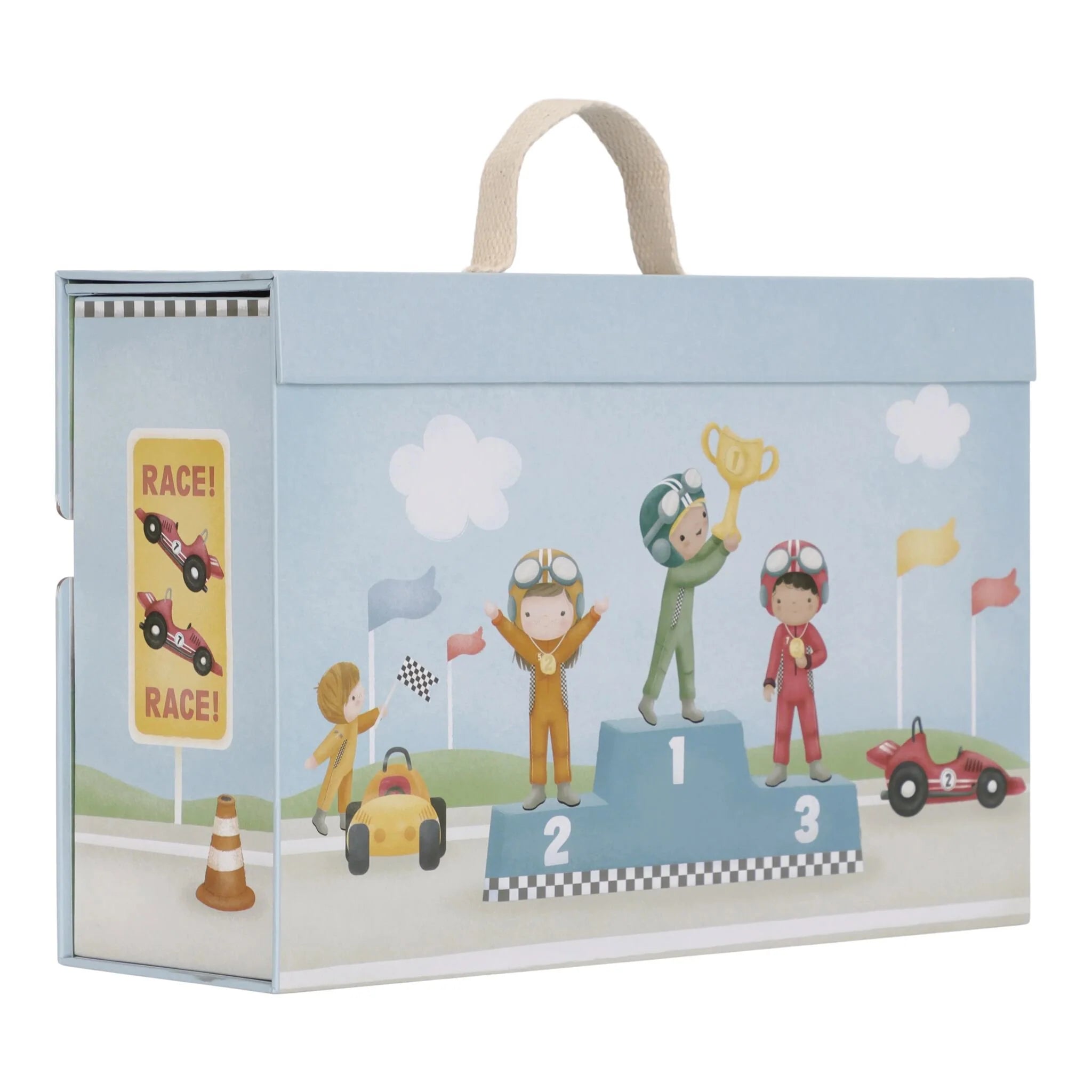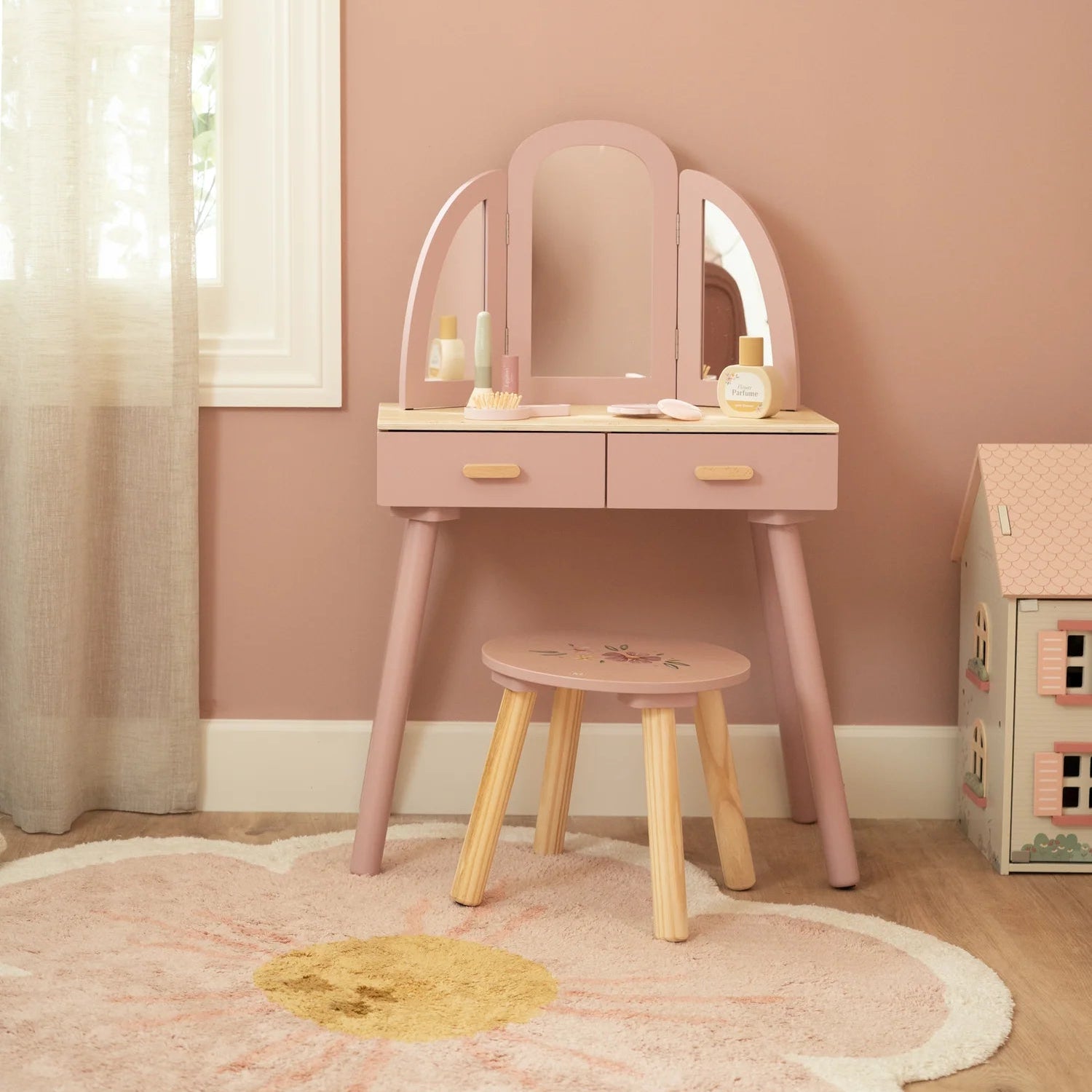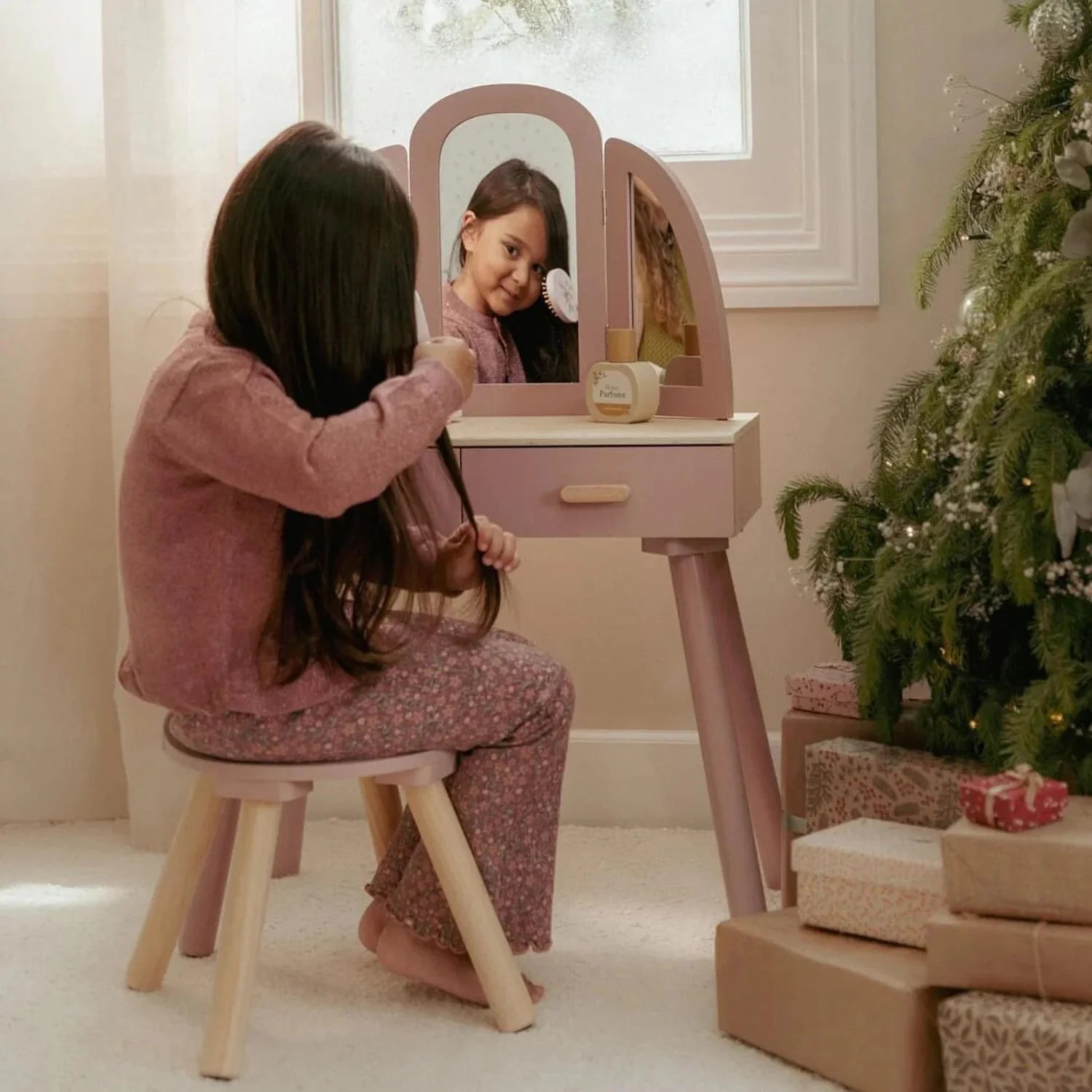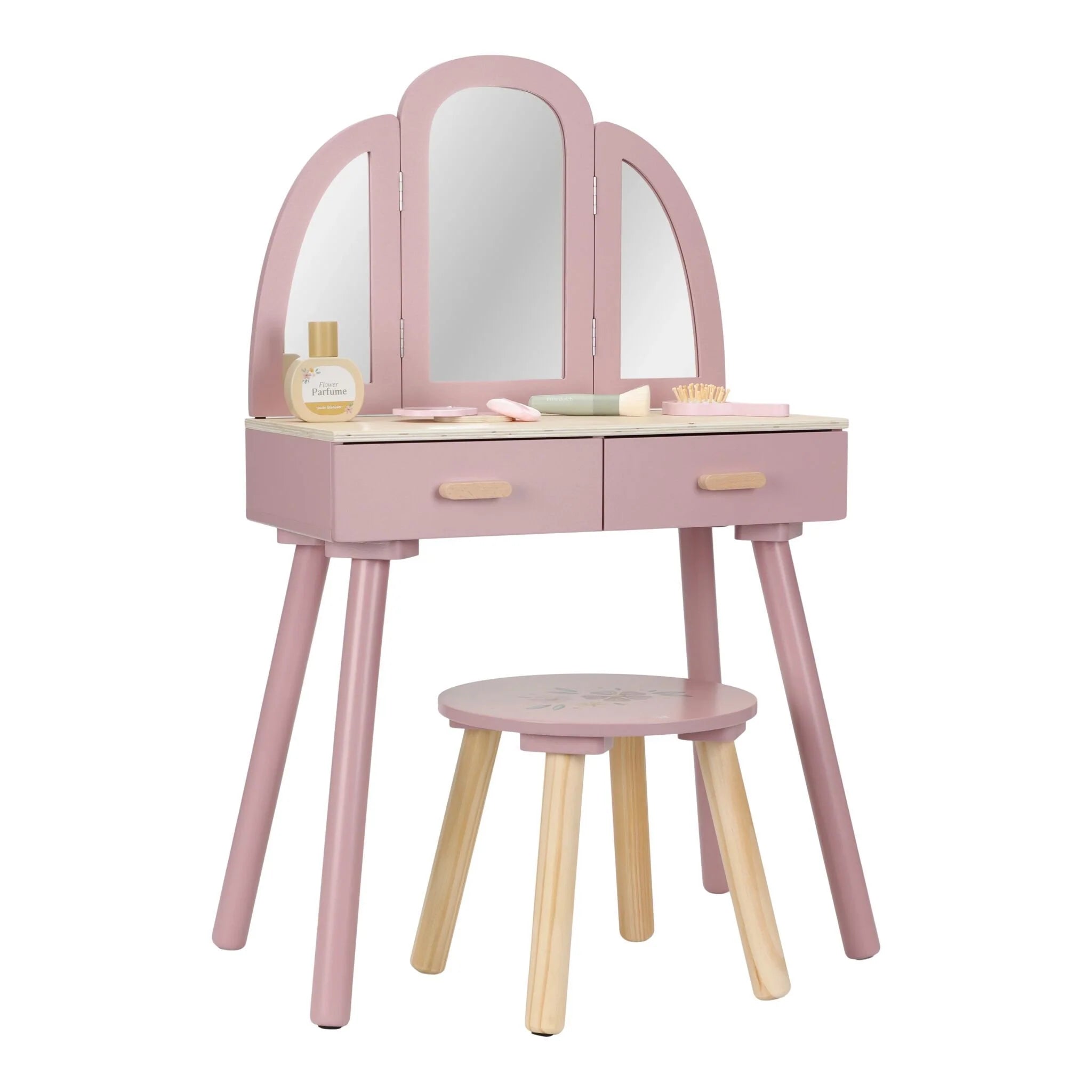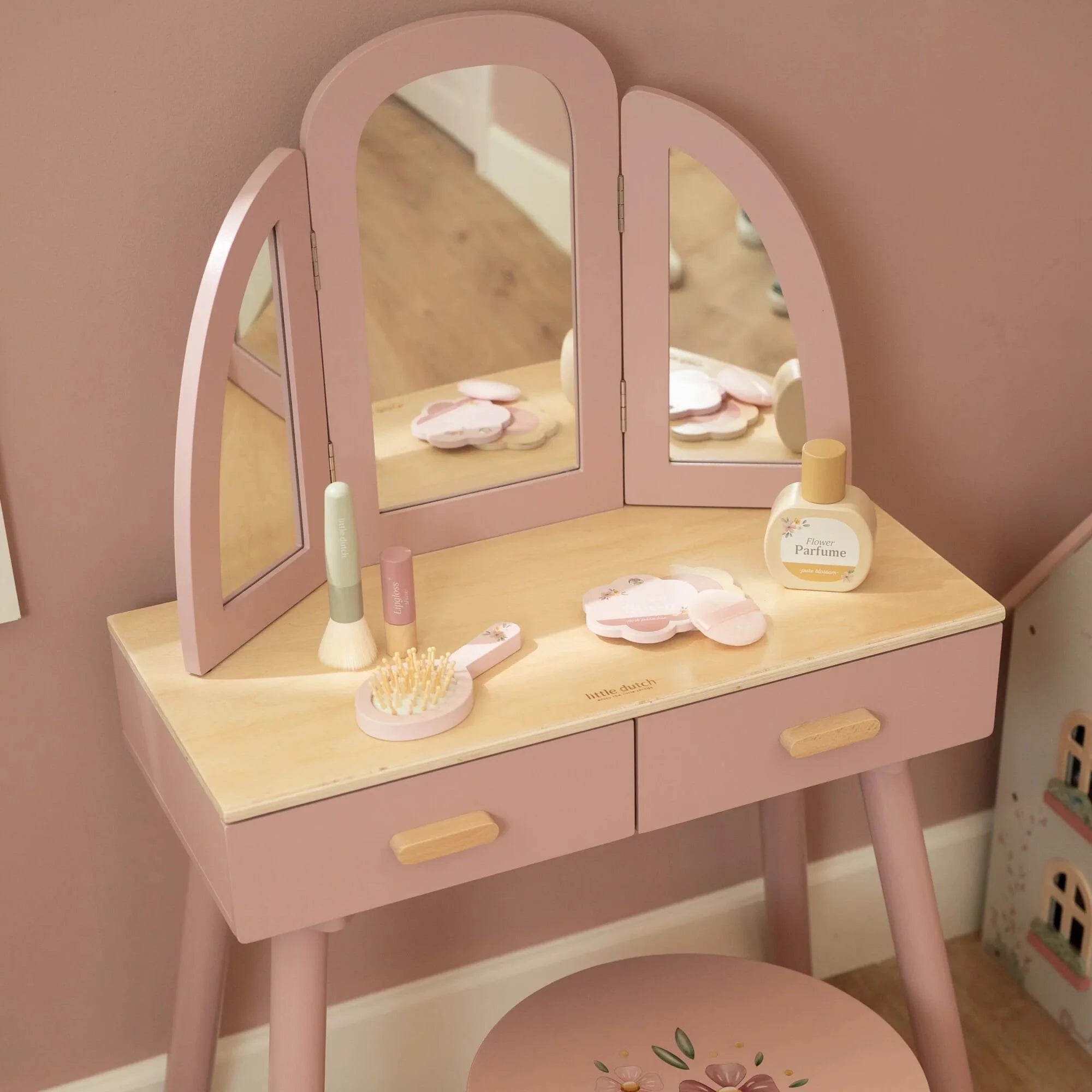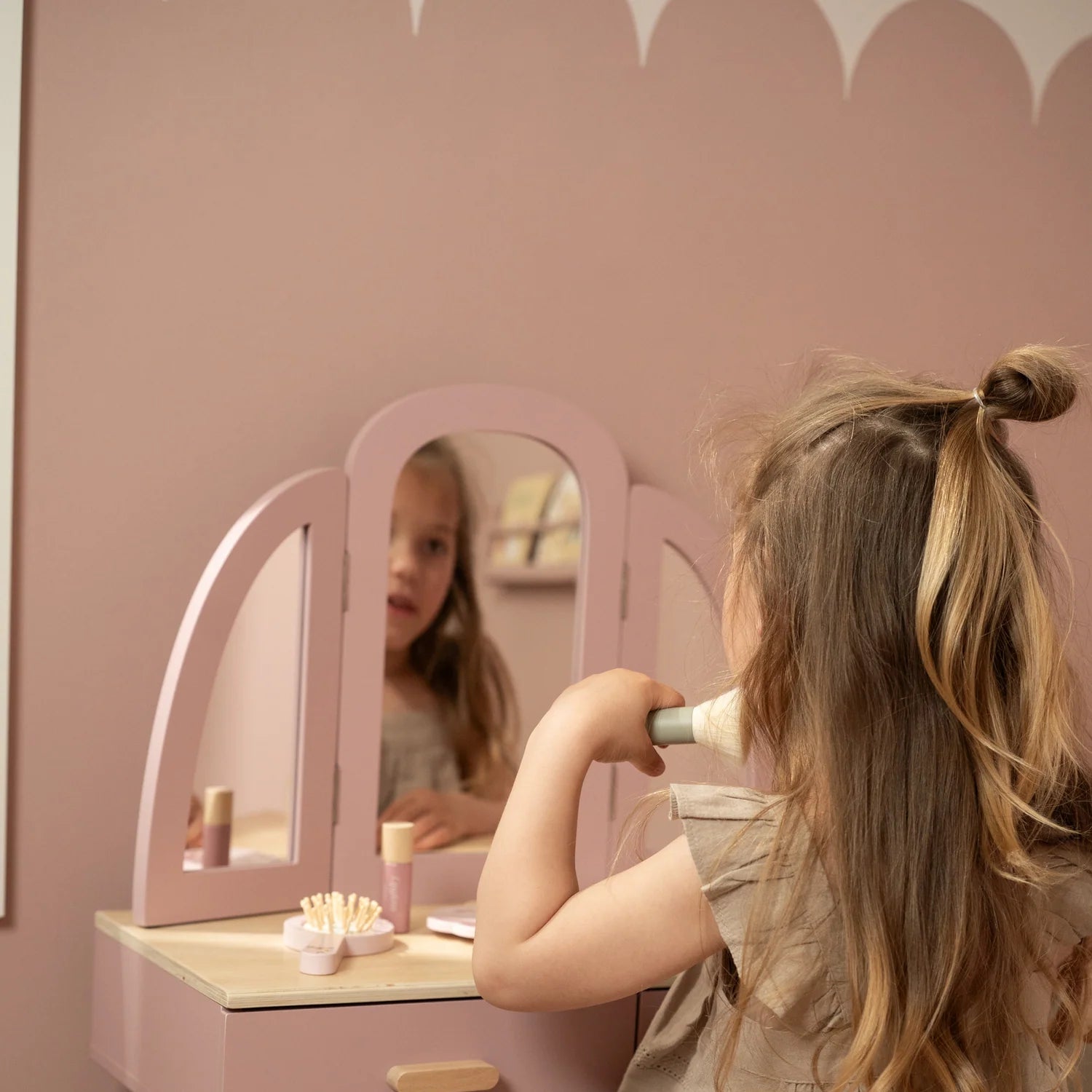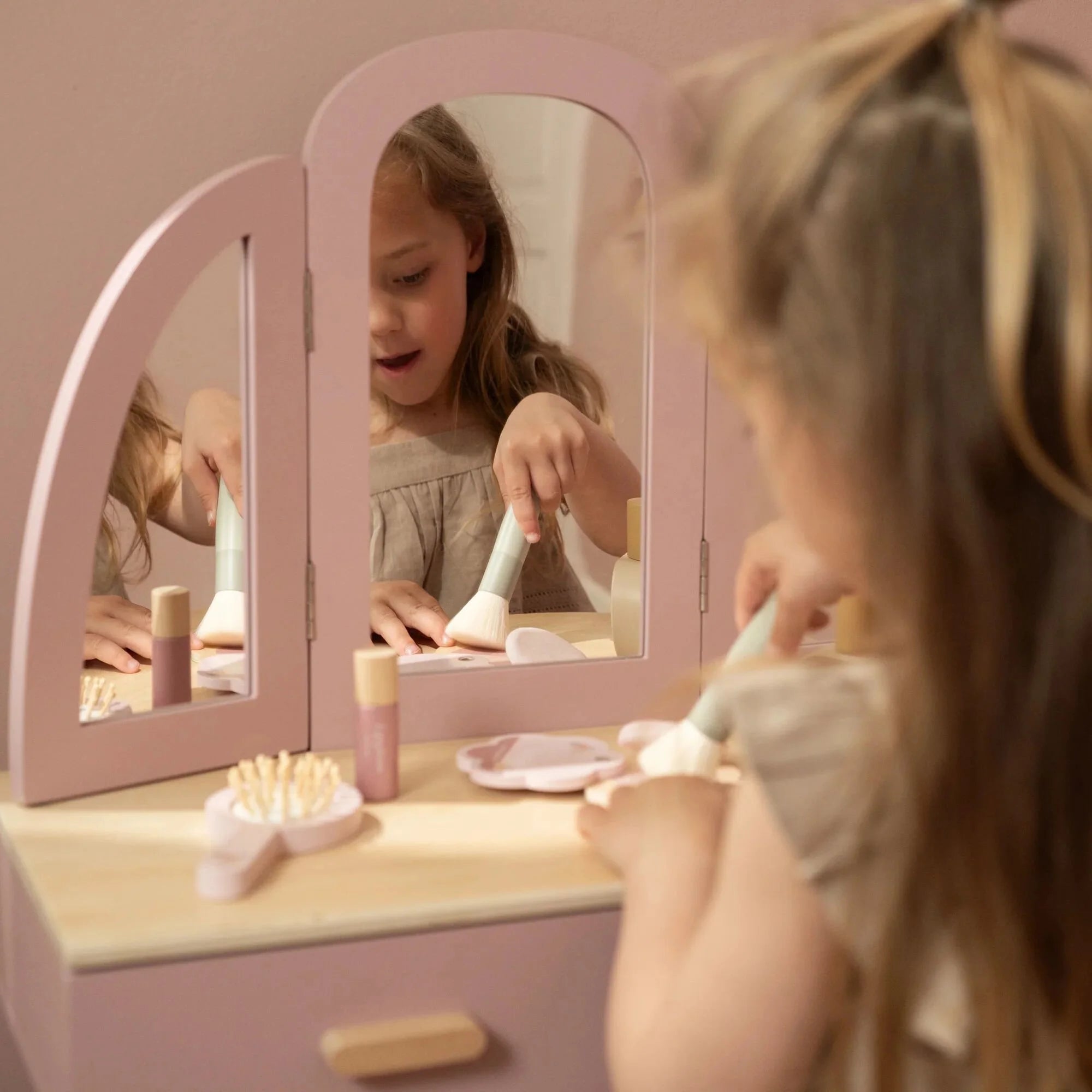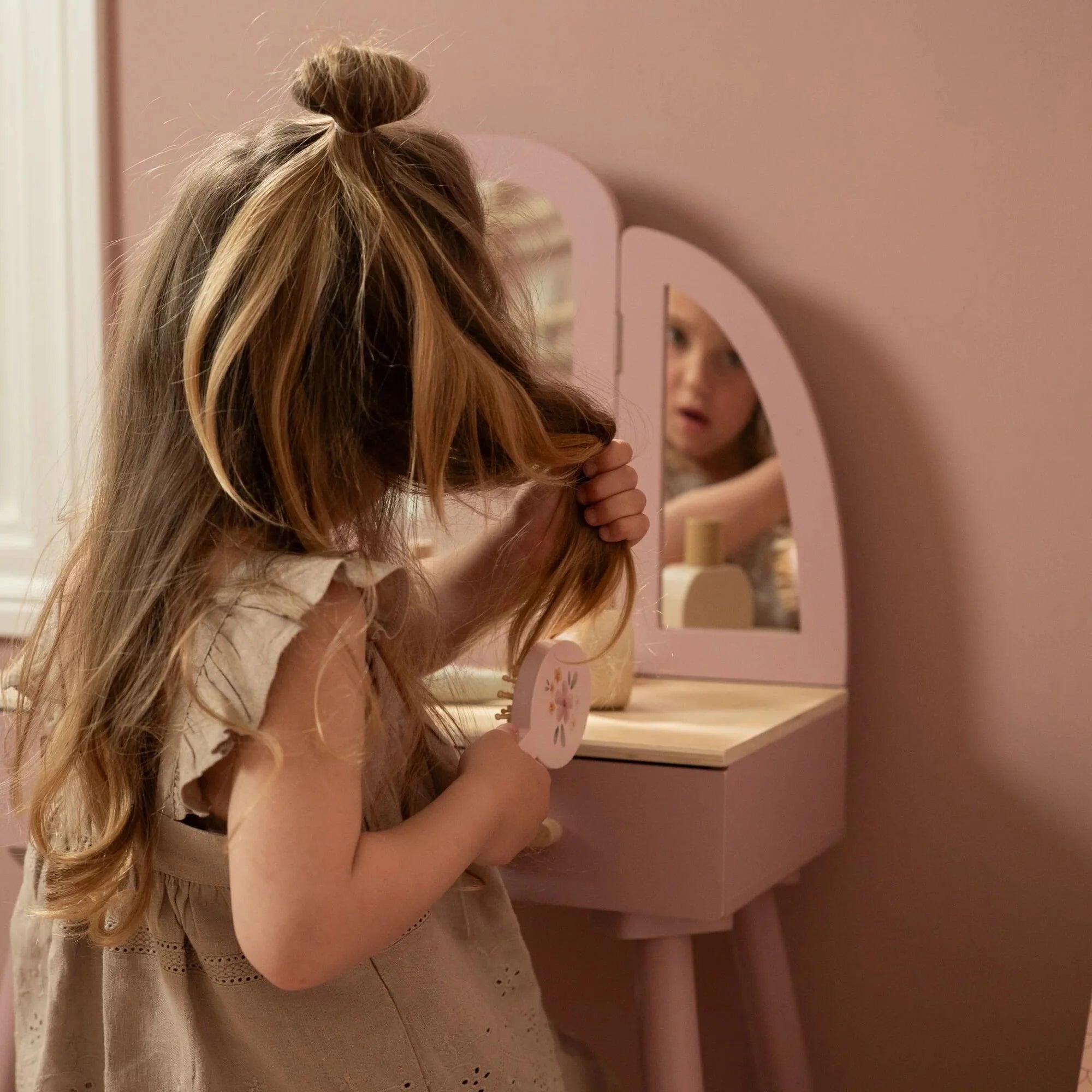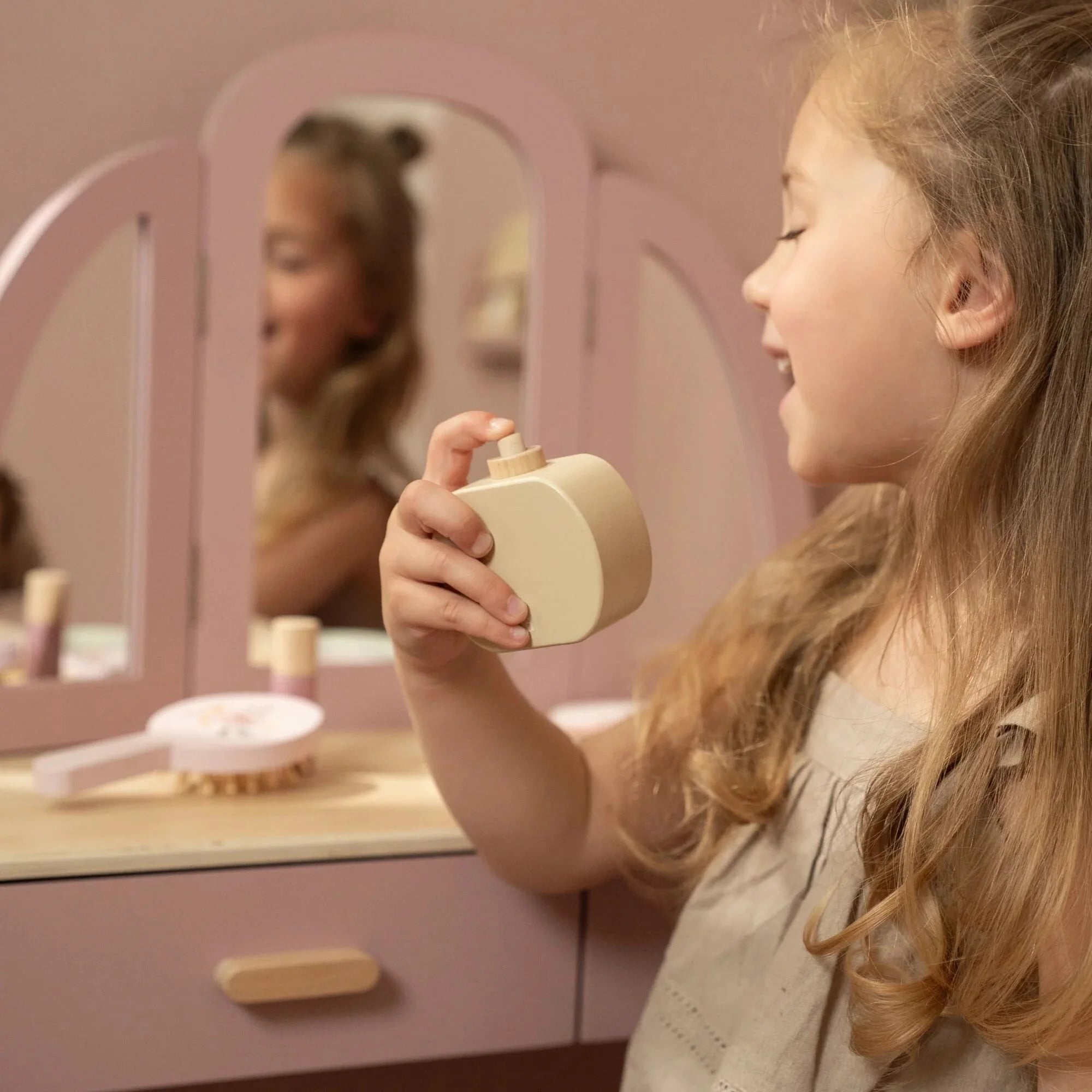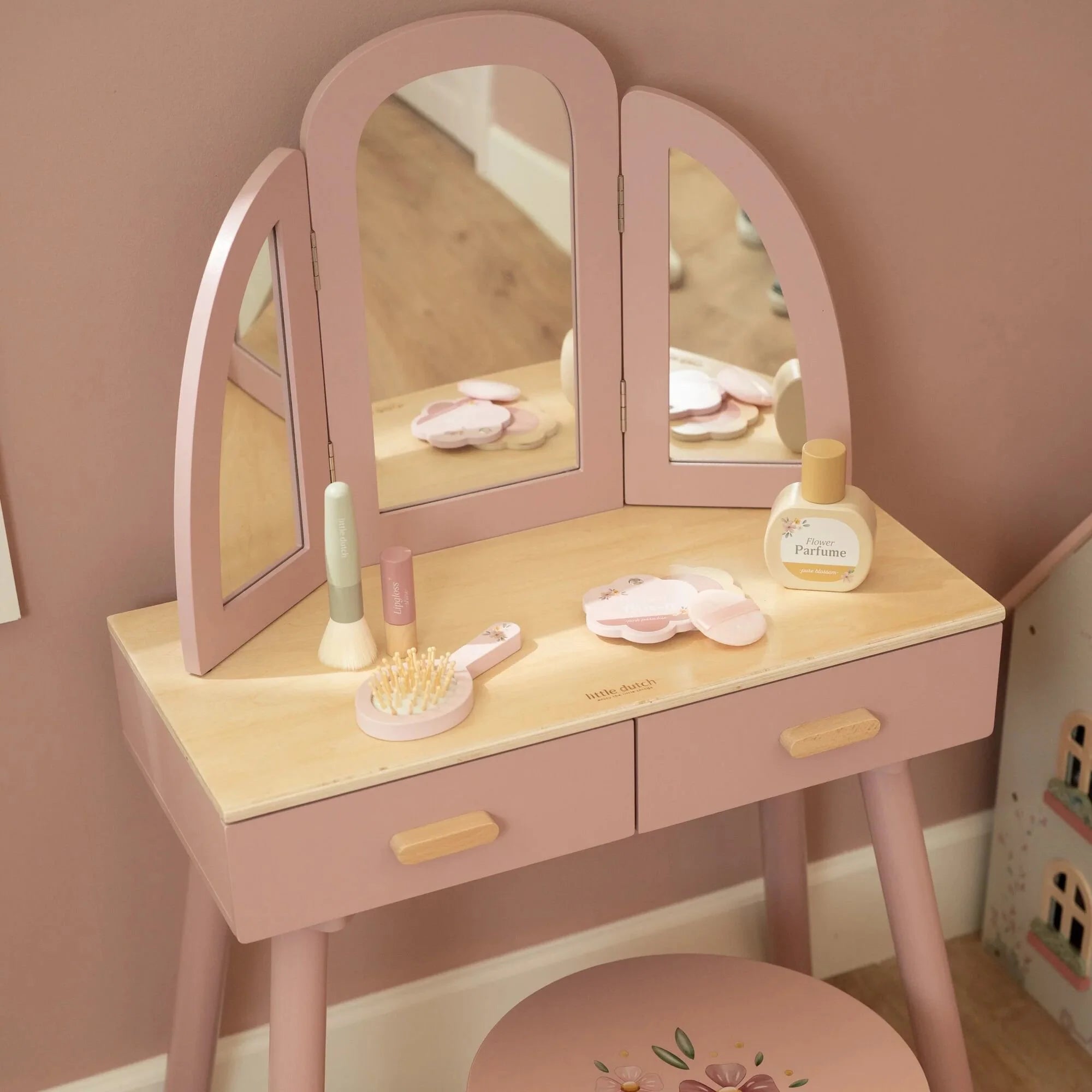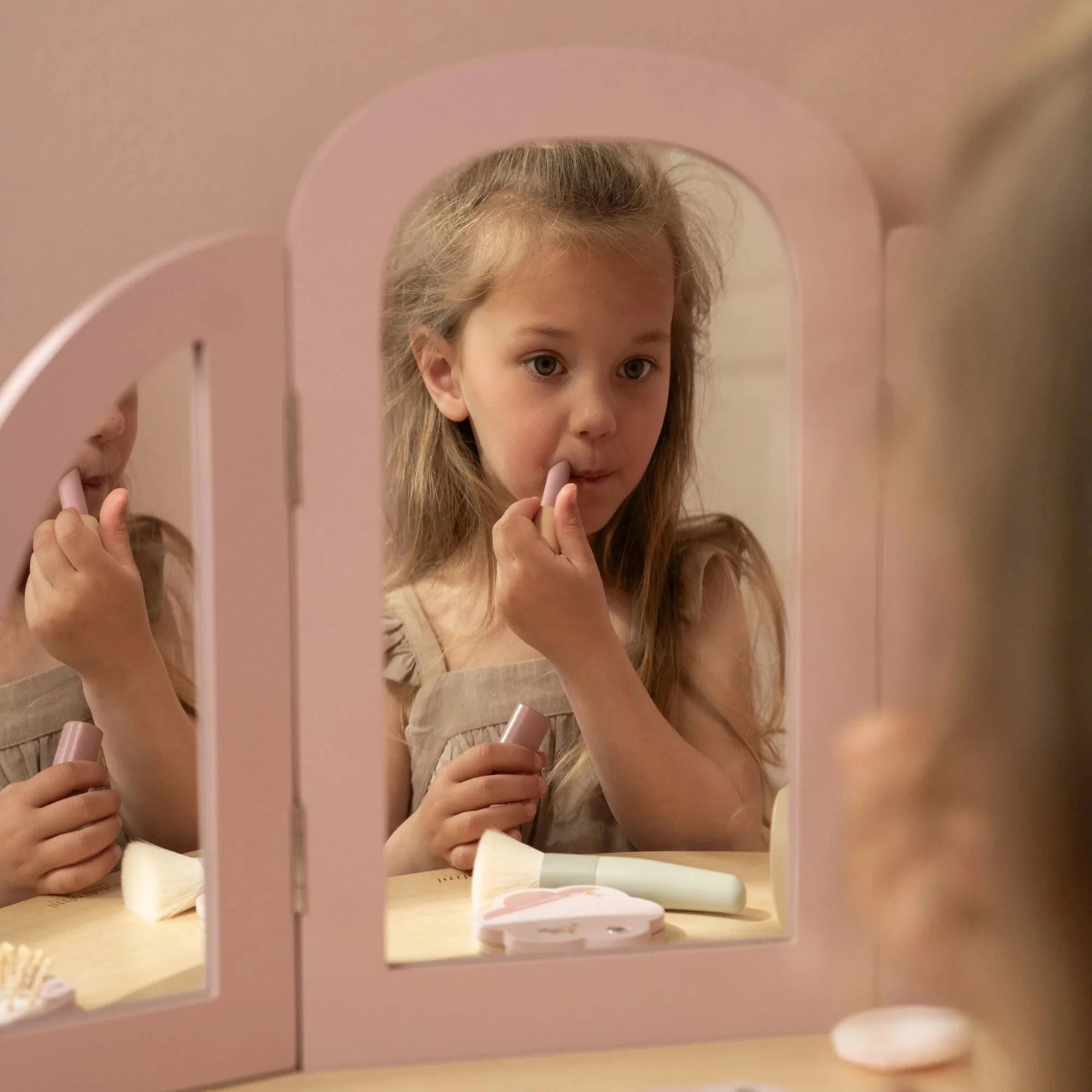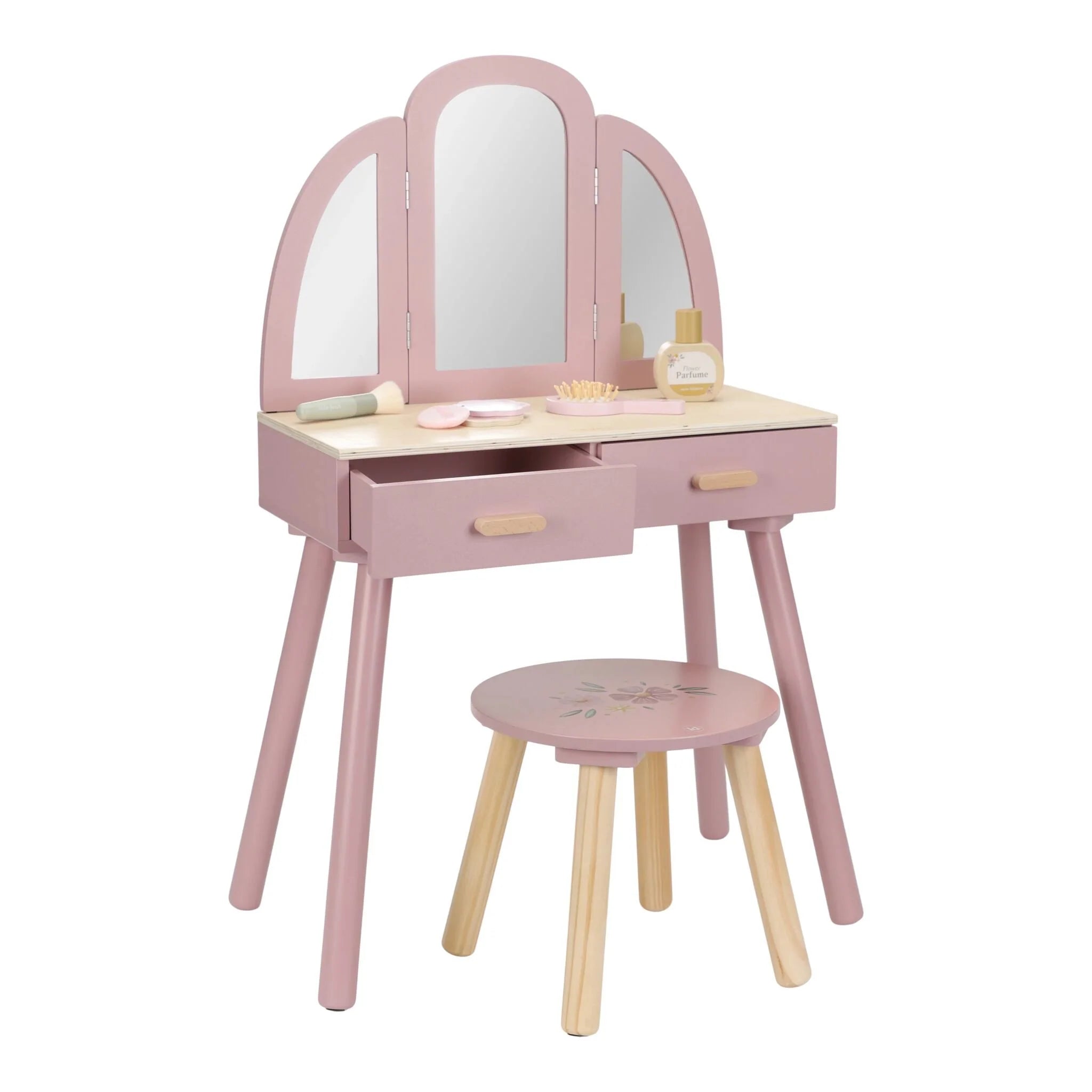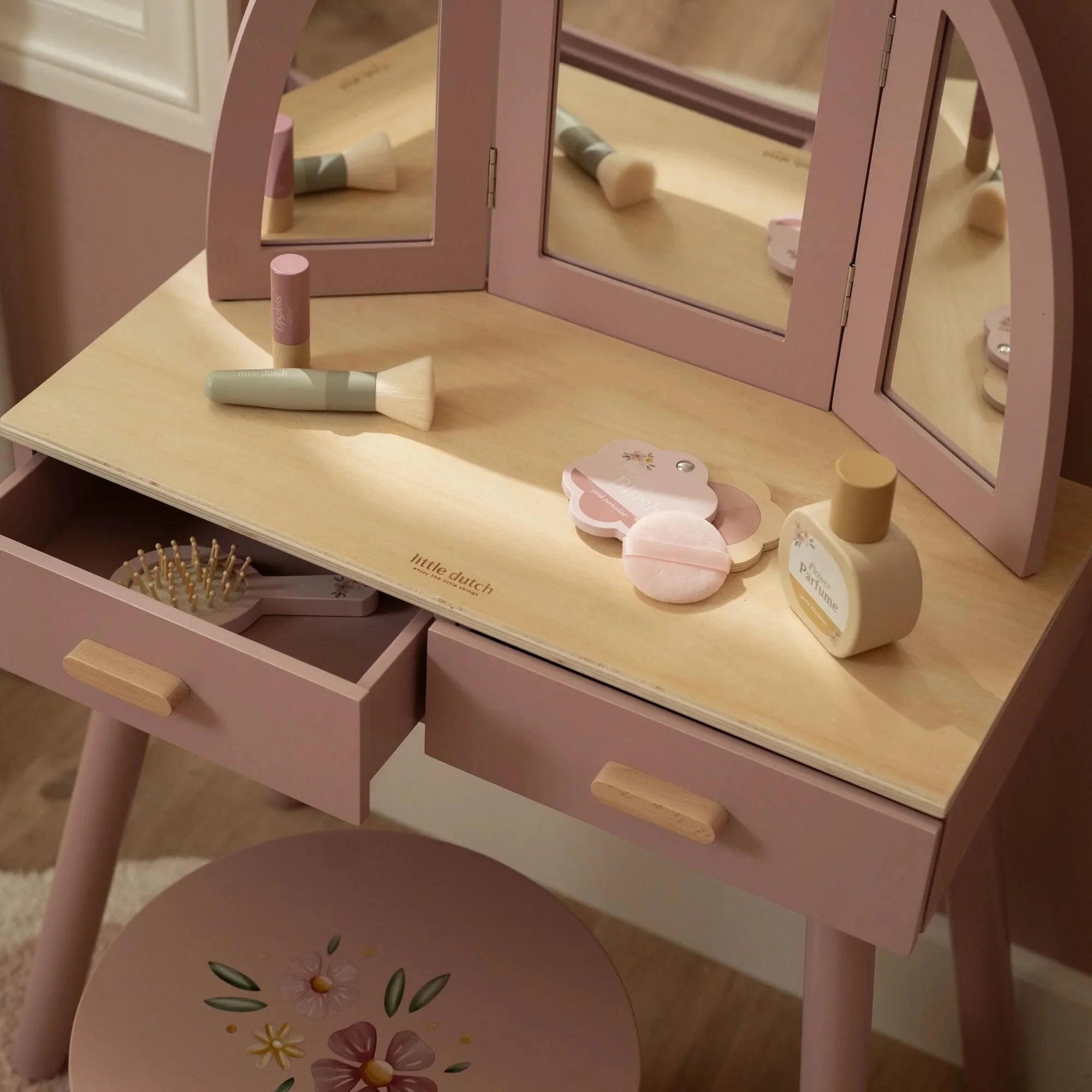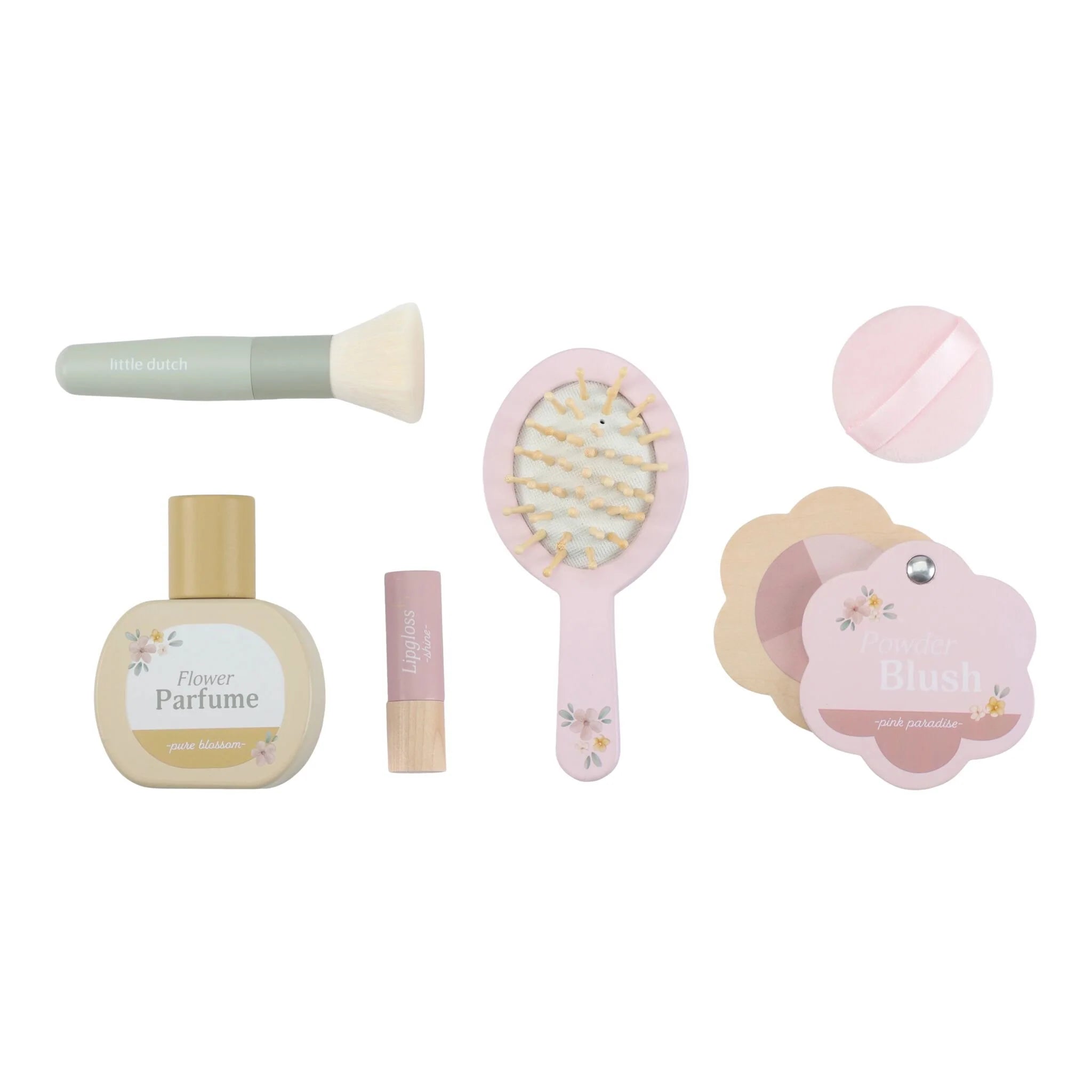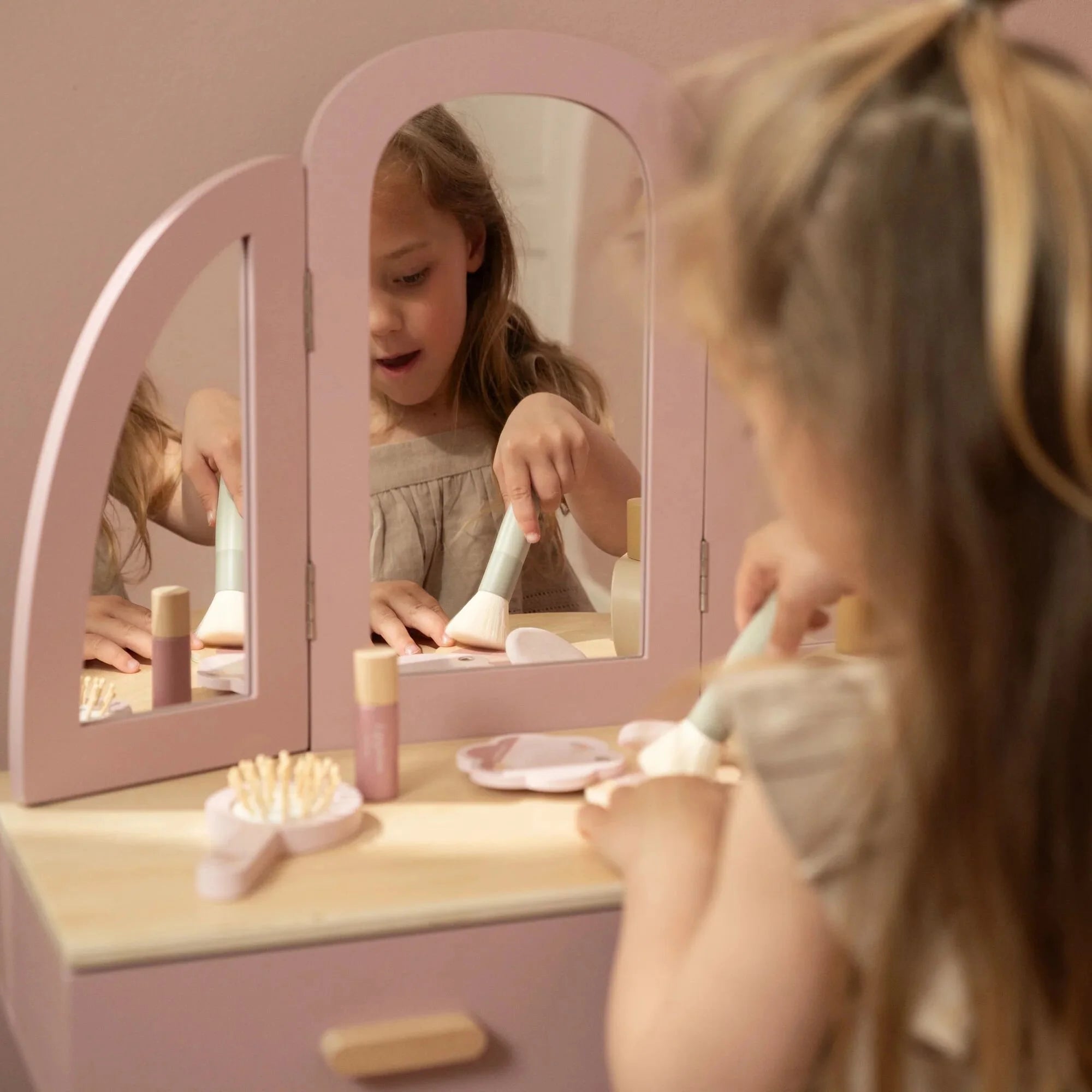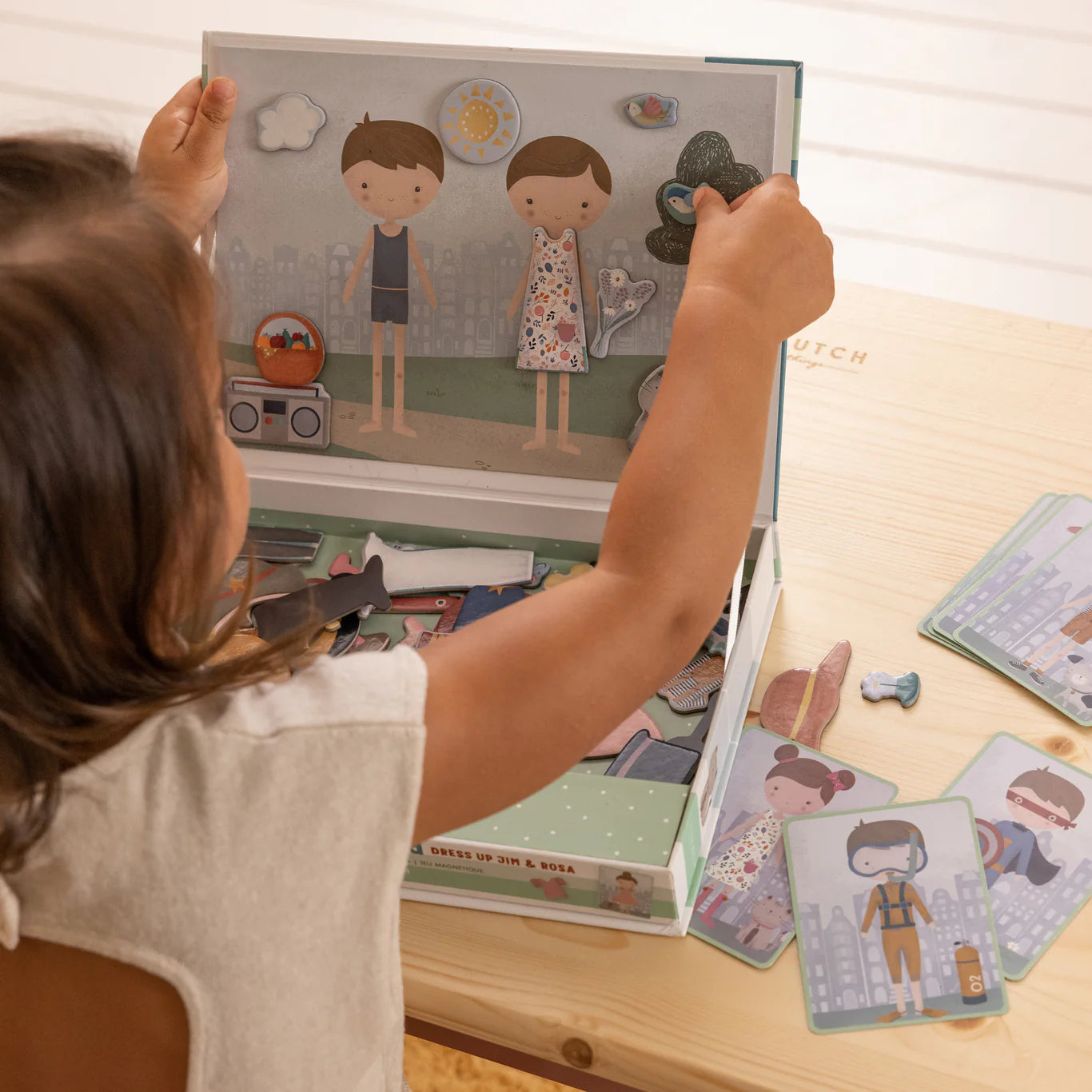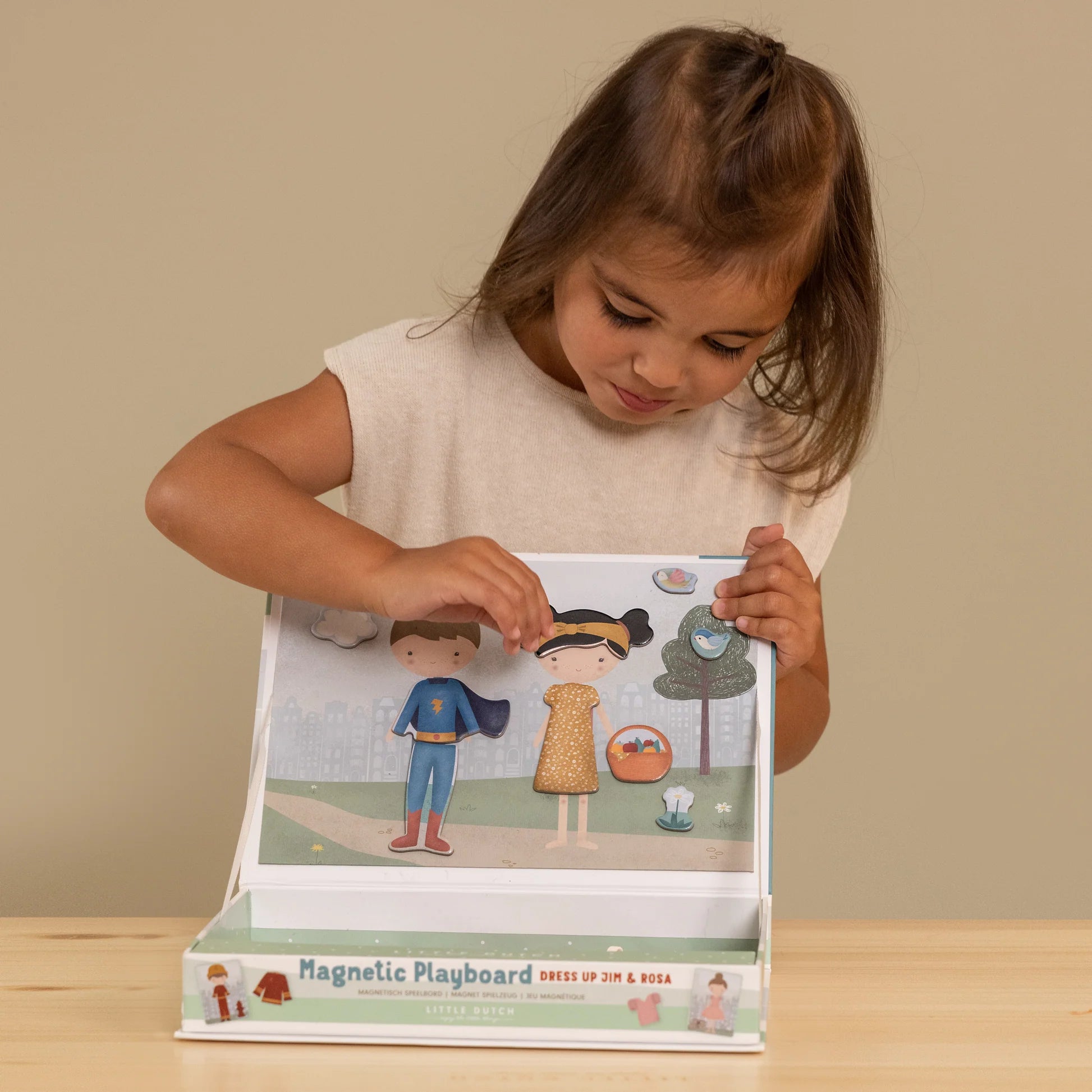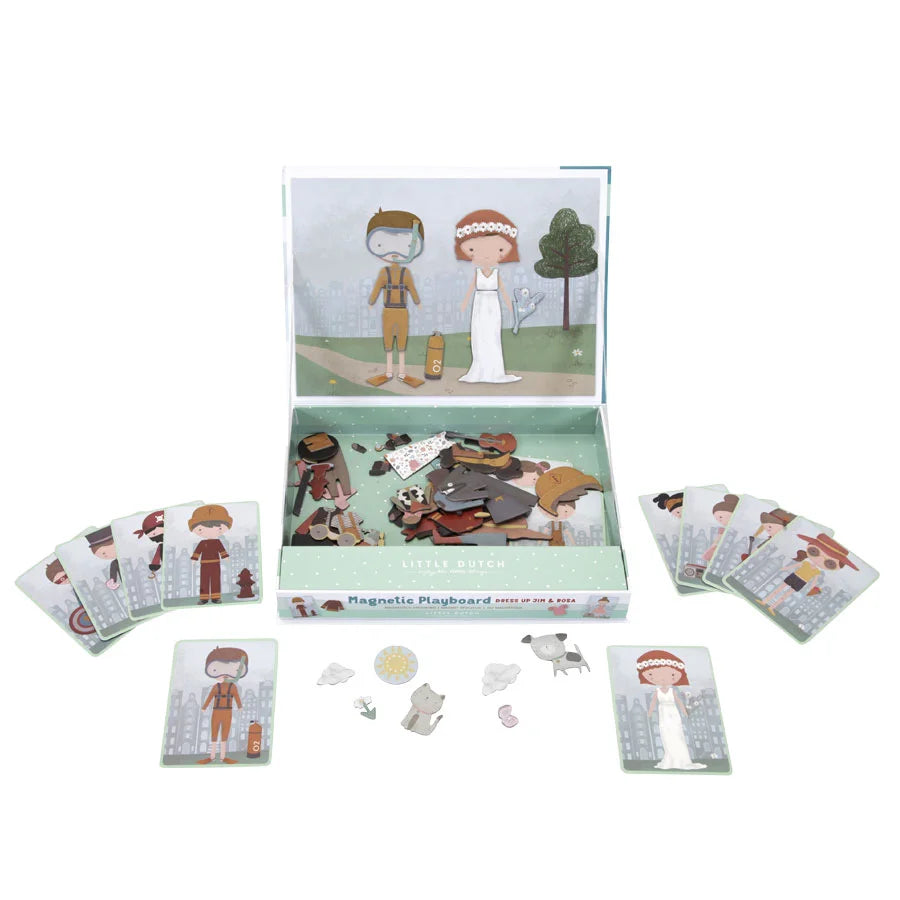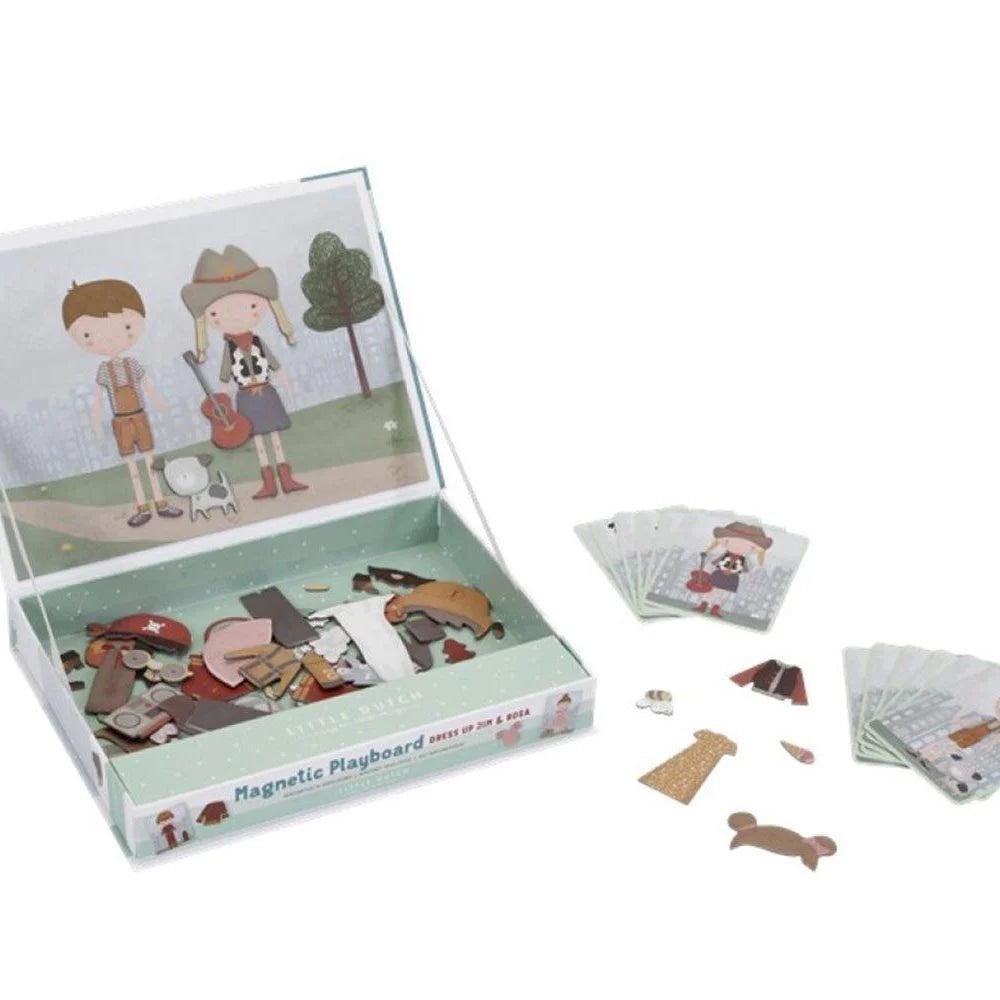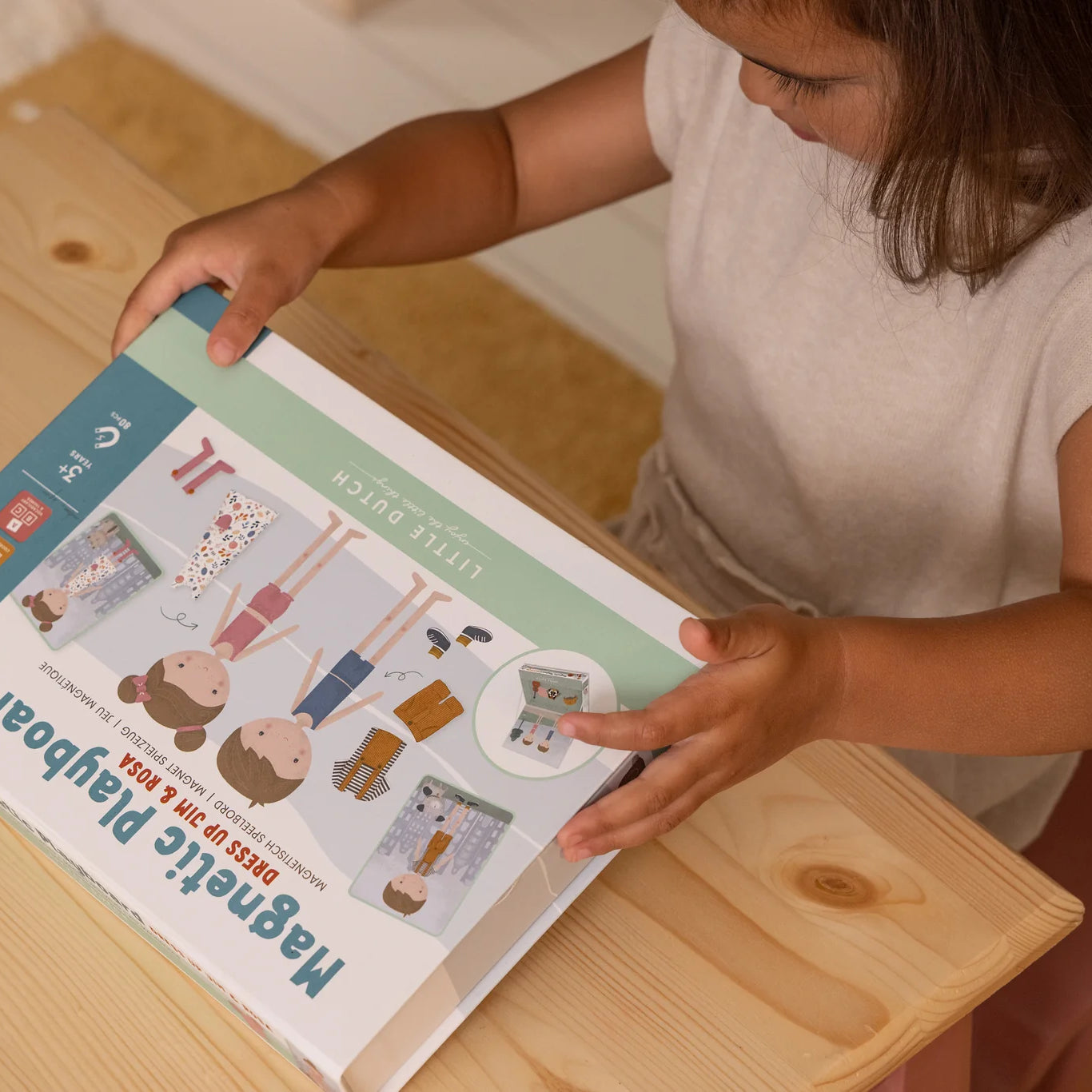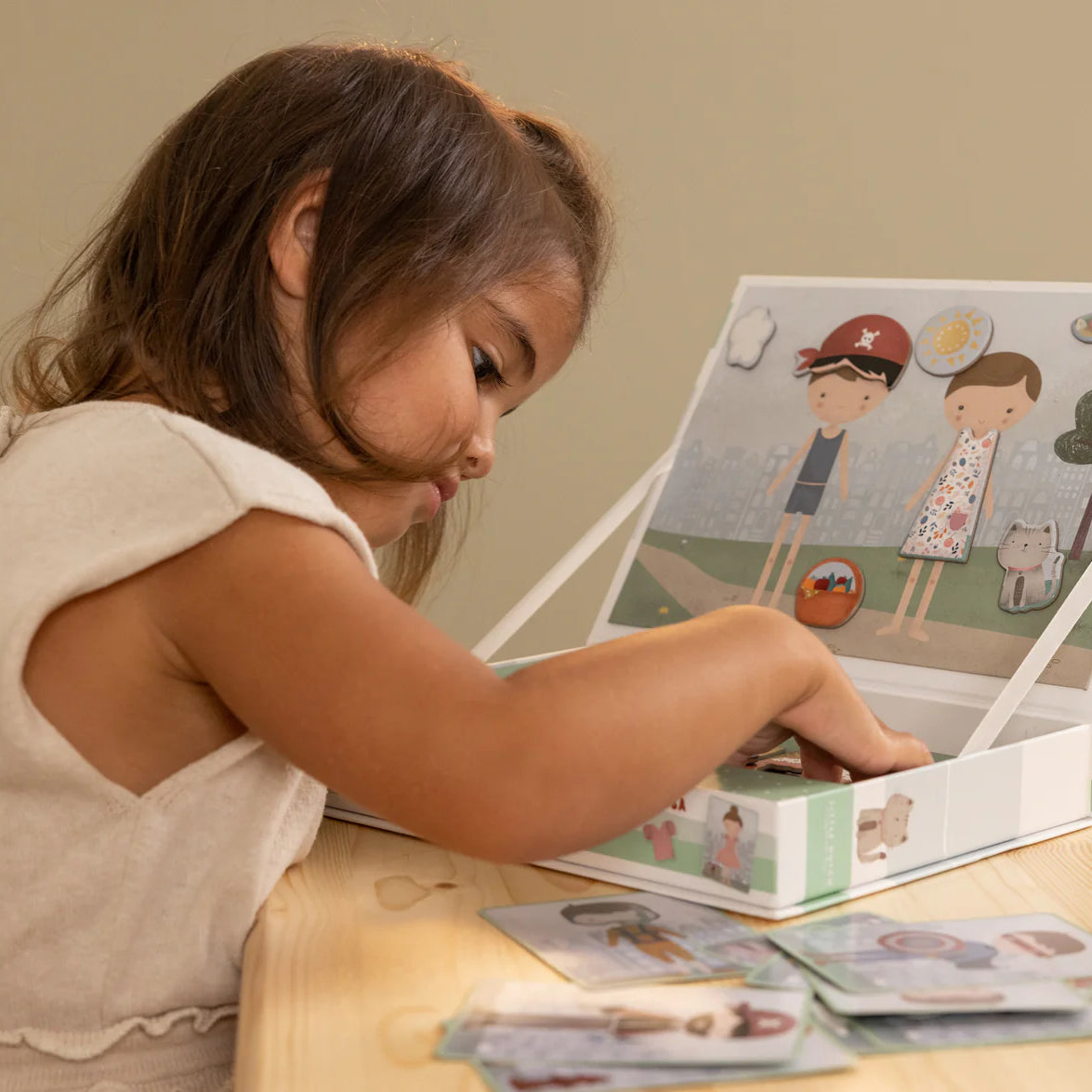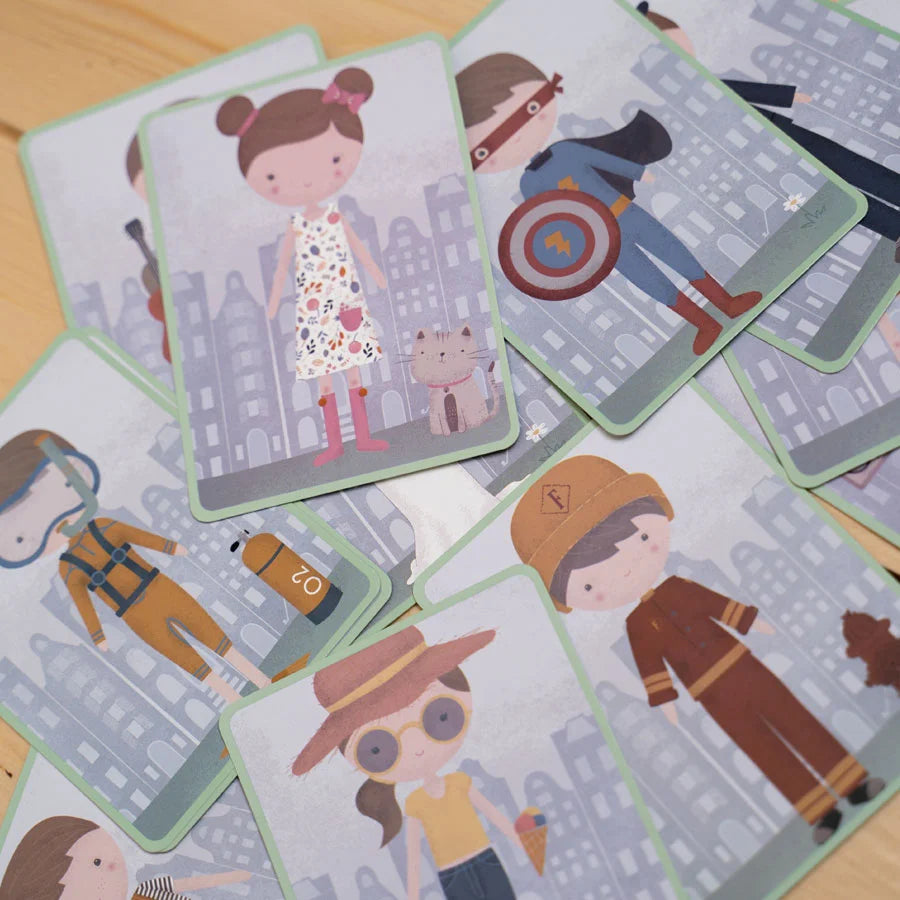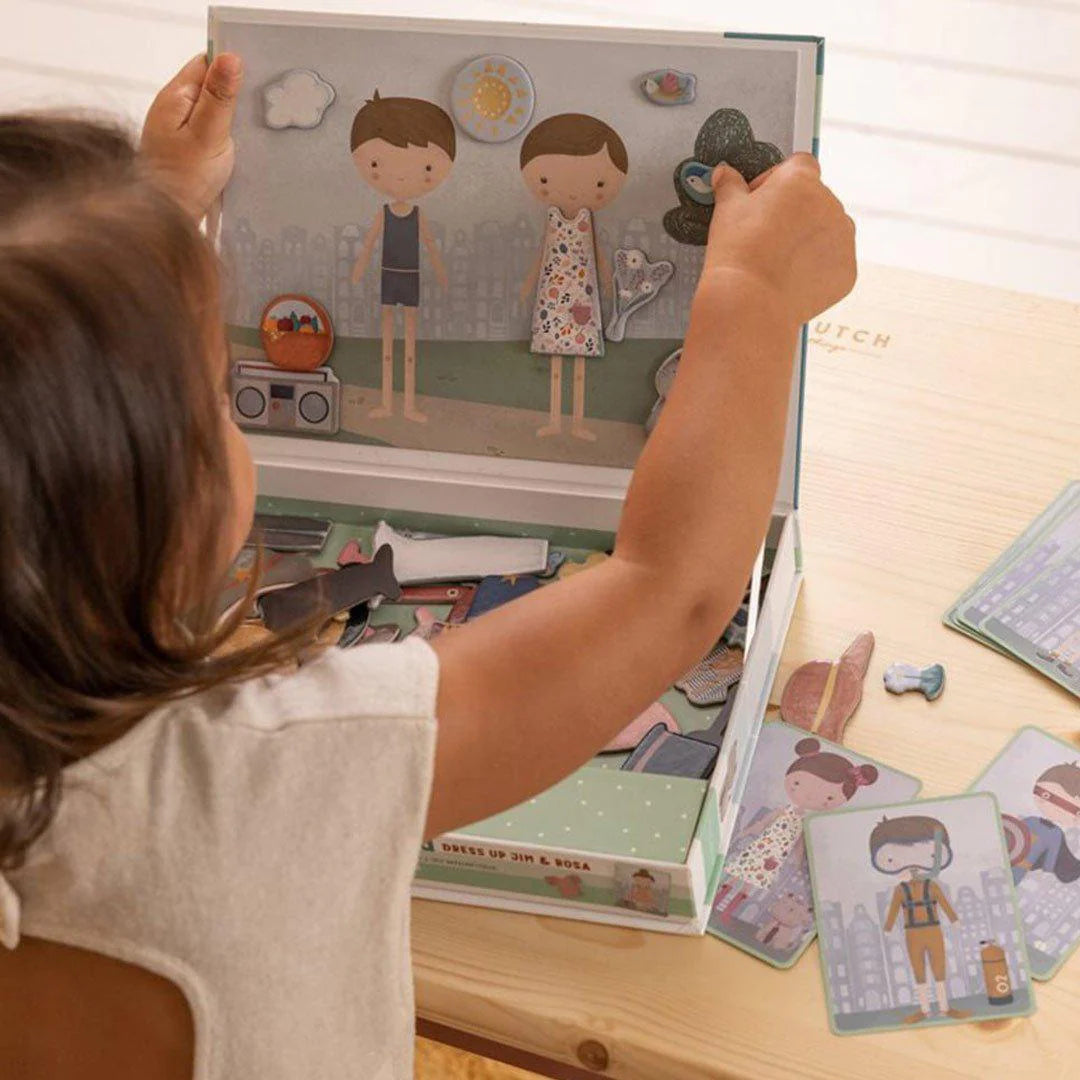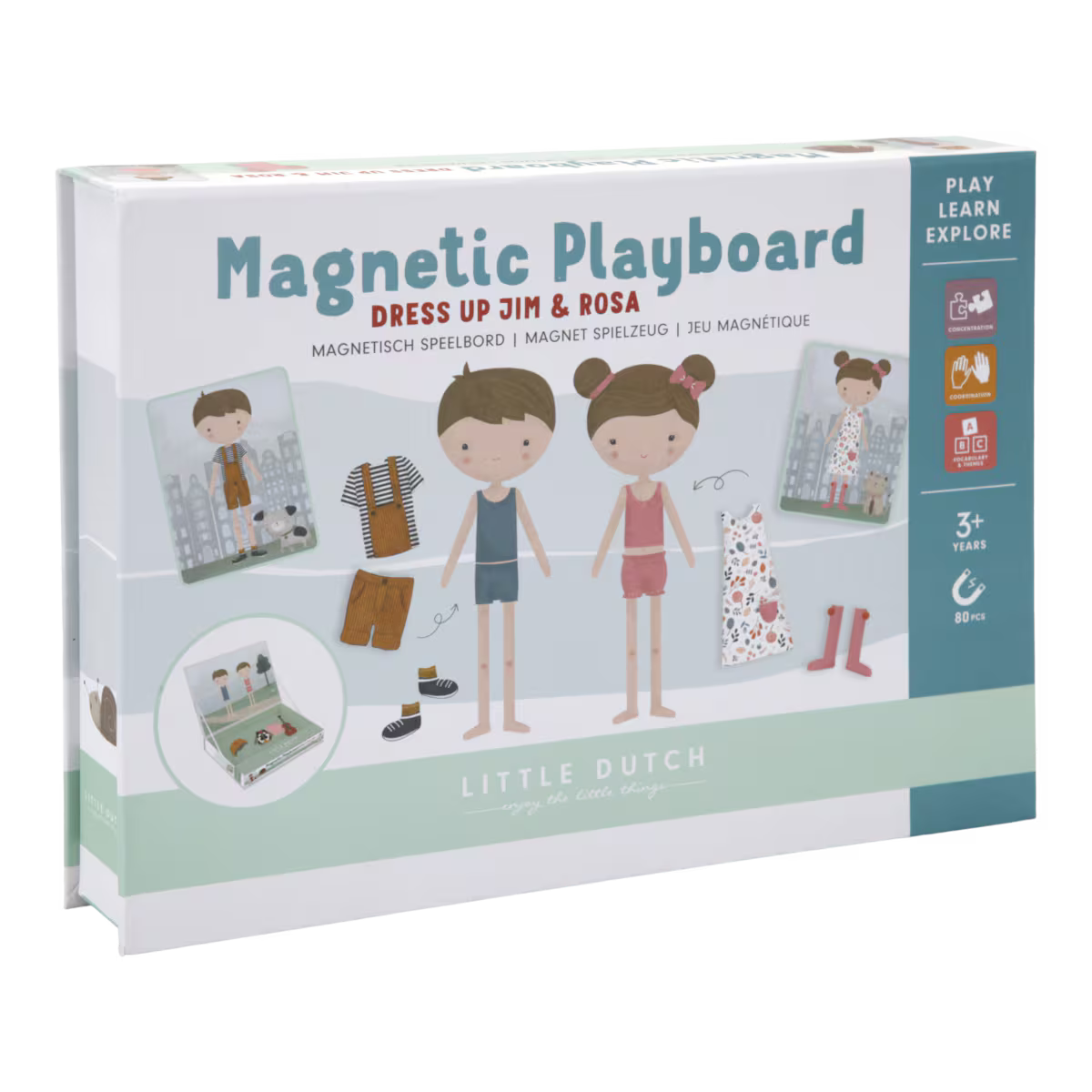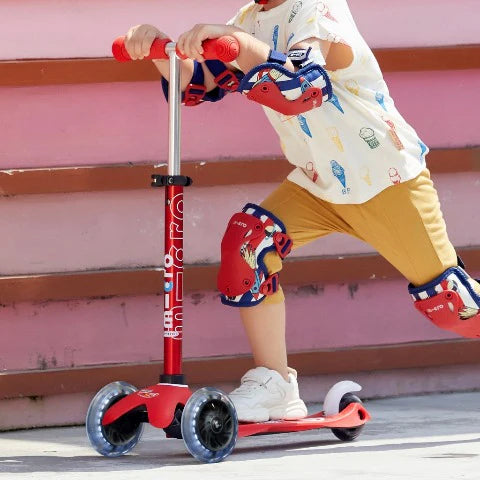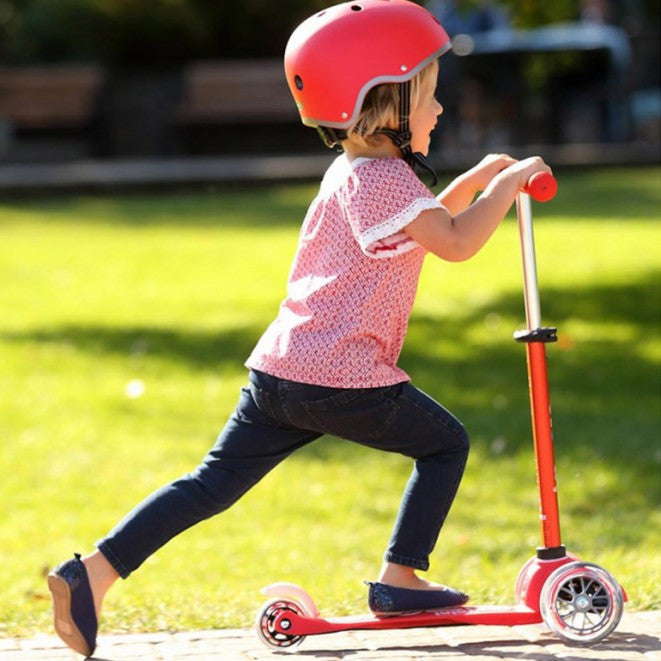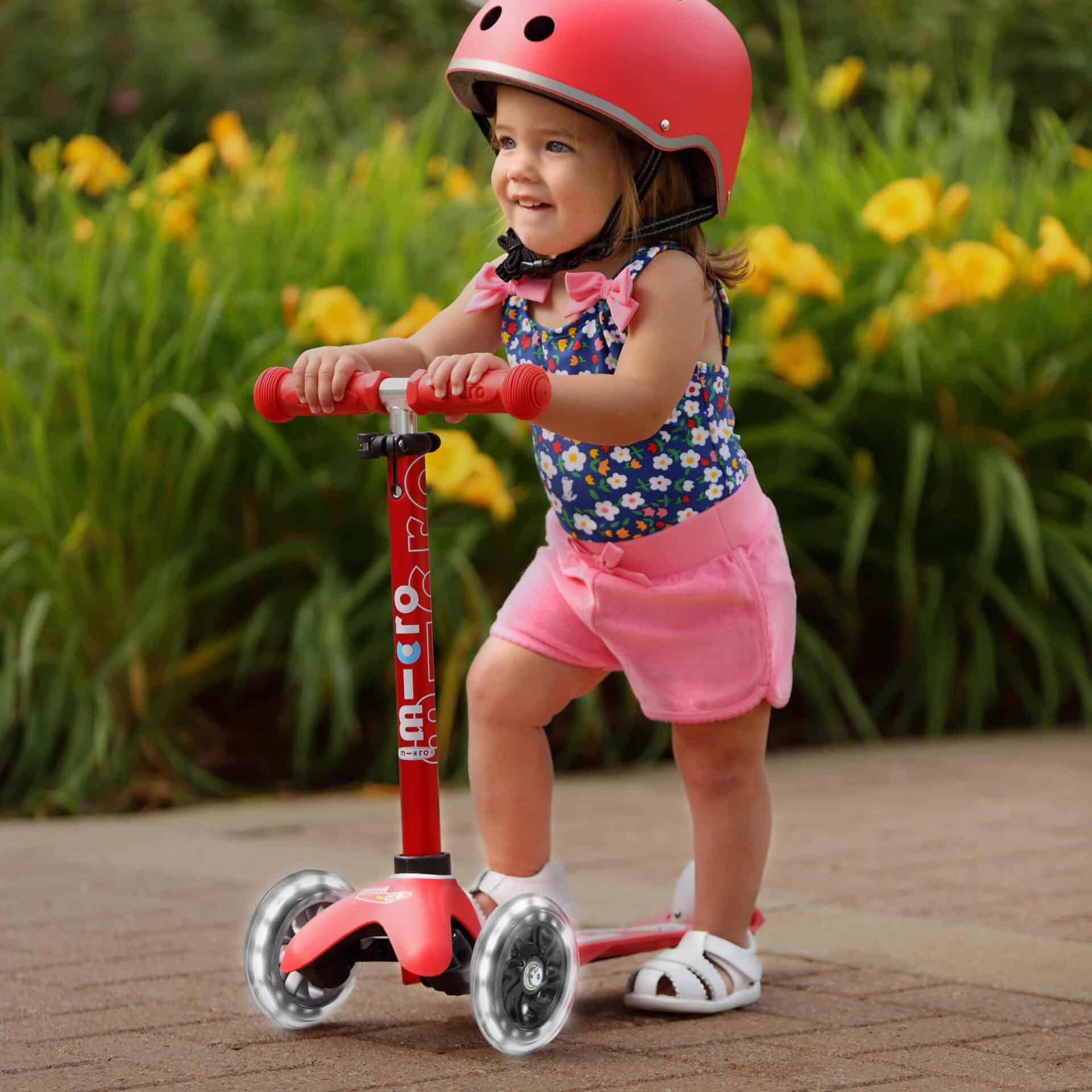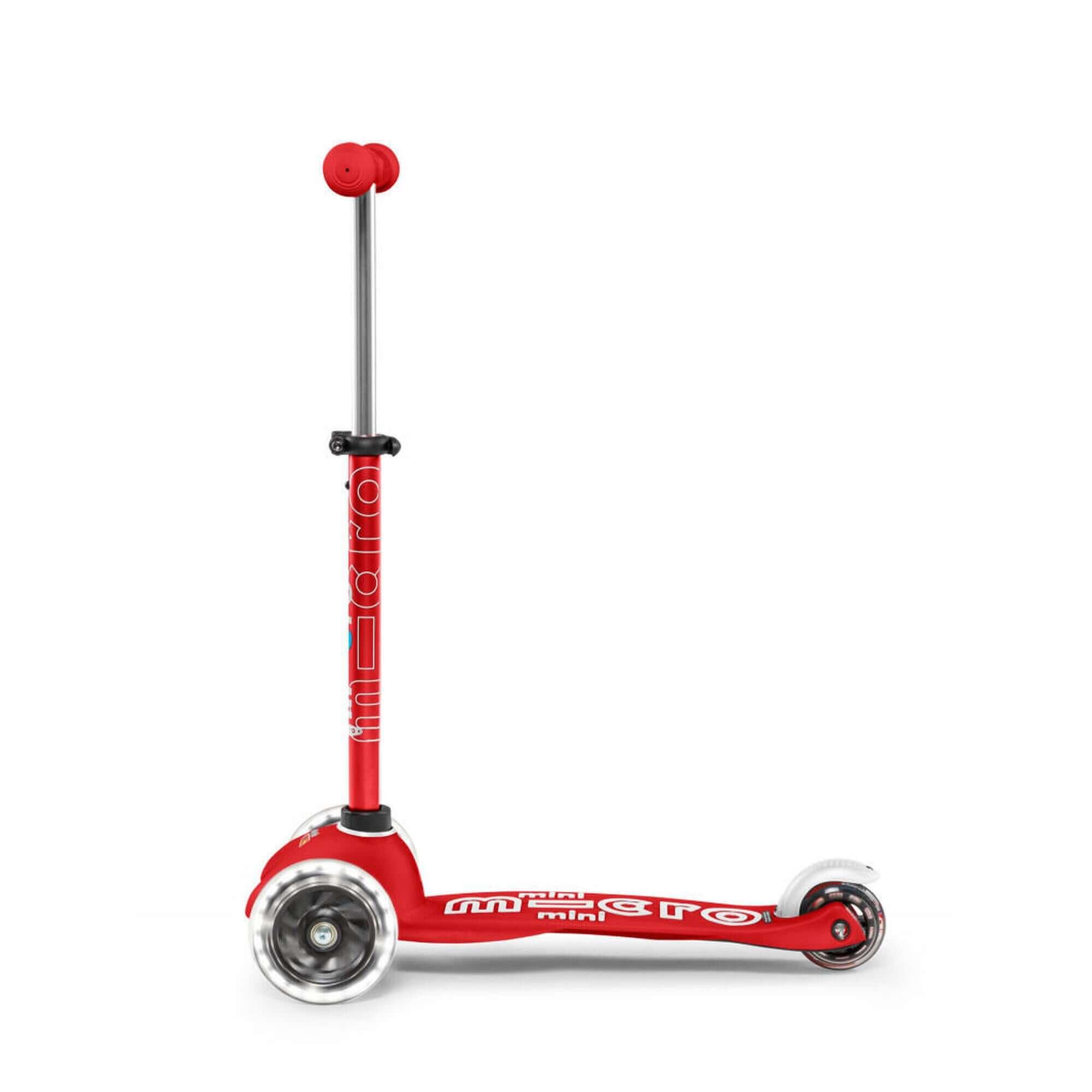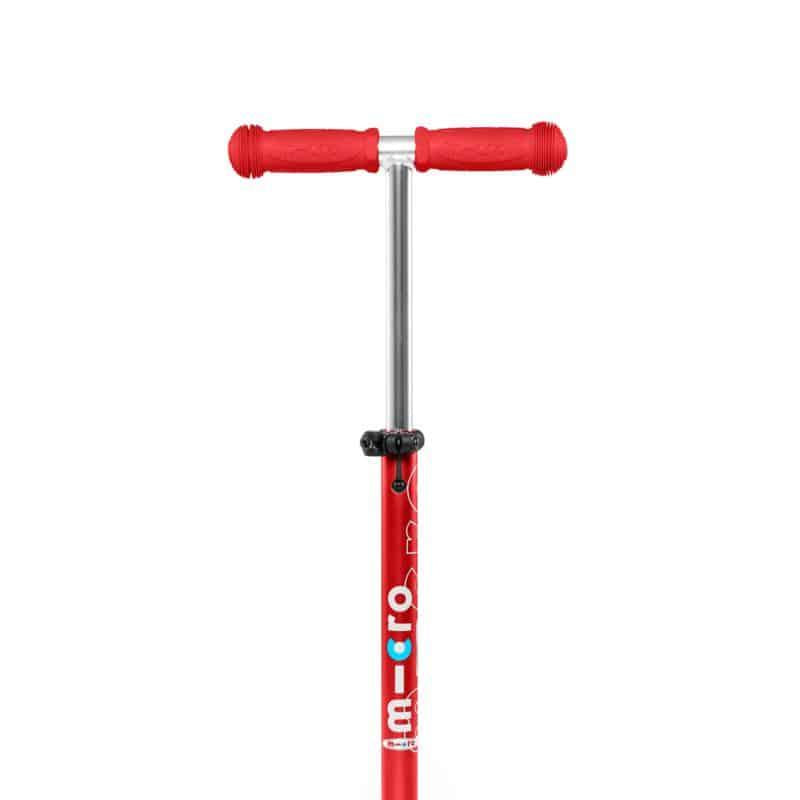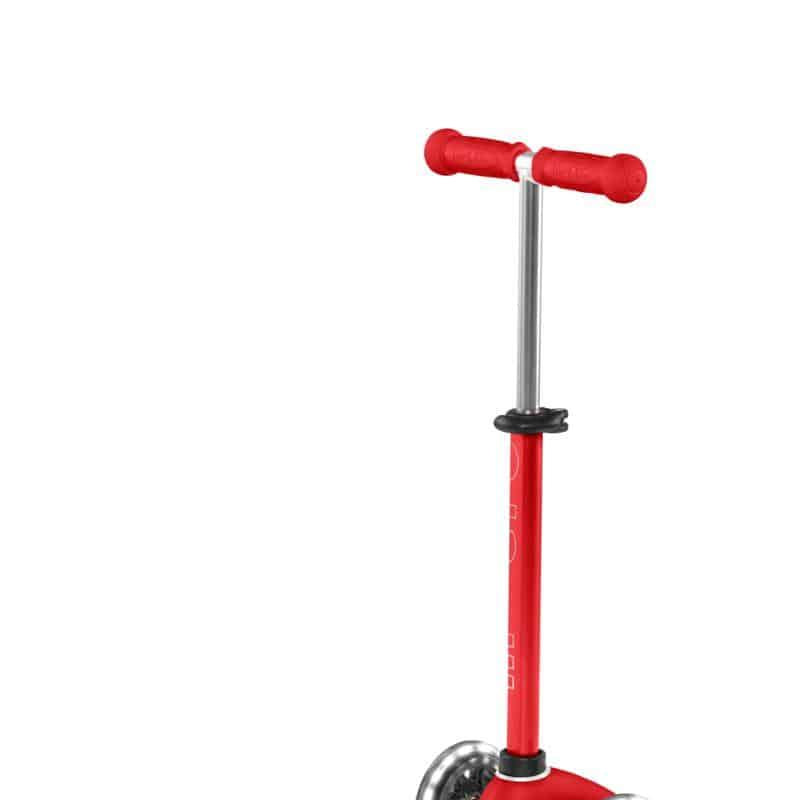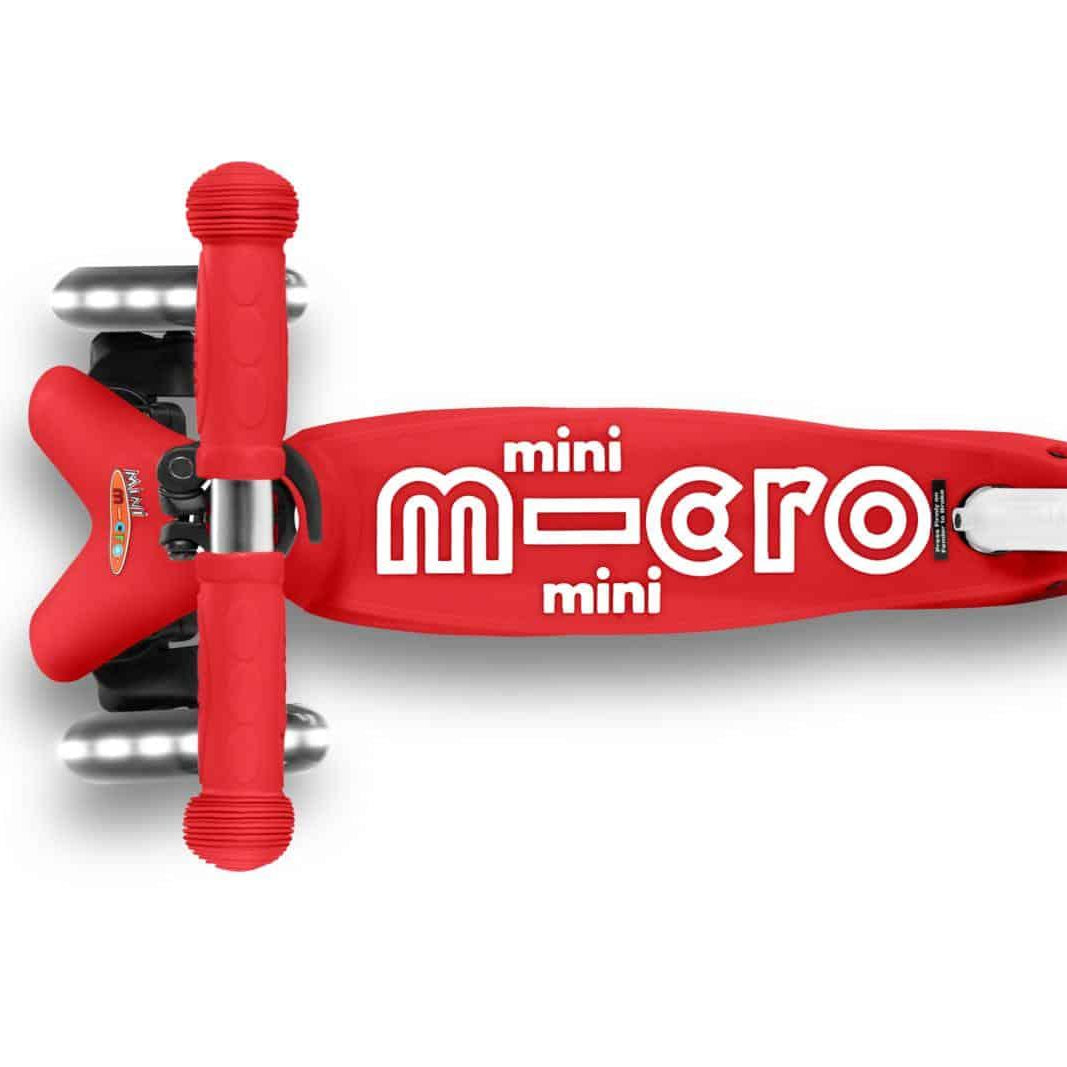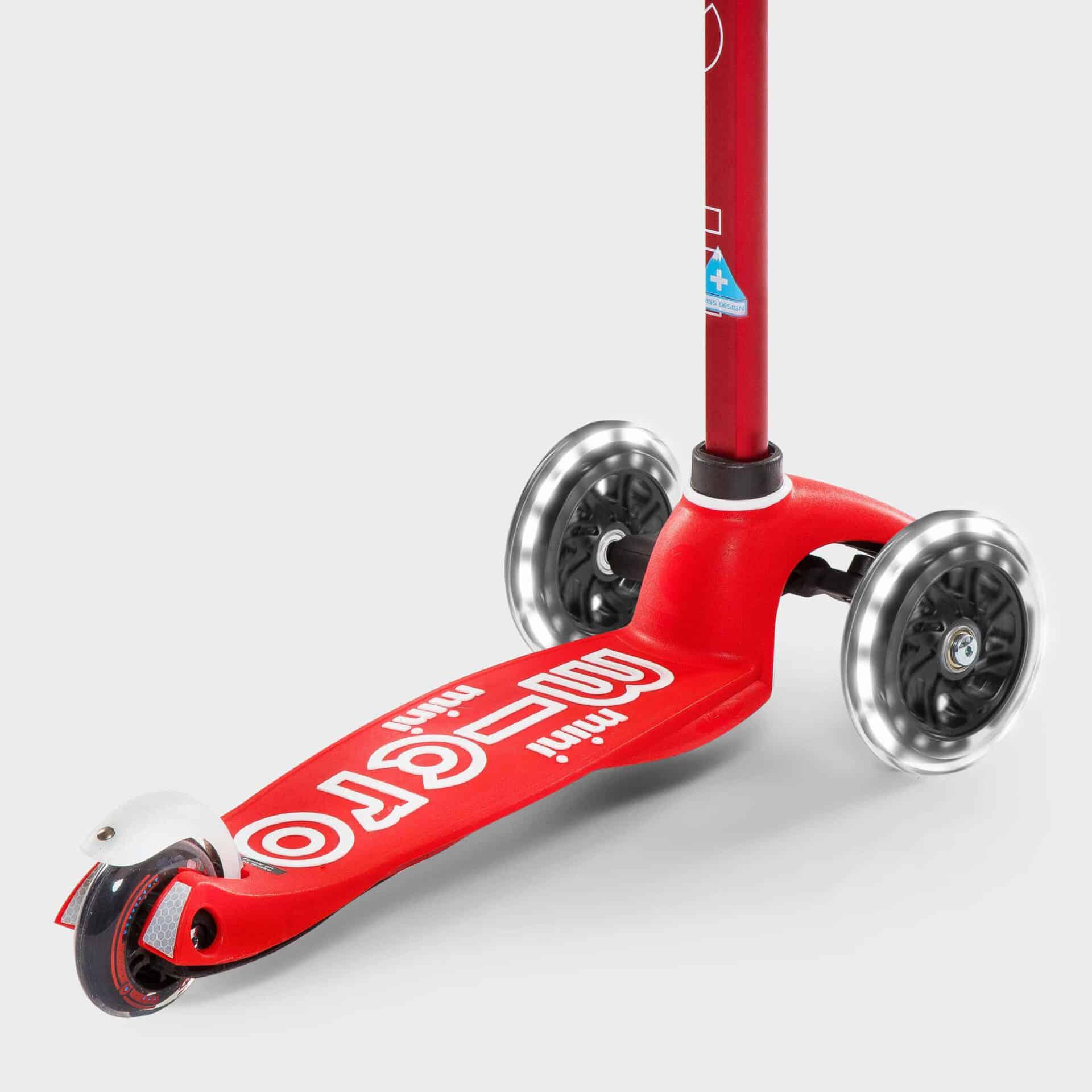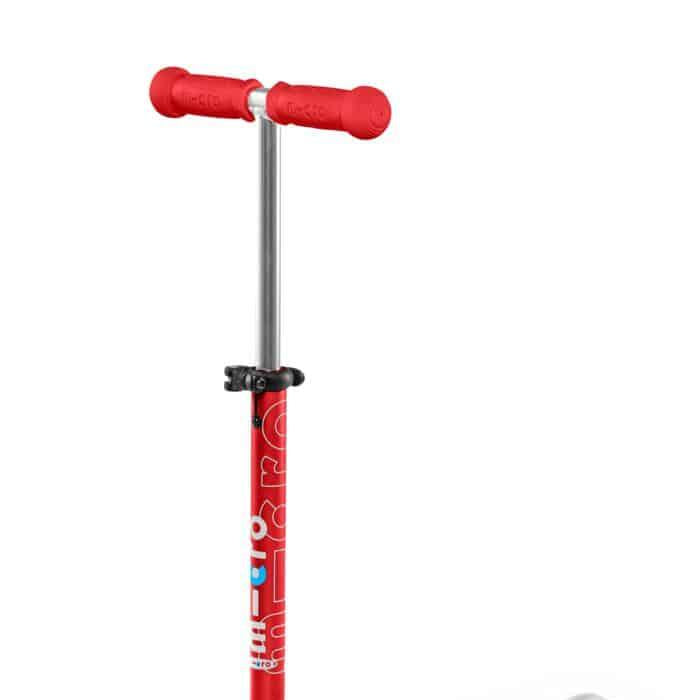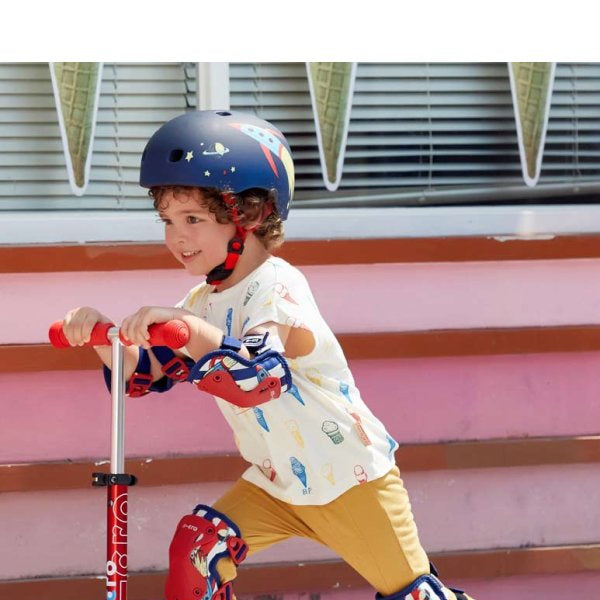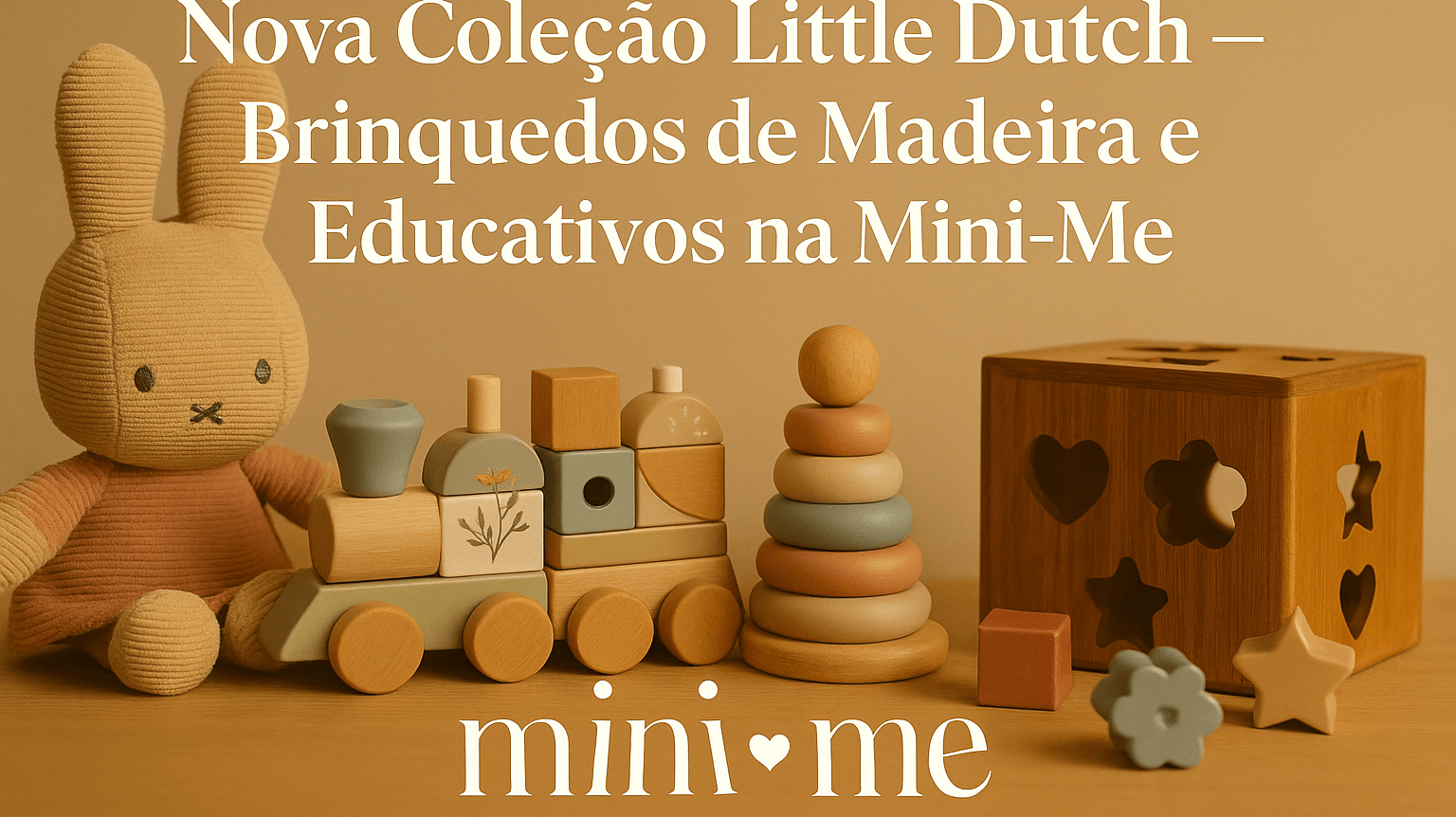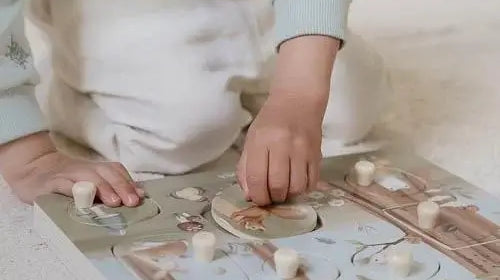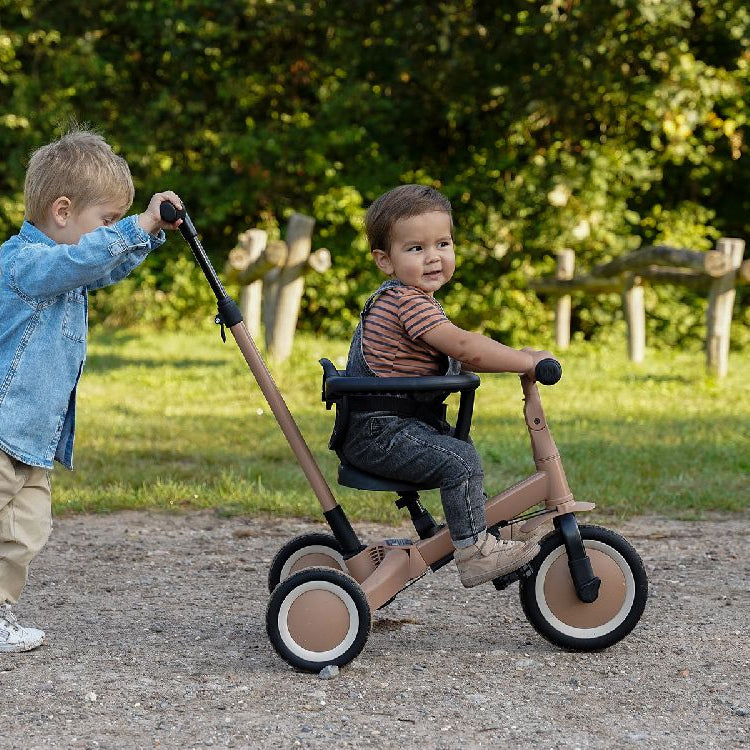Too close? Too far apart? What is the best age difference between siblings?
Whether you’ve always dreamed of having a family with more than one Mini, or you simply miss the early days and are now thinking about having a second baby, you’ve probably thought about these questions. While you can’t really plan an age range, you can certainly think about the best time to try!
Before you decide on your preferred interval, we suggest you also consider that studies on the subject suggest a minimum interval between births of 12 to 18 months, to avoid increased risks for both mother and baby. Some experts even recommend increasing this period to 18-24 months, especially in the case of a caesarean section, due to the risk of premature birth and to allow the mother an adequate recovery period.
If you have already considered these aspects, then, after all, when would be the ideal time to have a second child?
- 1 year difference
With a 1-year age difference between Minis, the risk is indeed a point to consider. But there will also be diapers. Lots of diapers. Day and night. The need for constant attention and the accumulation of tasks with 2 Minis will be a challenge! On the other hand – efficiency gains! The repetition of tasks and activities may even mean that you will have more time, as daily routines will be shared as a family and imitation can help. Sharing may even be the most positive point, as there will be 2 Minis with very similar interests, who will have the memory of being together forever. It will probably be the best break to get a puzzle or a drawing book and stimulate everyone's creativity!
- 2 years difference
After 2 years of separation, the risk for the mother will have normalized and the stress for the parents will not be as intense. By now you will probably have settled on (some!) household routines and your 2-year-old Mini will have (some!) autonomy. There will still be shared interests between Minis and, as a bonus, since you still remember the best way to pack your maternity bag, you will maintain the efficiency gains!
However, 2 years is an age known for demanding attention, and the arrival of a new Mini into the family may bring some more difficult moments to manage. Perhaps an educational toy could help with integration?
- 3 years difference
At 3 years old, your Mini will be a grown-up, interested in activities of his own without needing all of his parents' attention. There are many interesting toys for this age . Parents will have some time during the day to dedicate themselves entirely to the new member of the family, just like the first time. He will also be able to bring back the things he had stopped using, such as the nest and the learning cup, but with the added confidence of someone who has been through it before.
On the other hand, the days of sleepless nights and piles of diapers are probably long gone and will return now, with parents feeling much less rested than they were the first time around. The bond between siblings may also not be as strong, as the type of play they play with will be different for each child.
- 4 or more years difference
Parents are now experts in Minis! The whole family is more mature and their daily worries have diminished. The older Mini will now understand who the new member of the family is and may even want to help. This is a good thing, because after so many adventures, parents may have some difficulty remembering how to put on the swaddle in the first few months. The downside is probably that there will now be even fewer shared interests among the Minis, as the family of 4 (or 5, or 6!) may have to split up to go to all the activities.
Whatever your family's choice, they will all have their advantages and disadvantages, fitting better or worse according to your preferences and family context.
At Mini-Me we believe that adaptation is part of the journey – and we are here to help!


